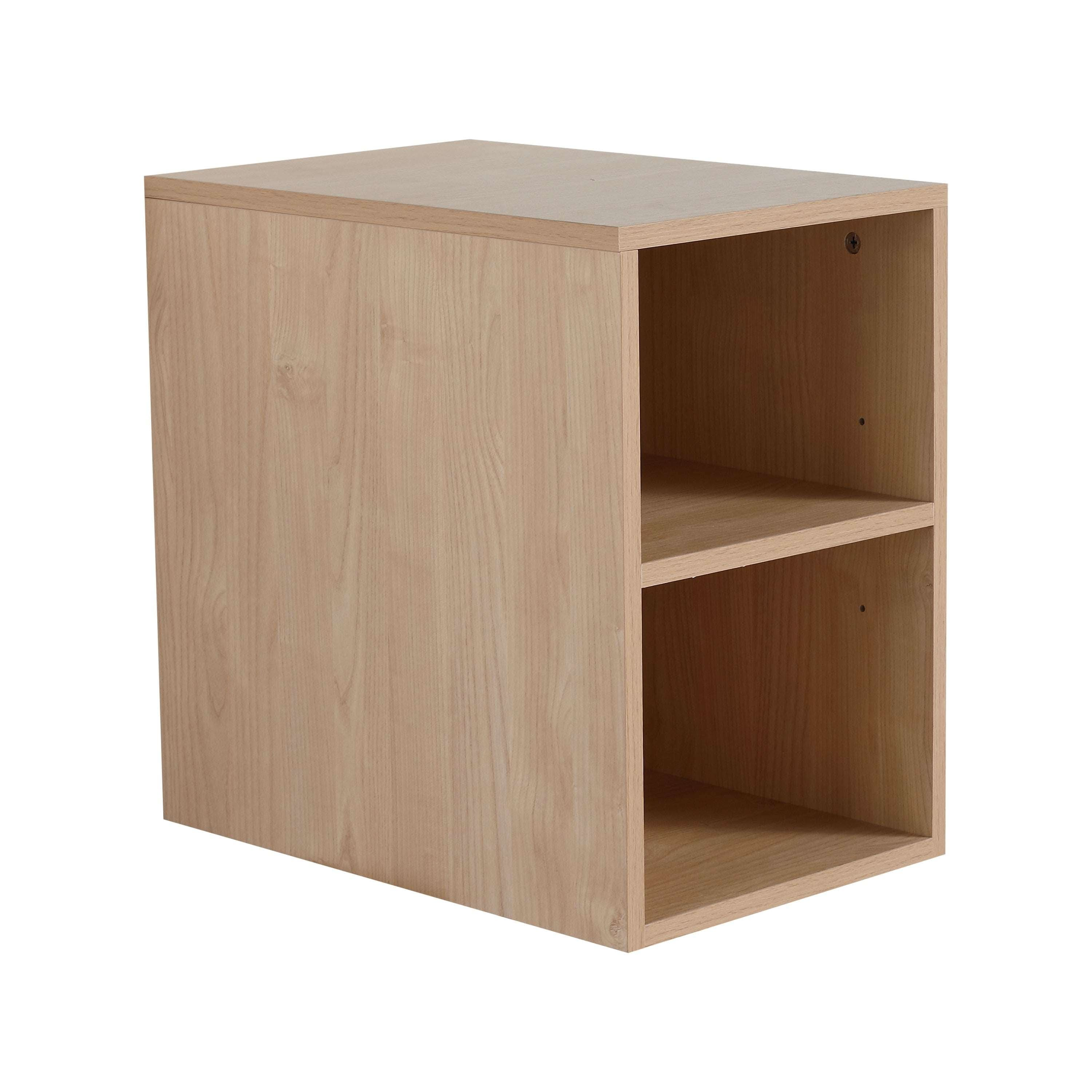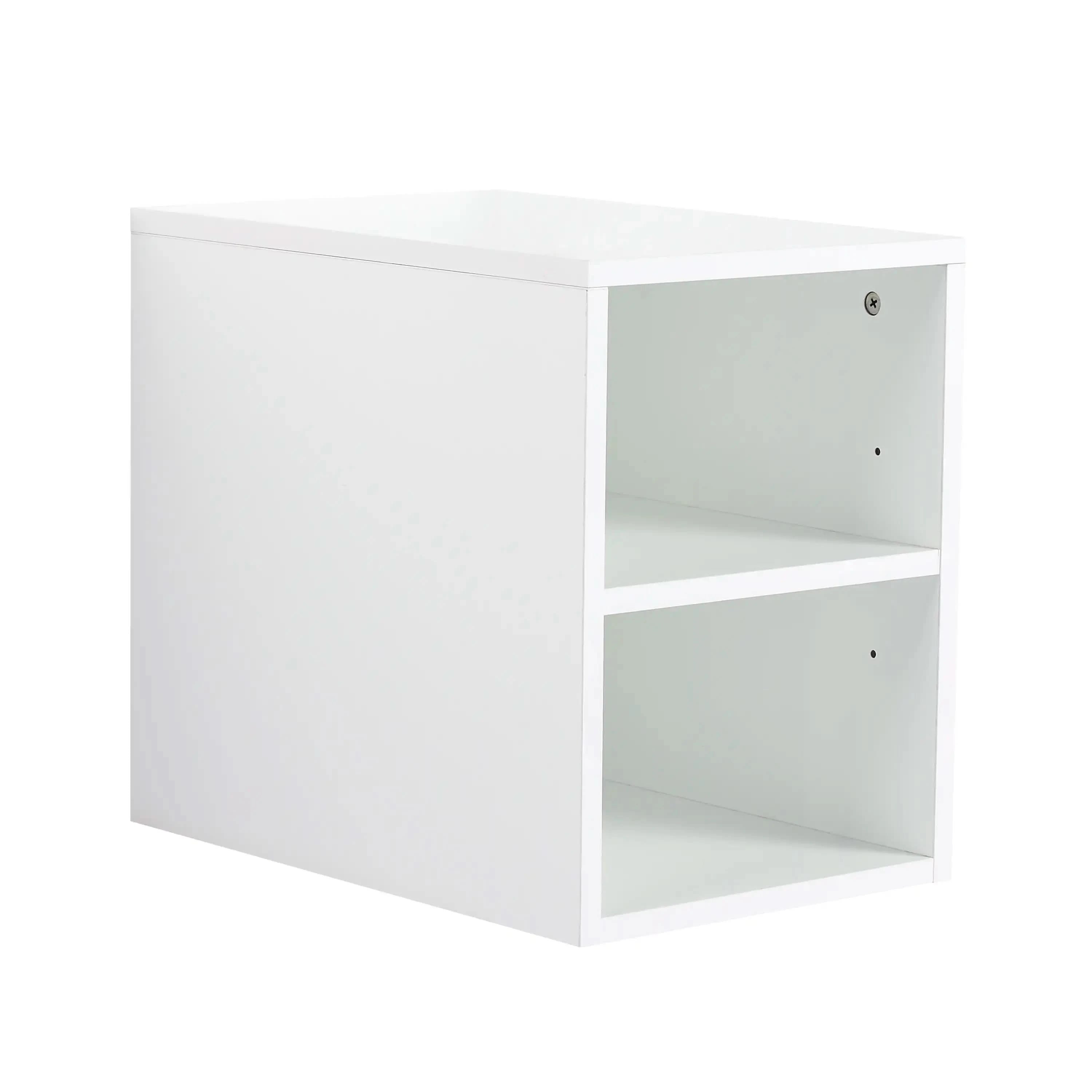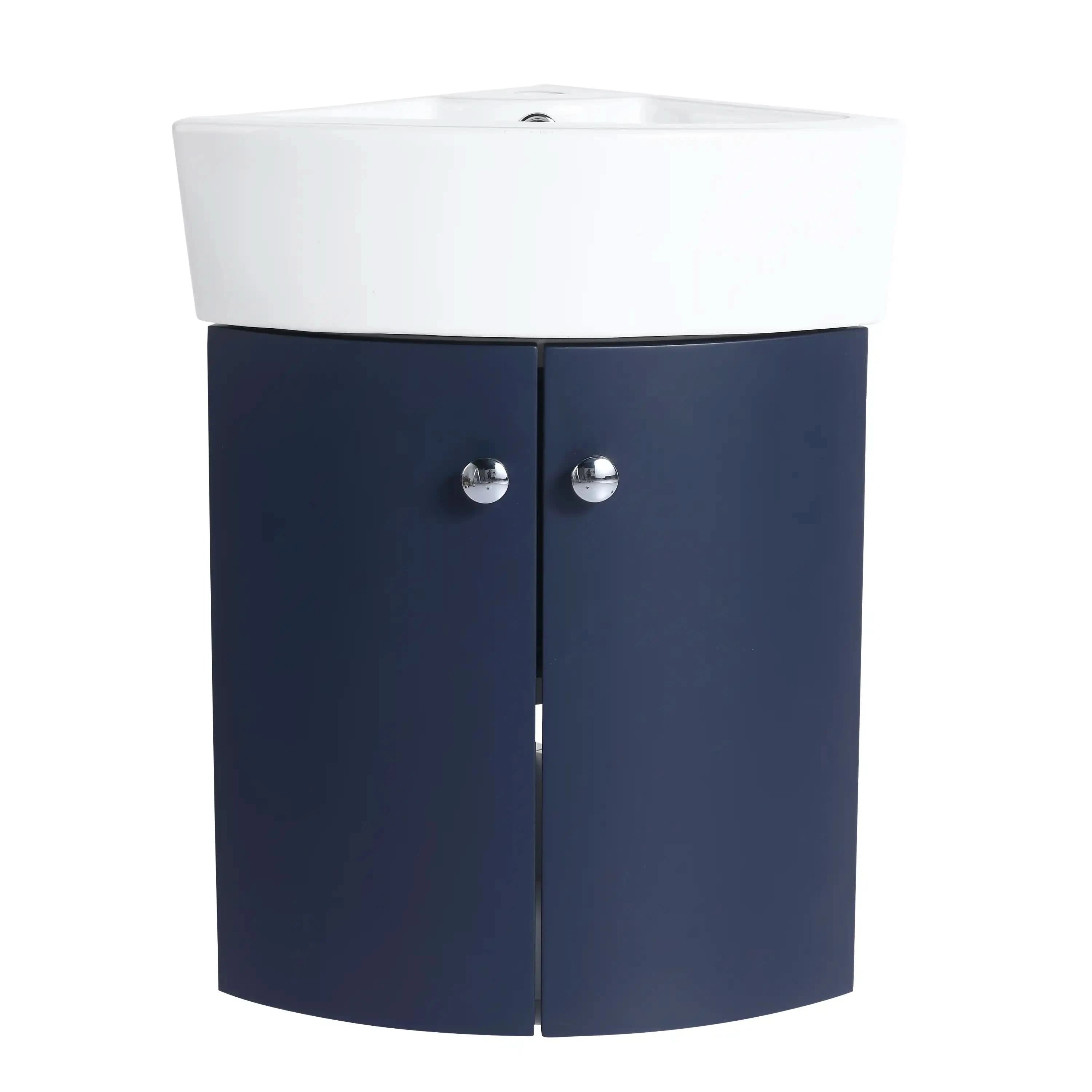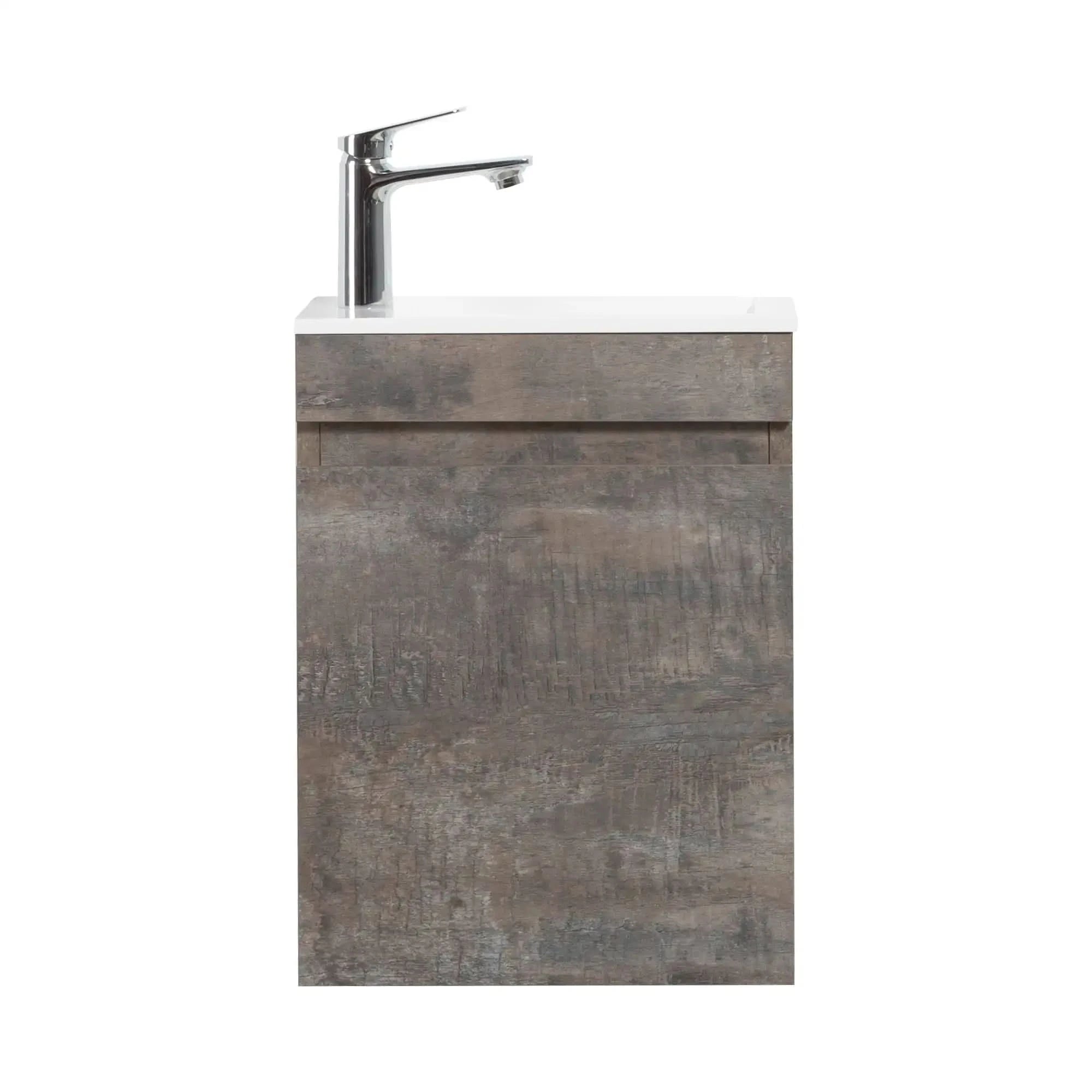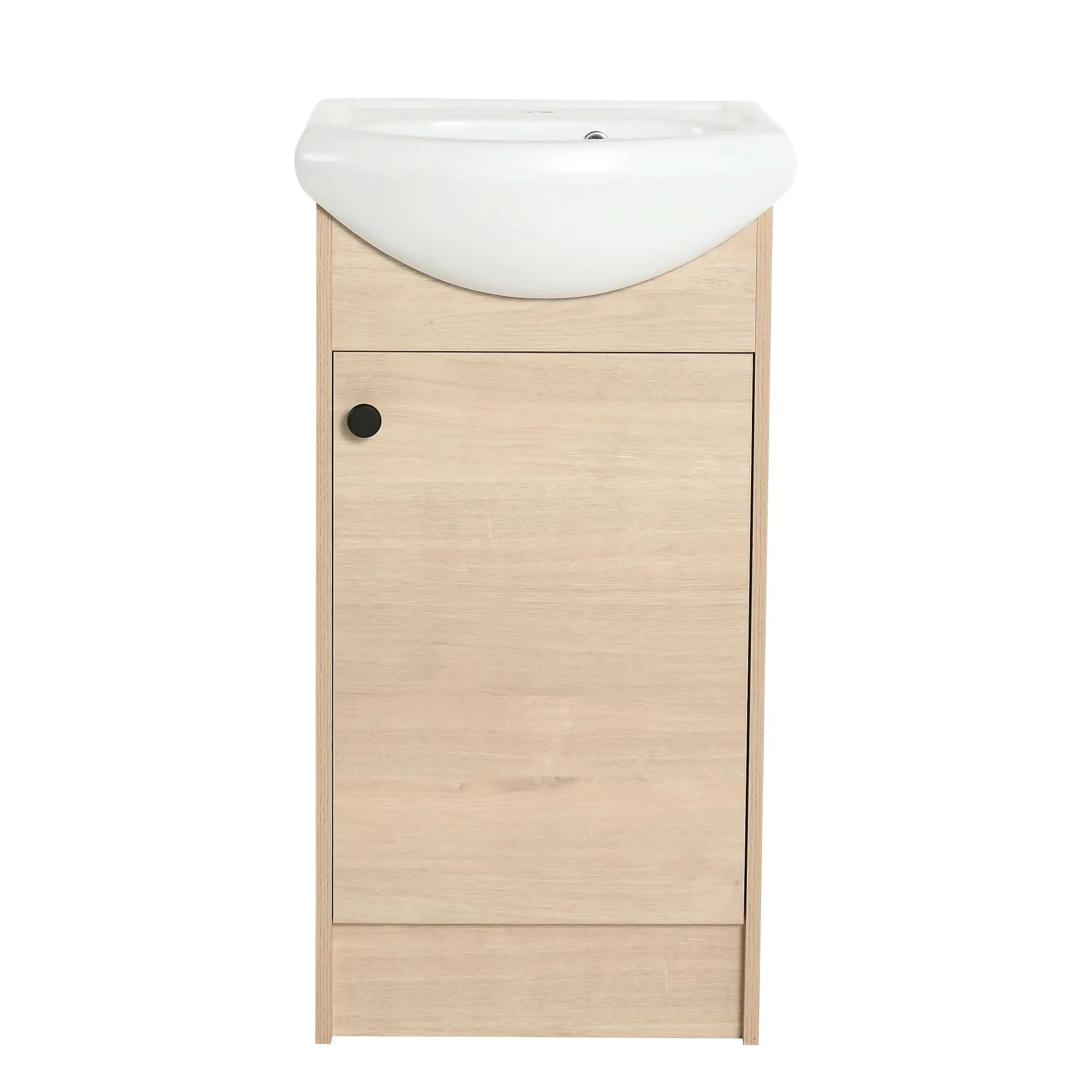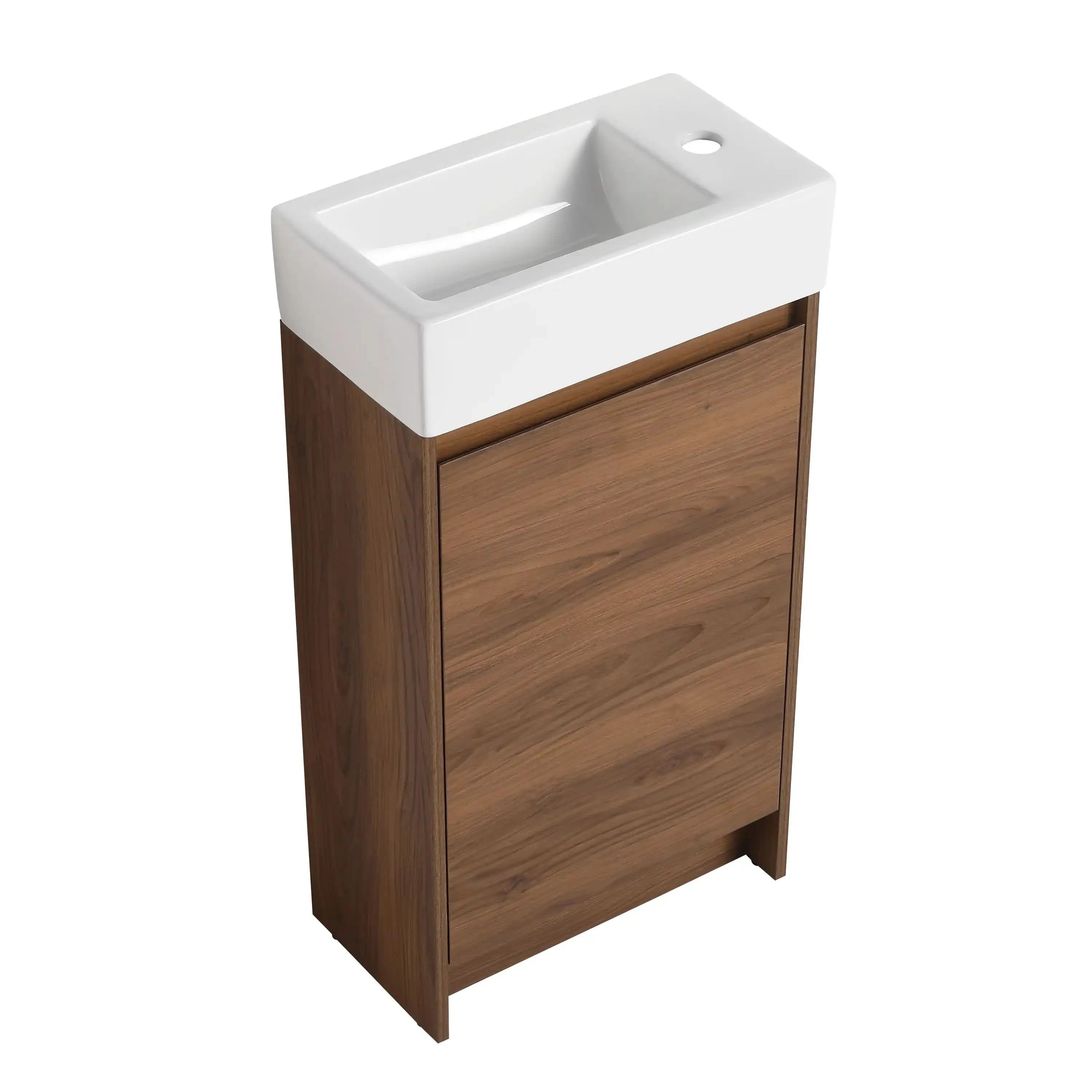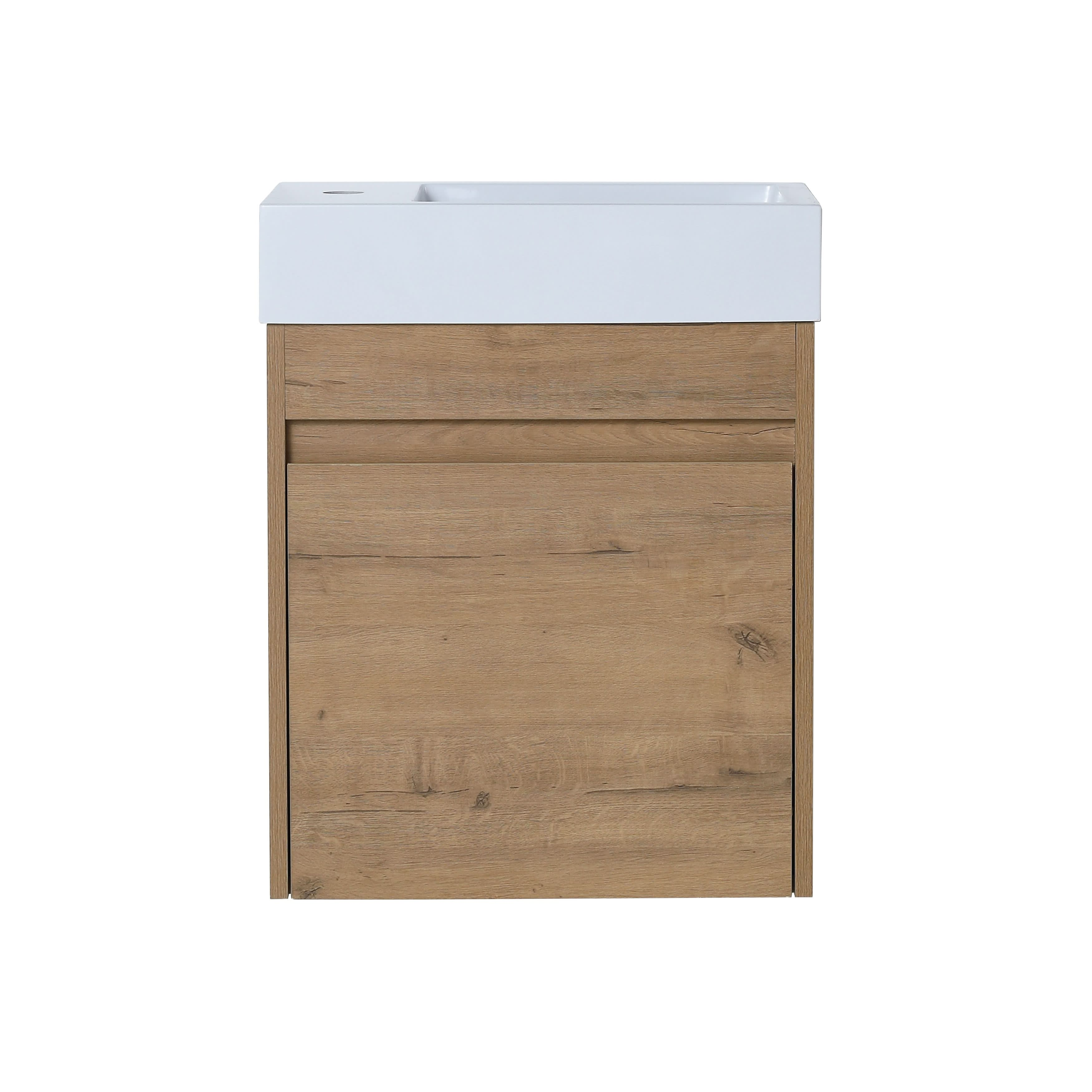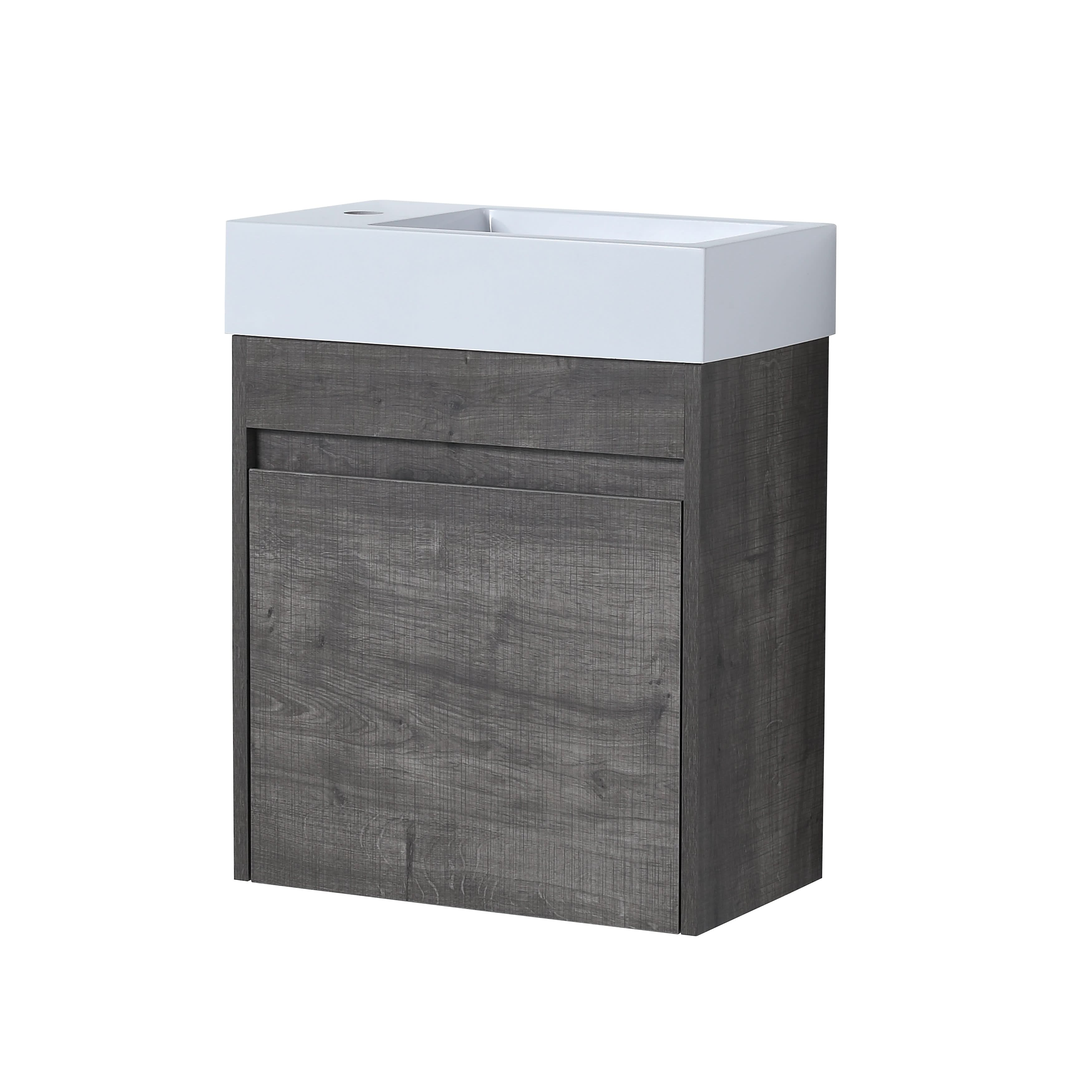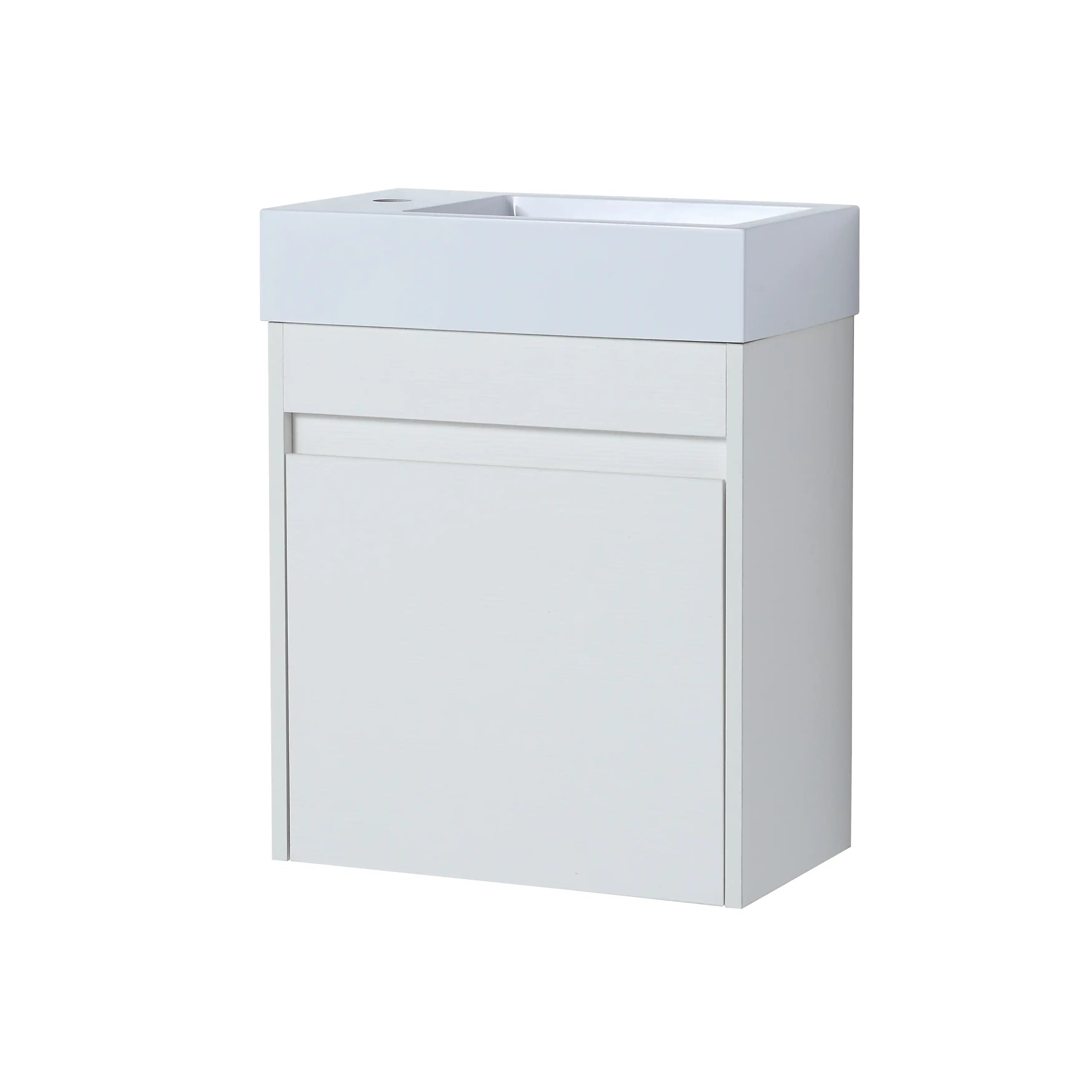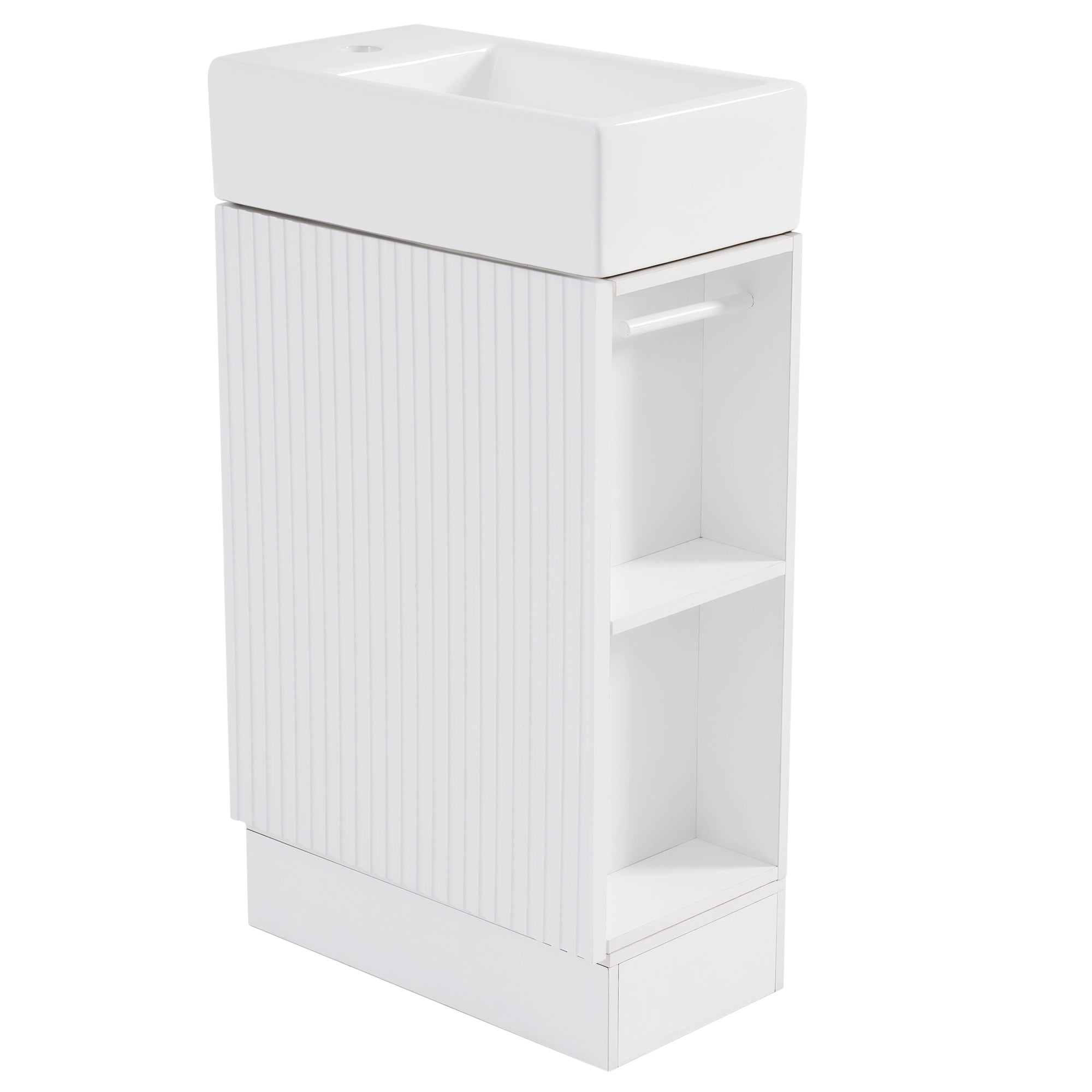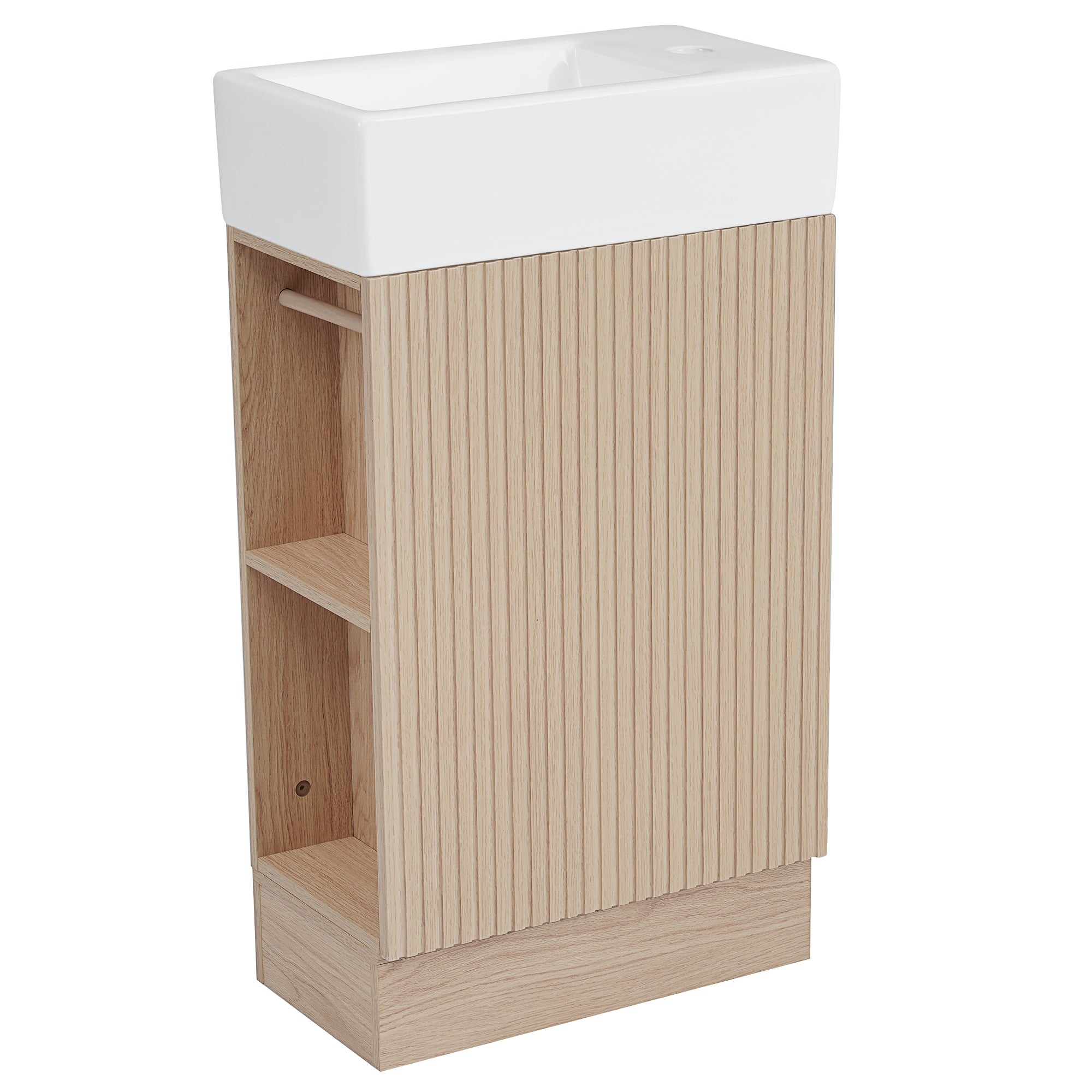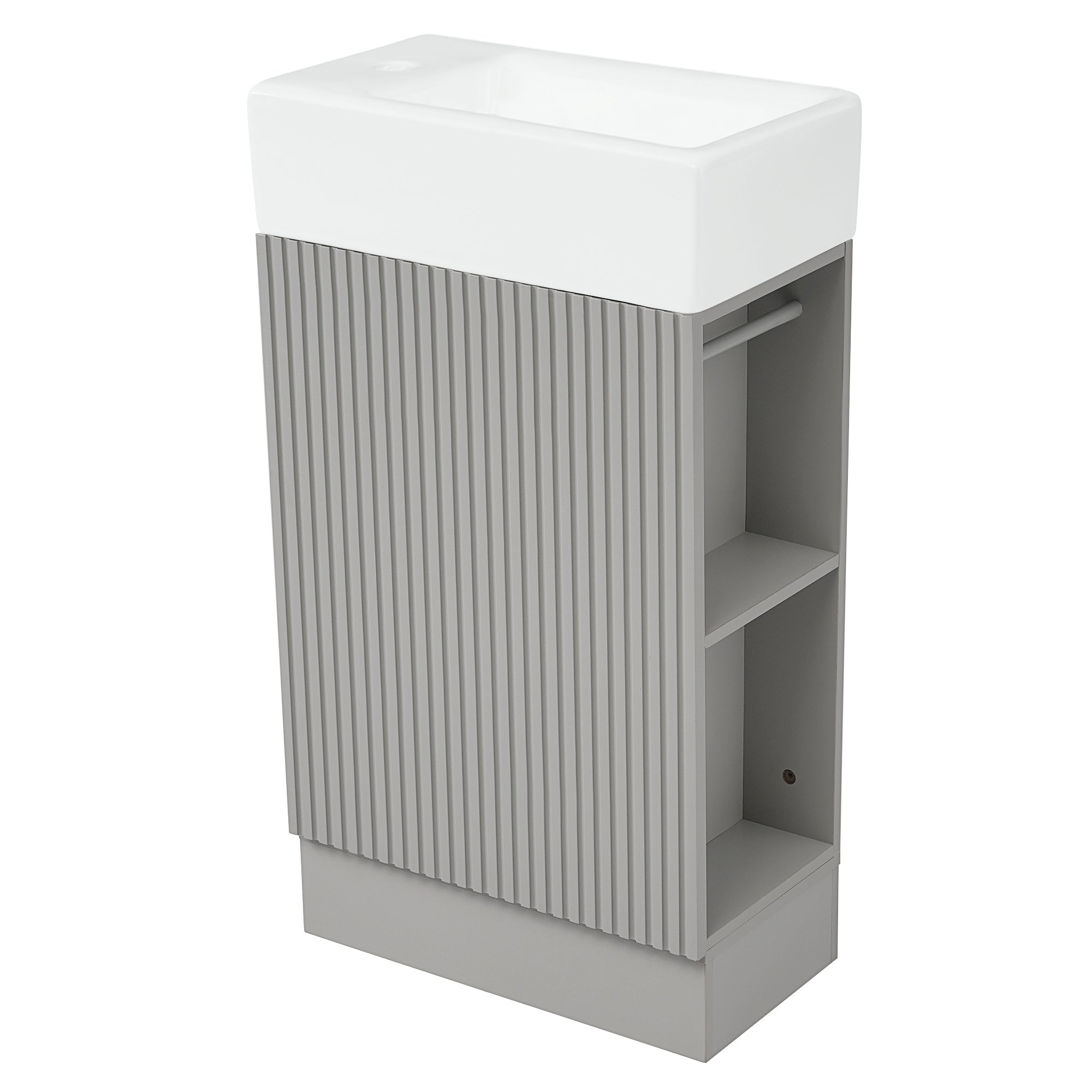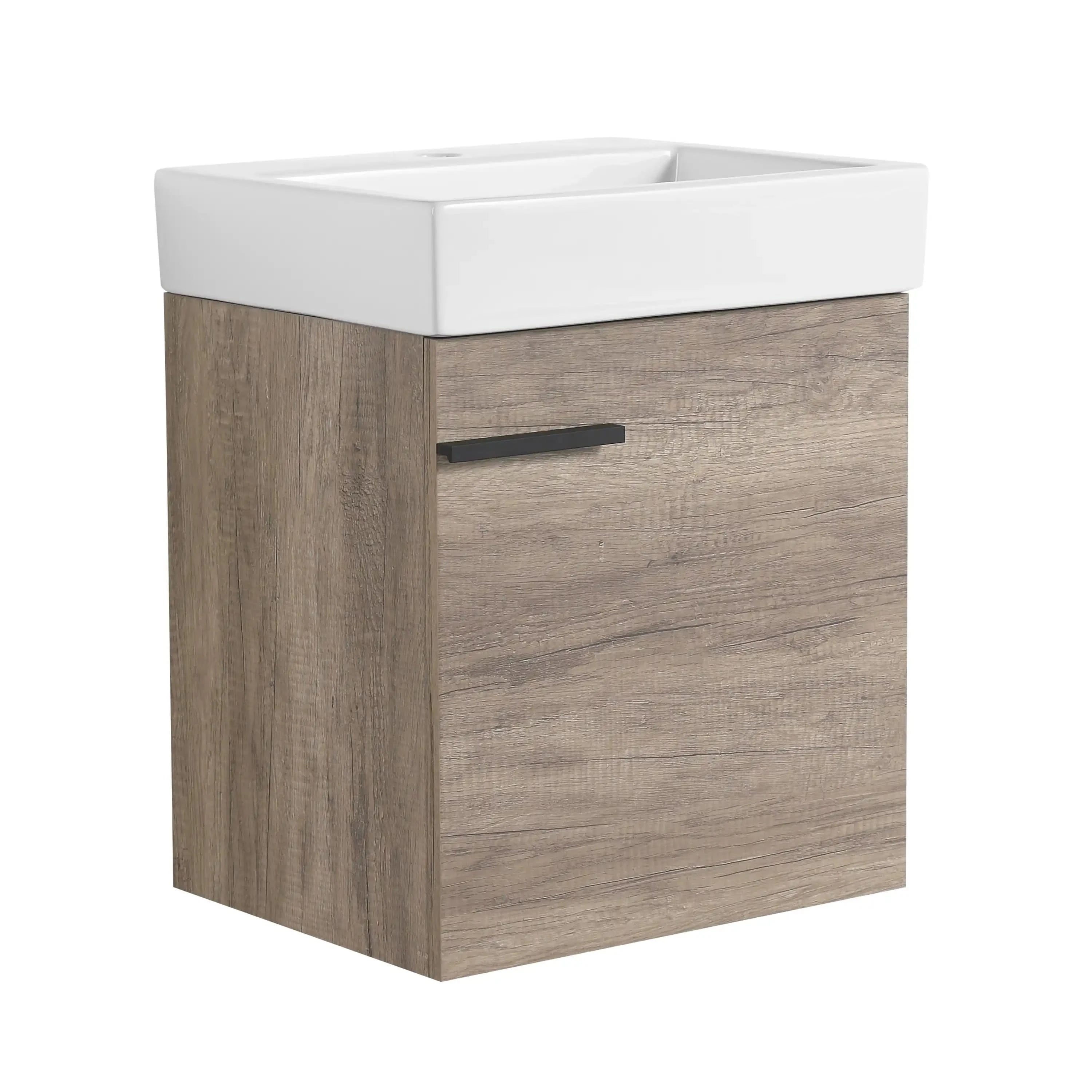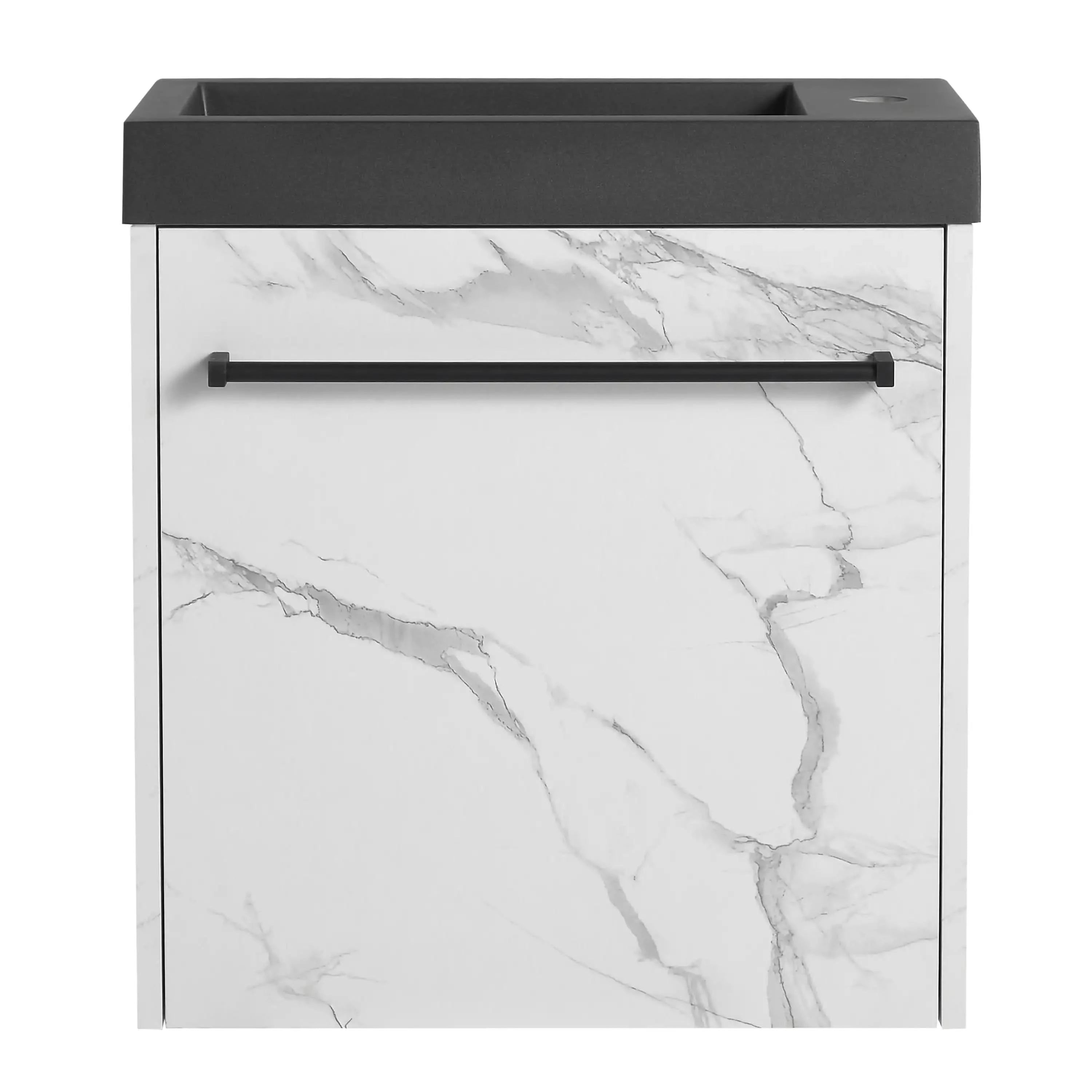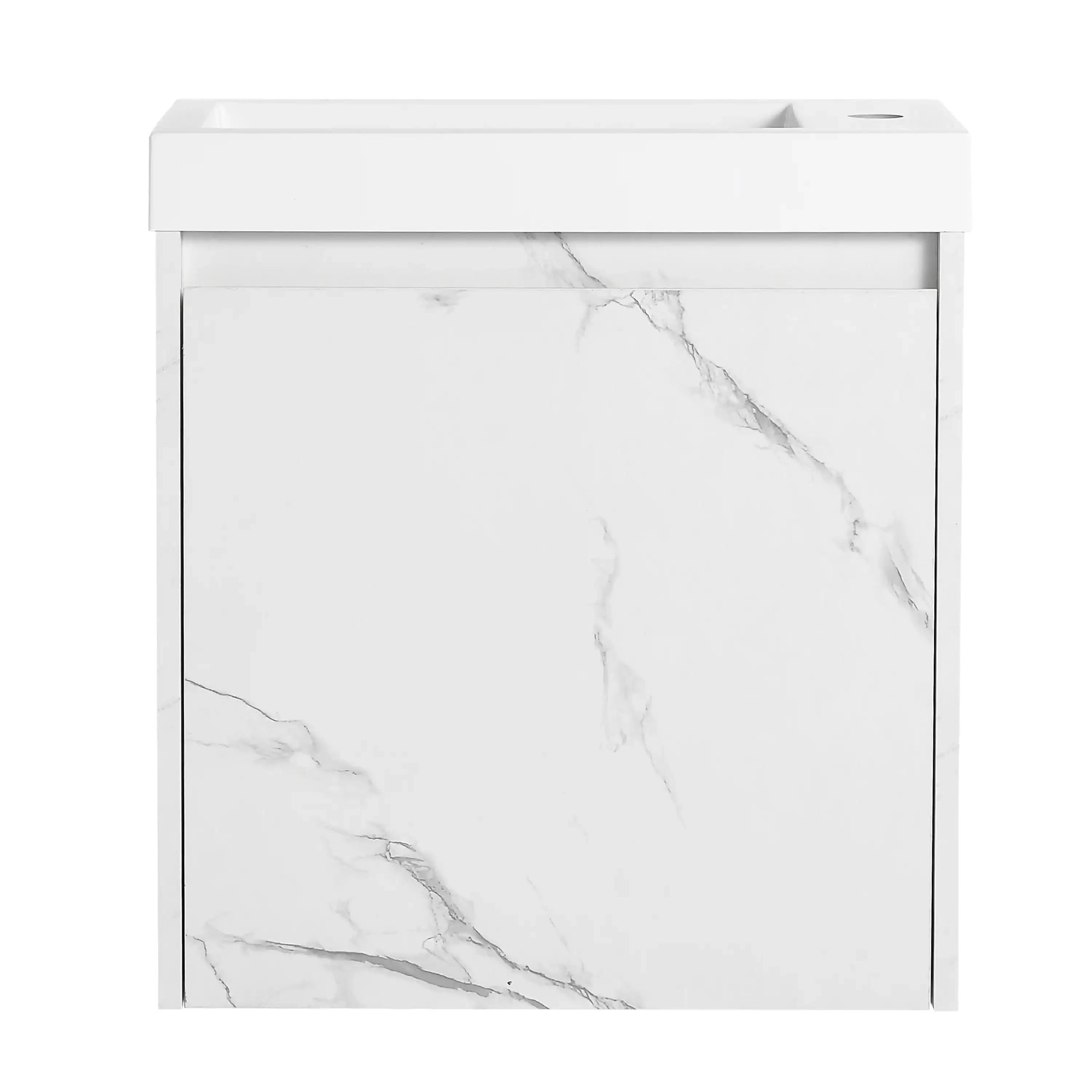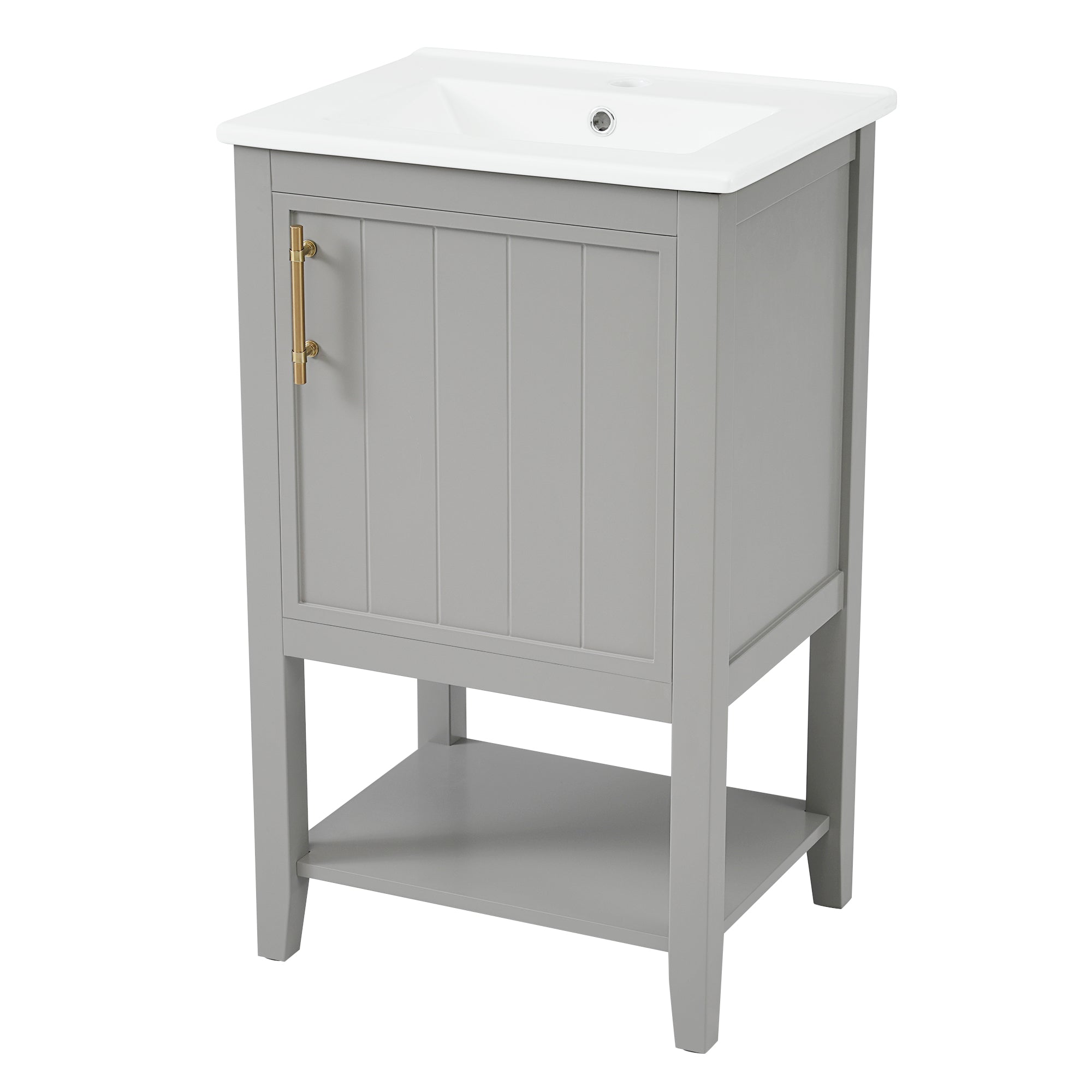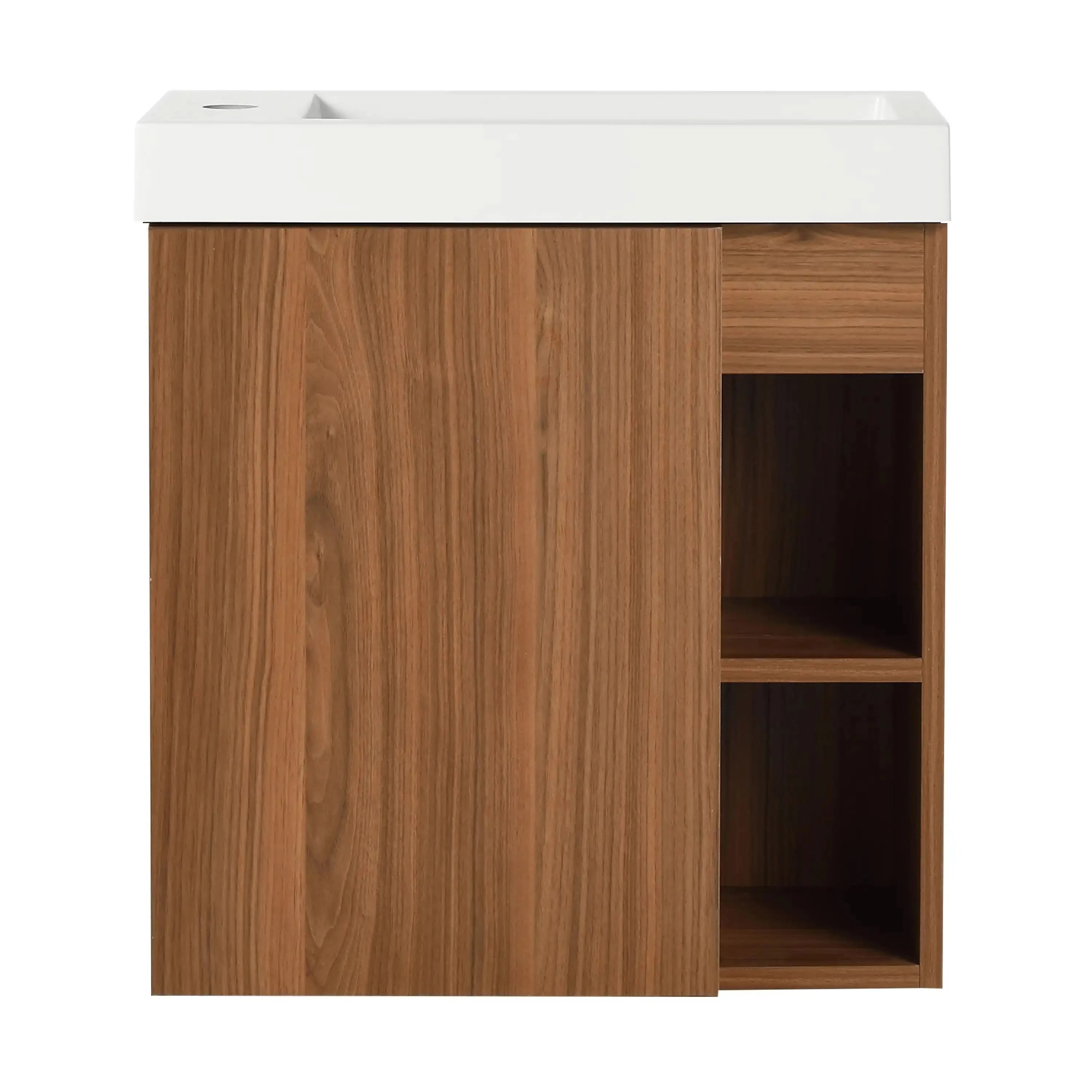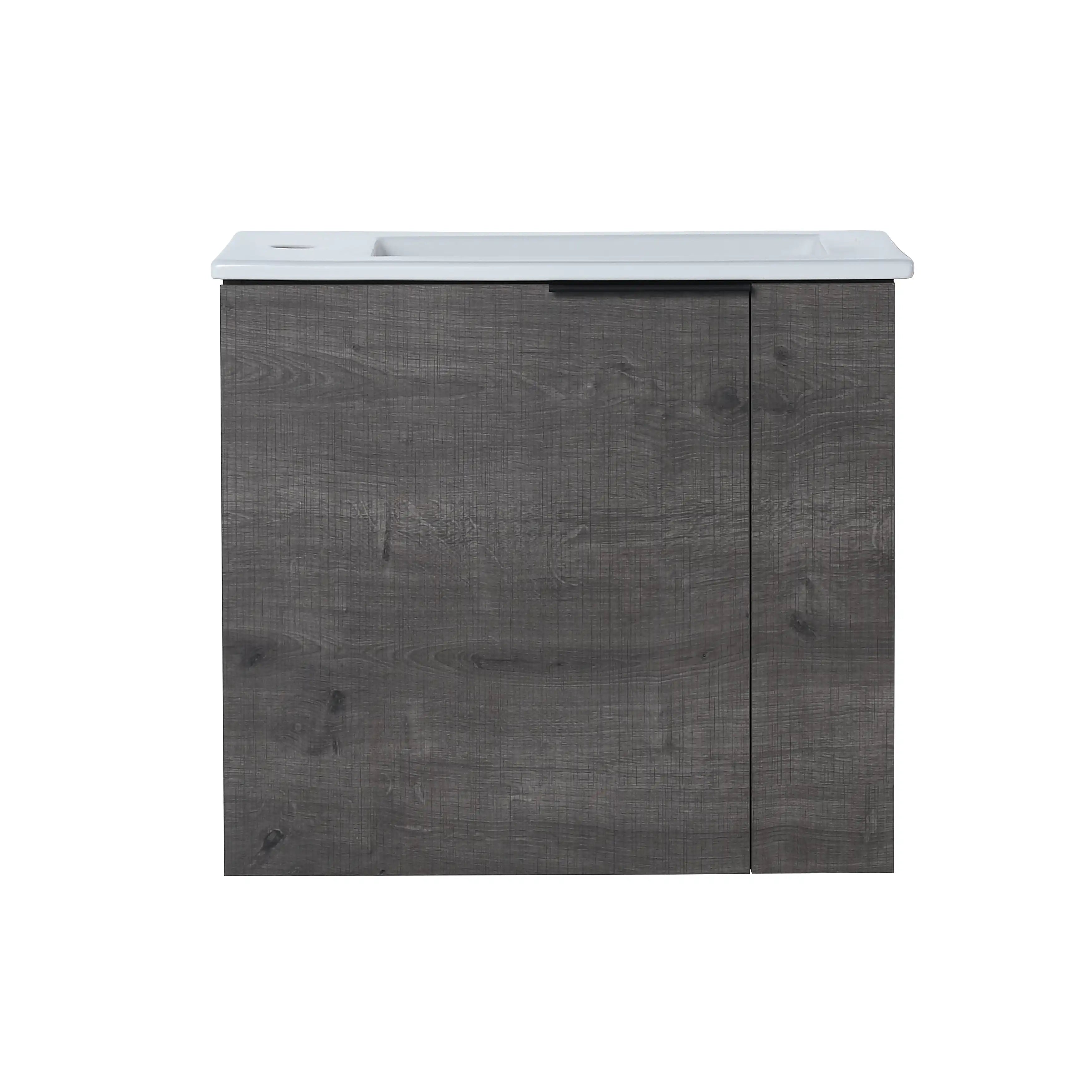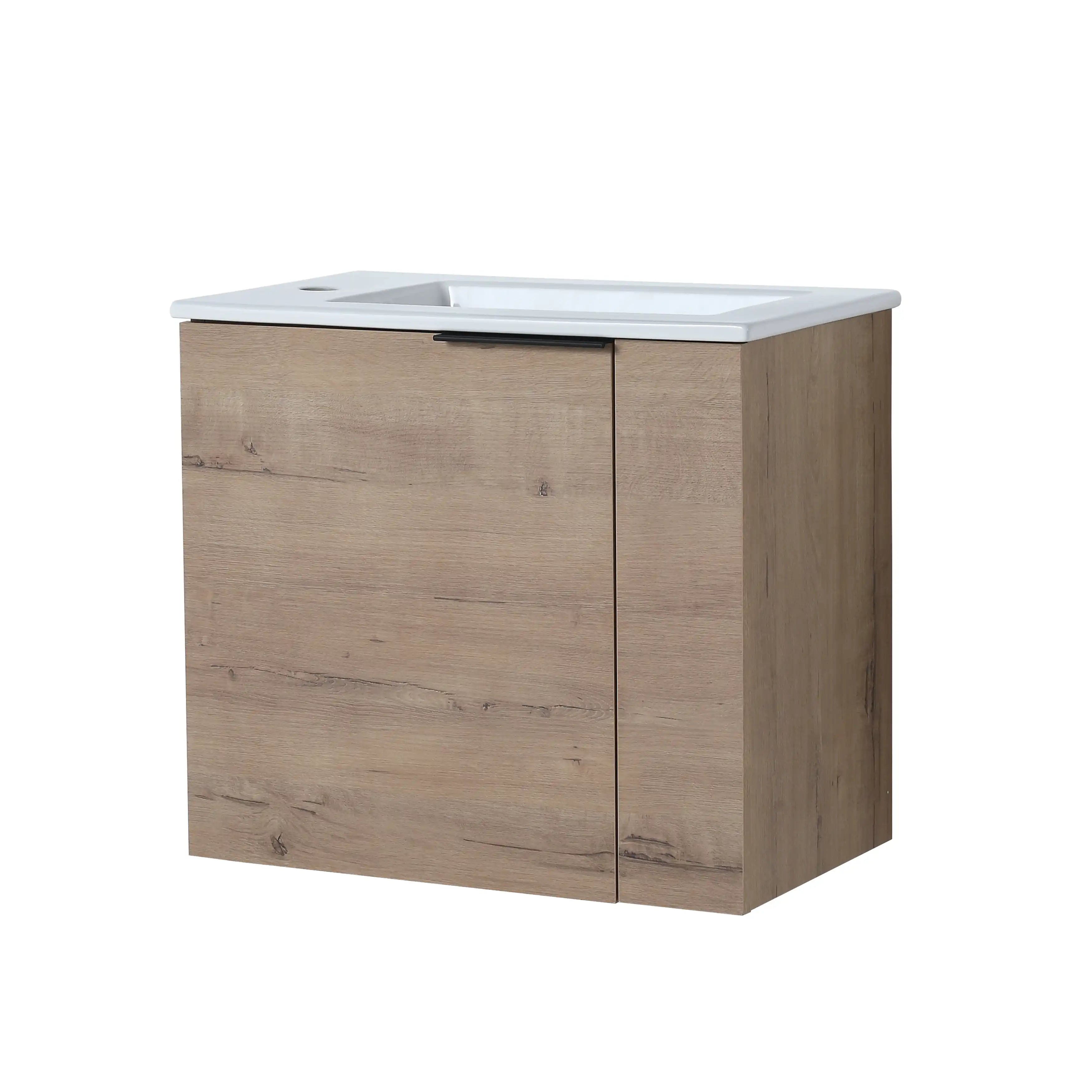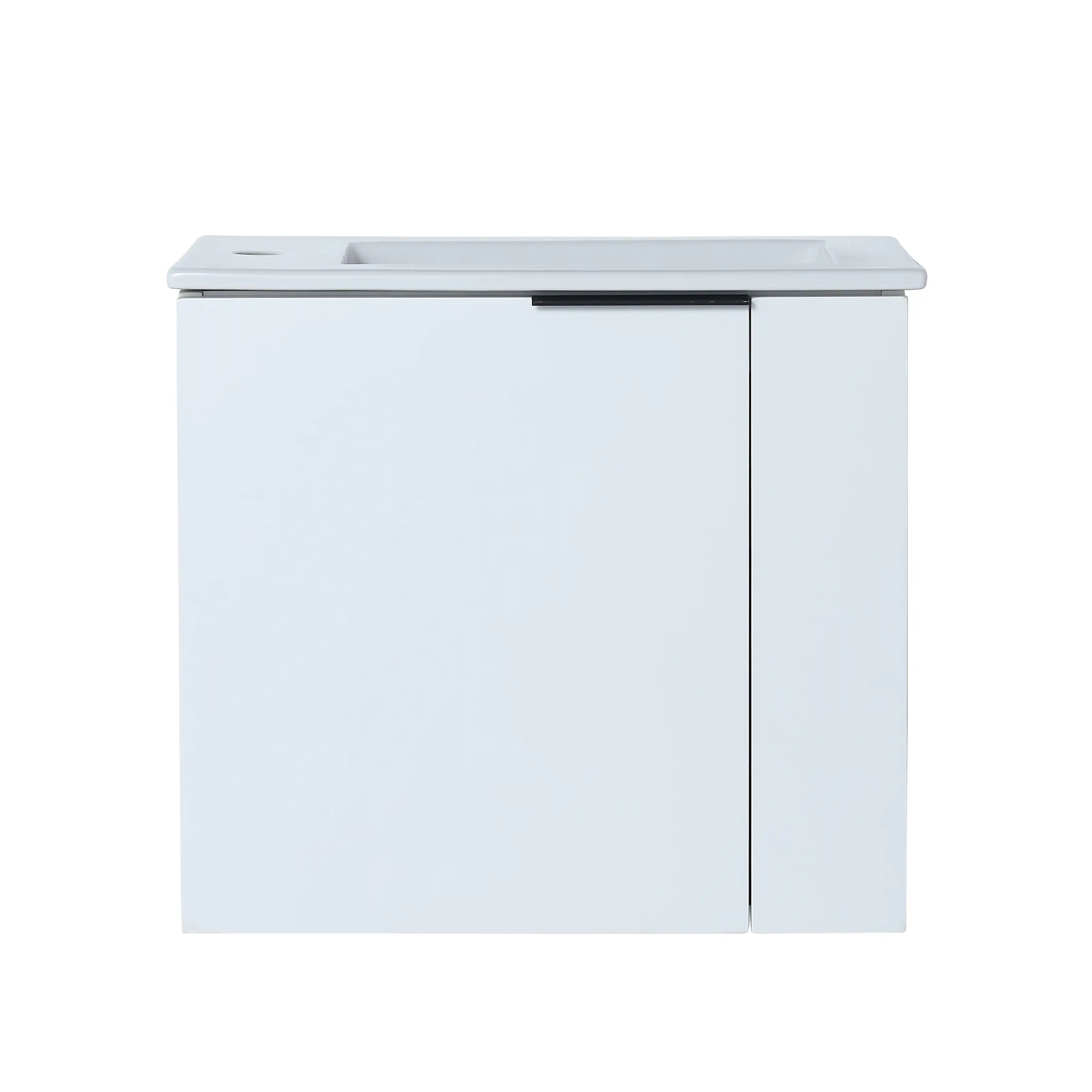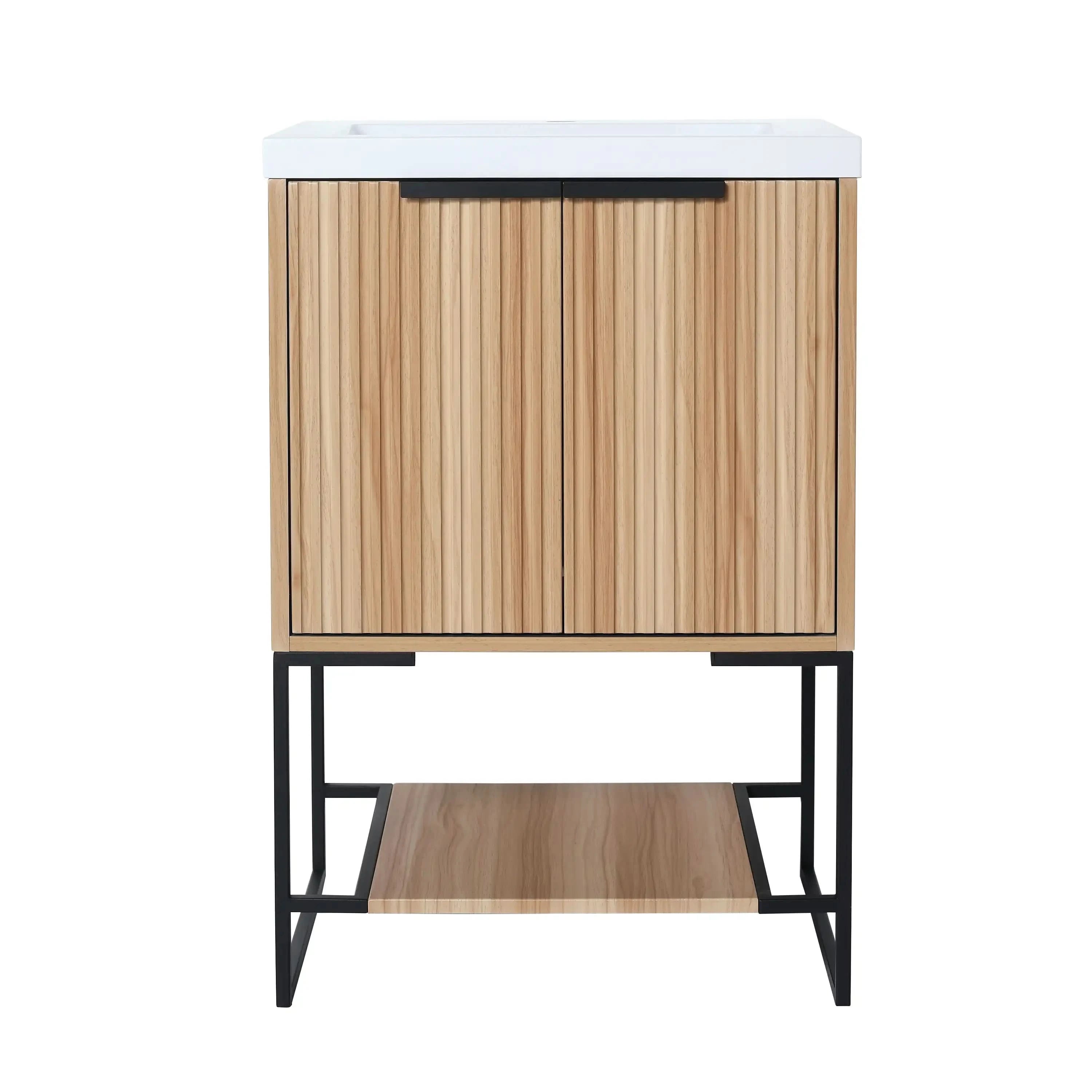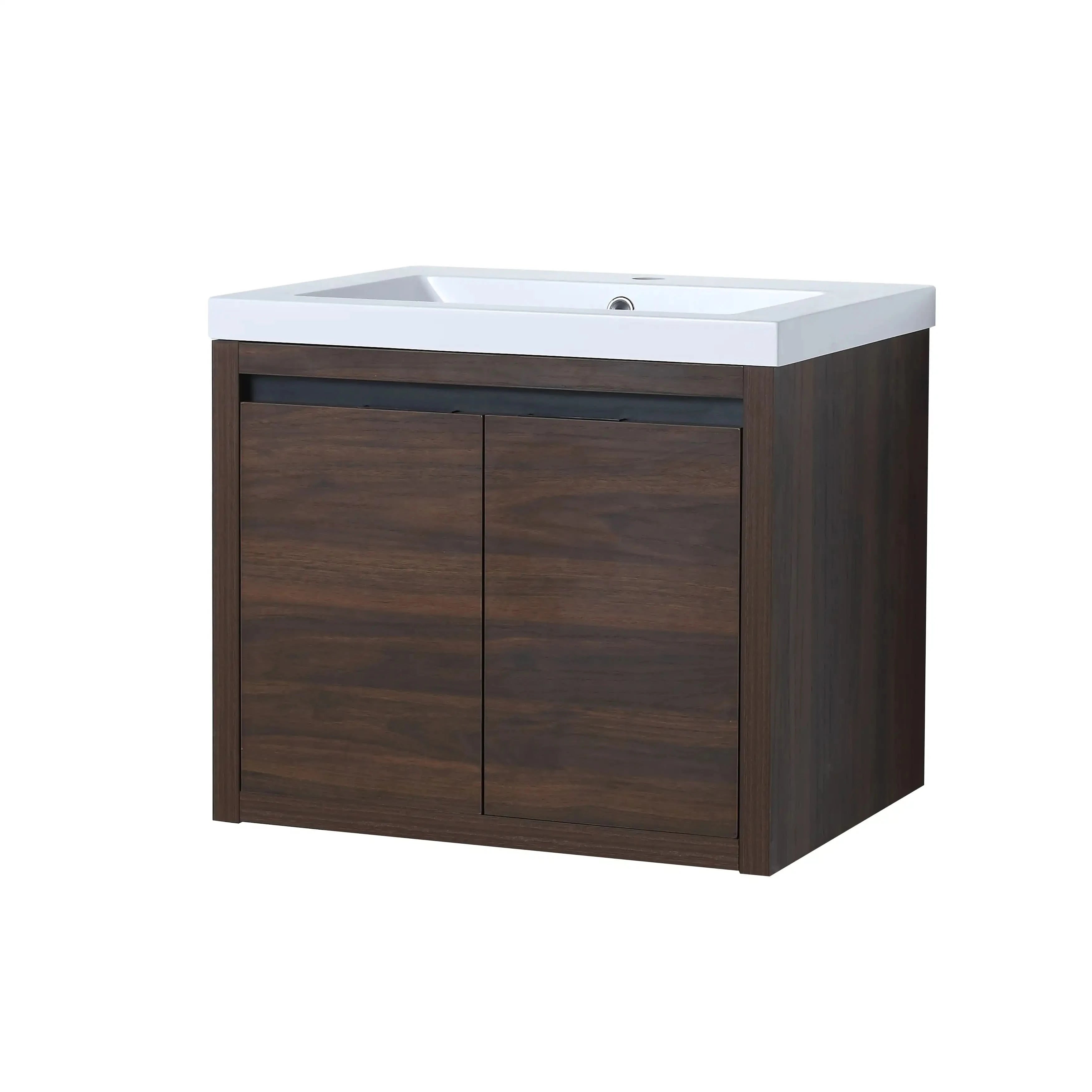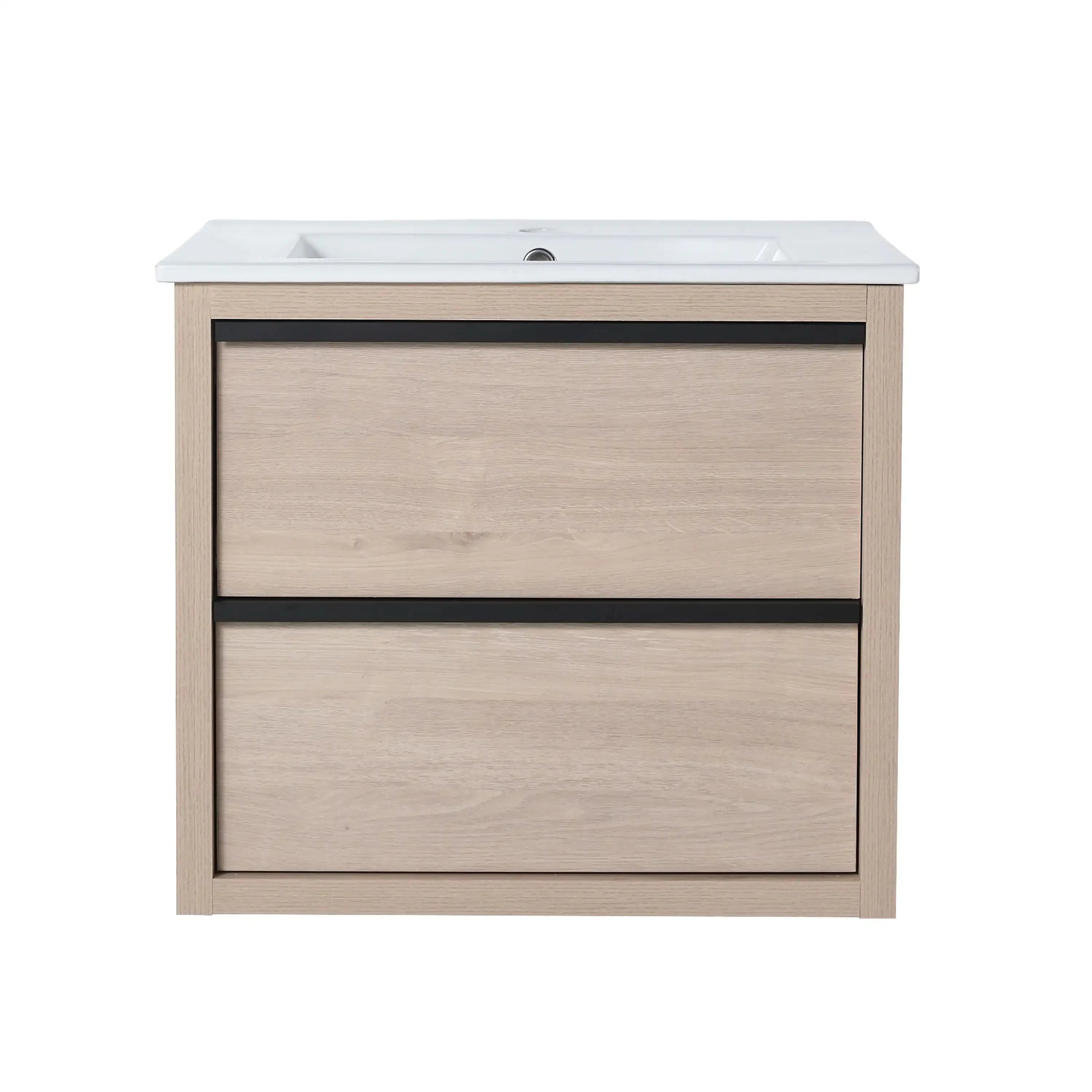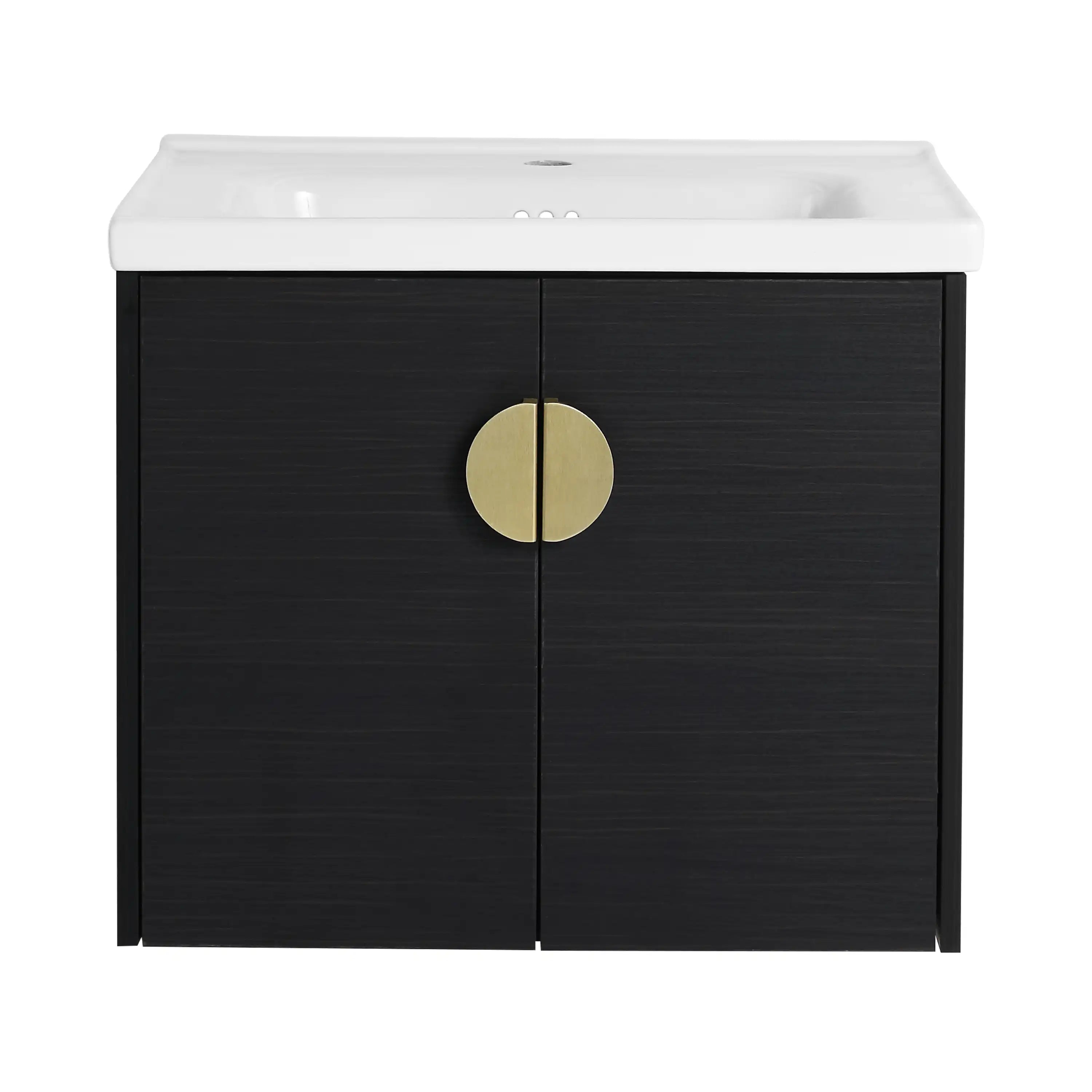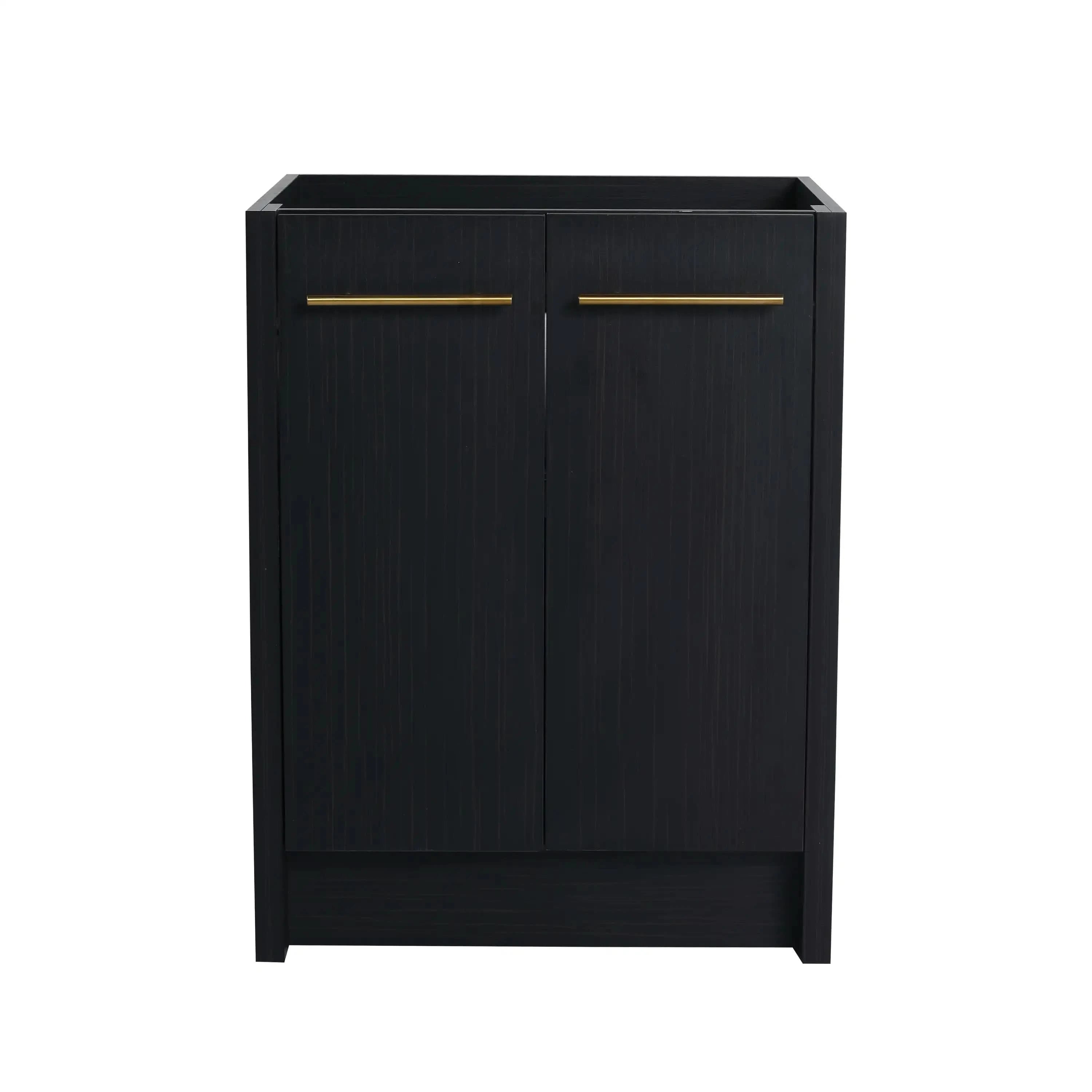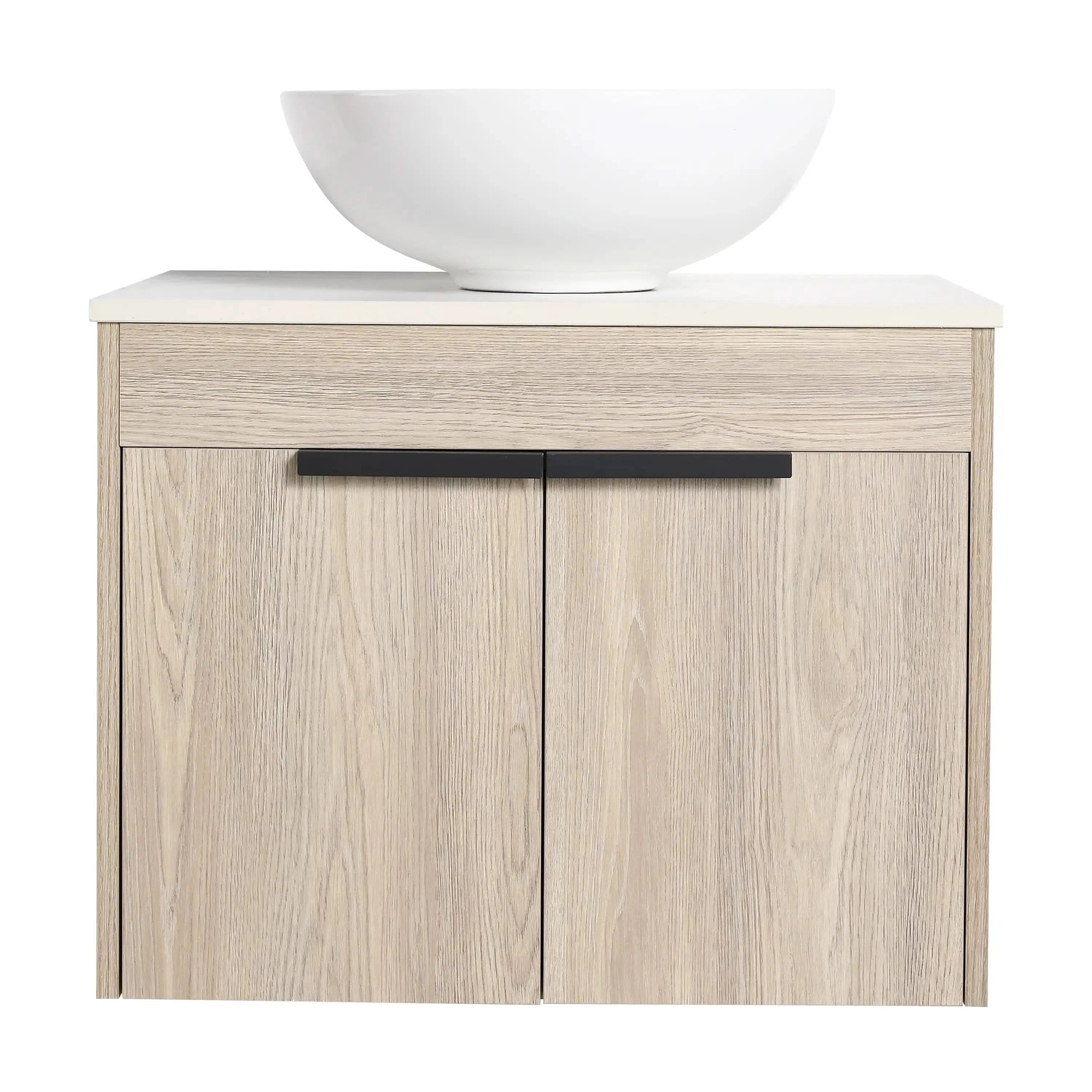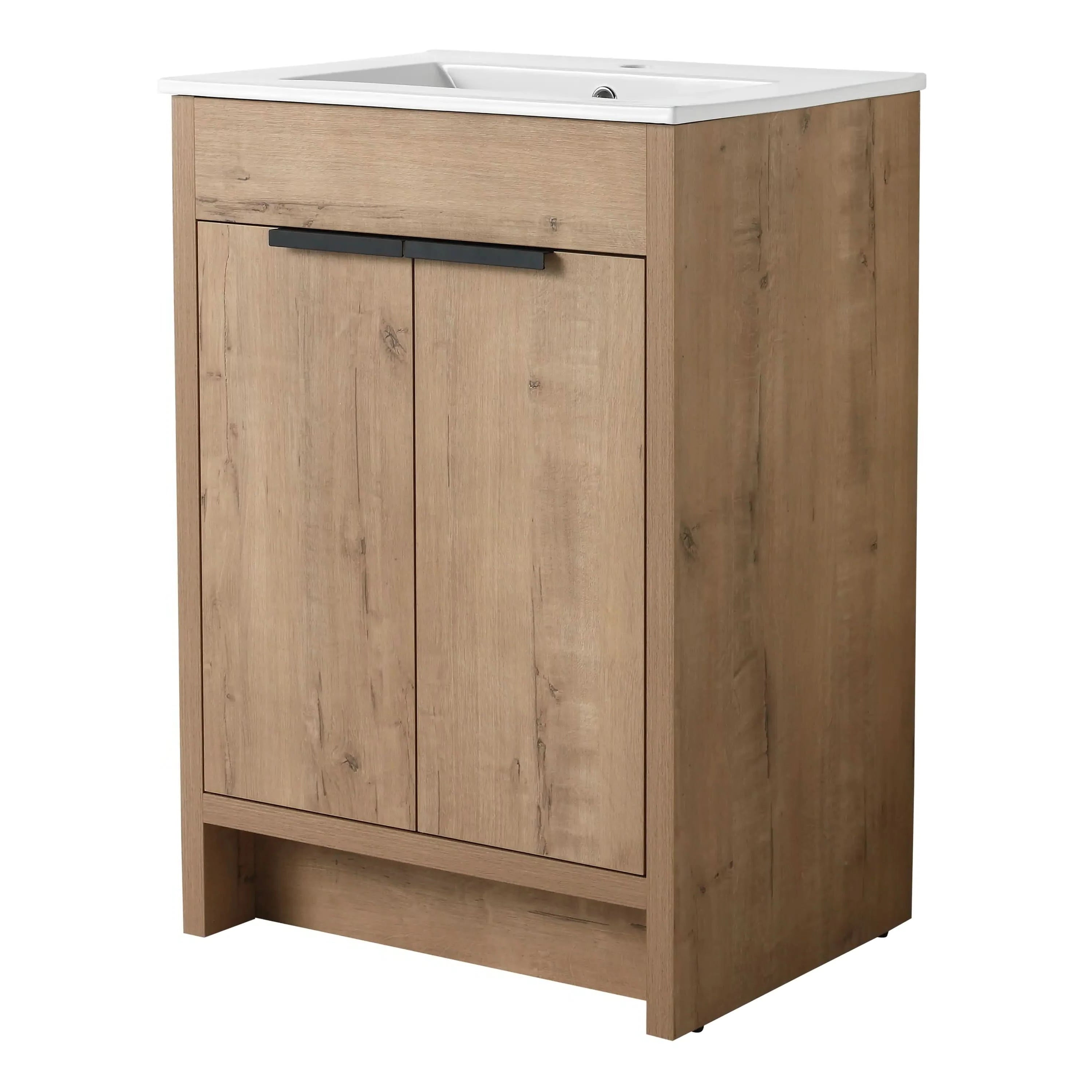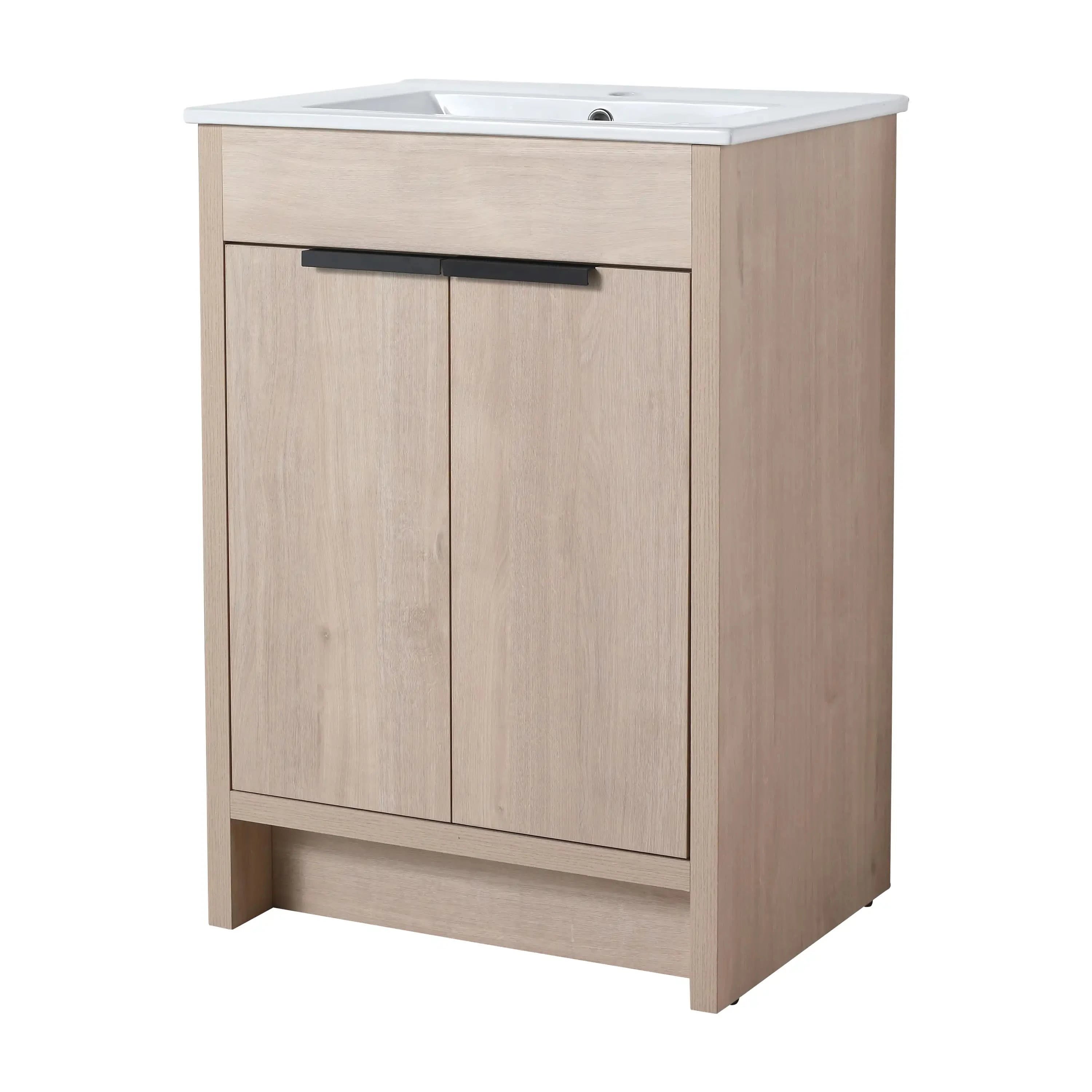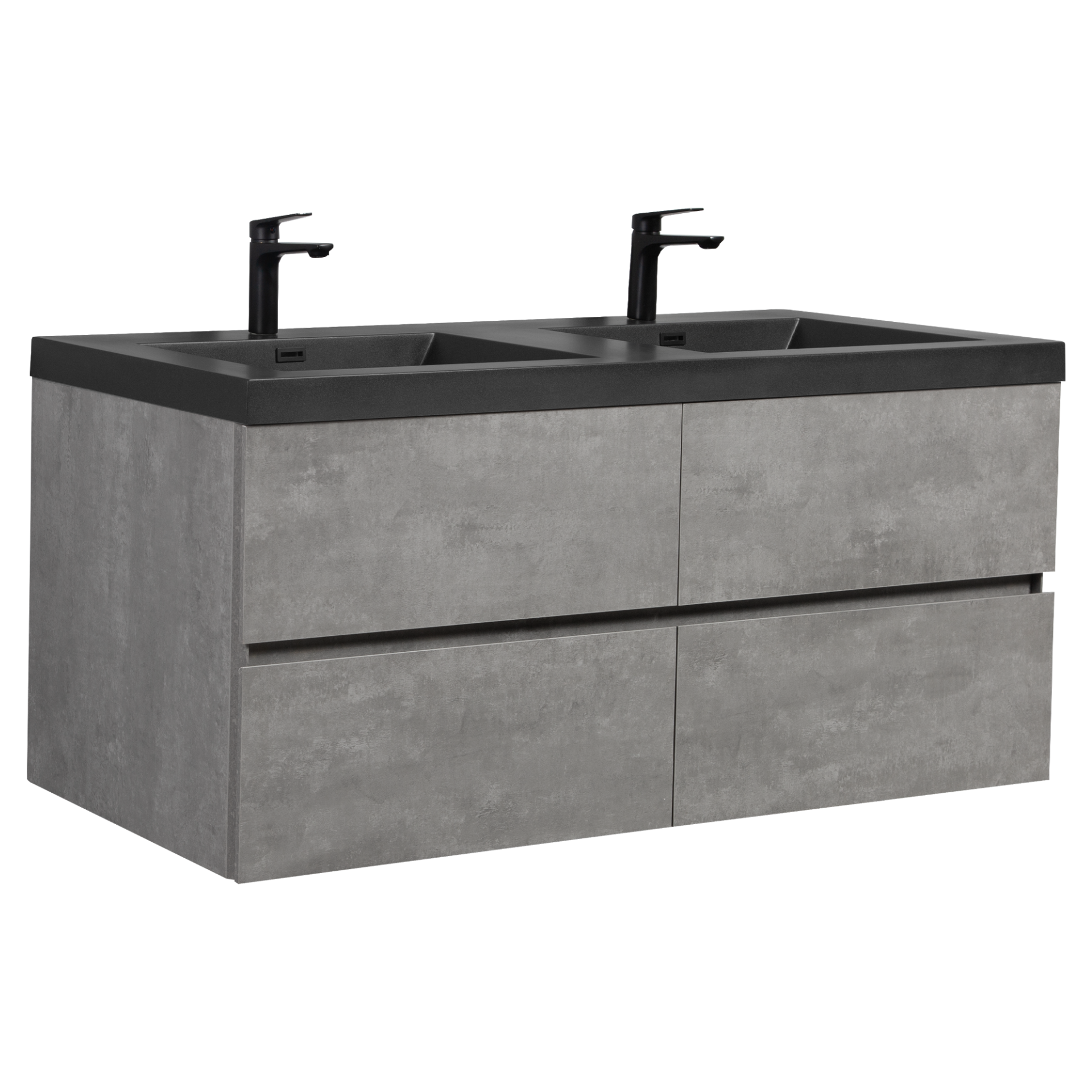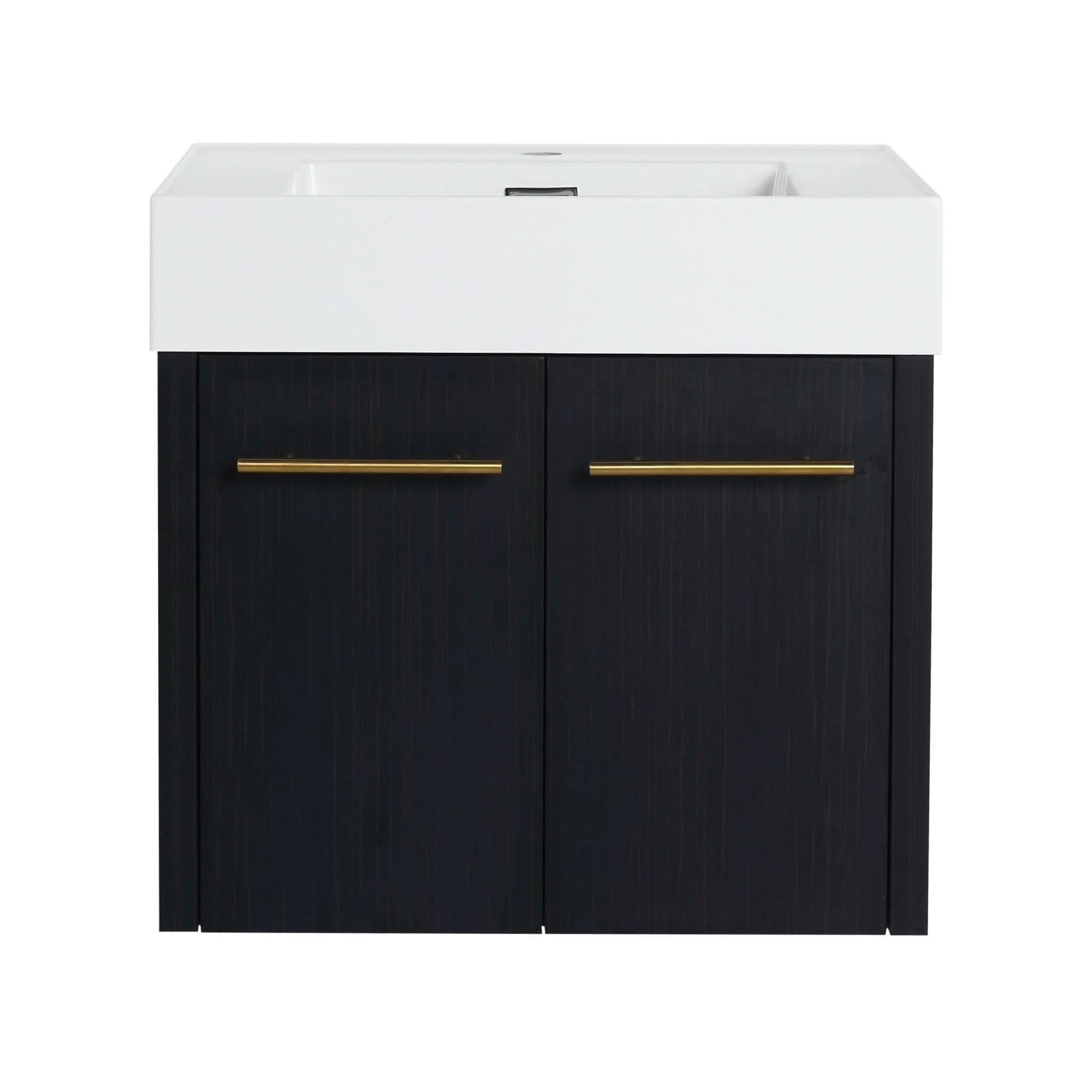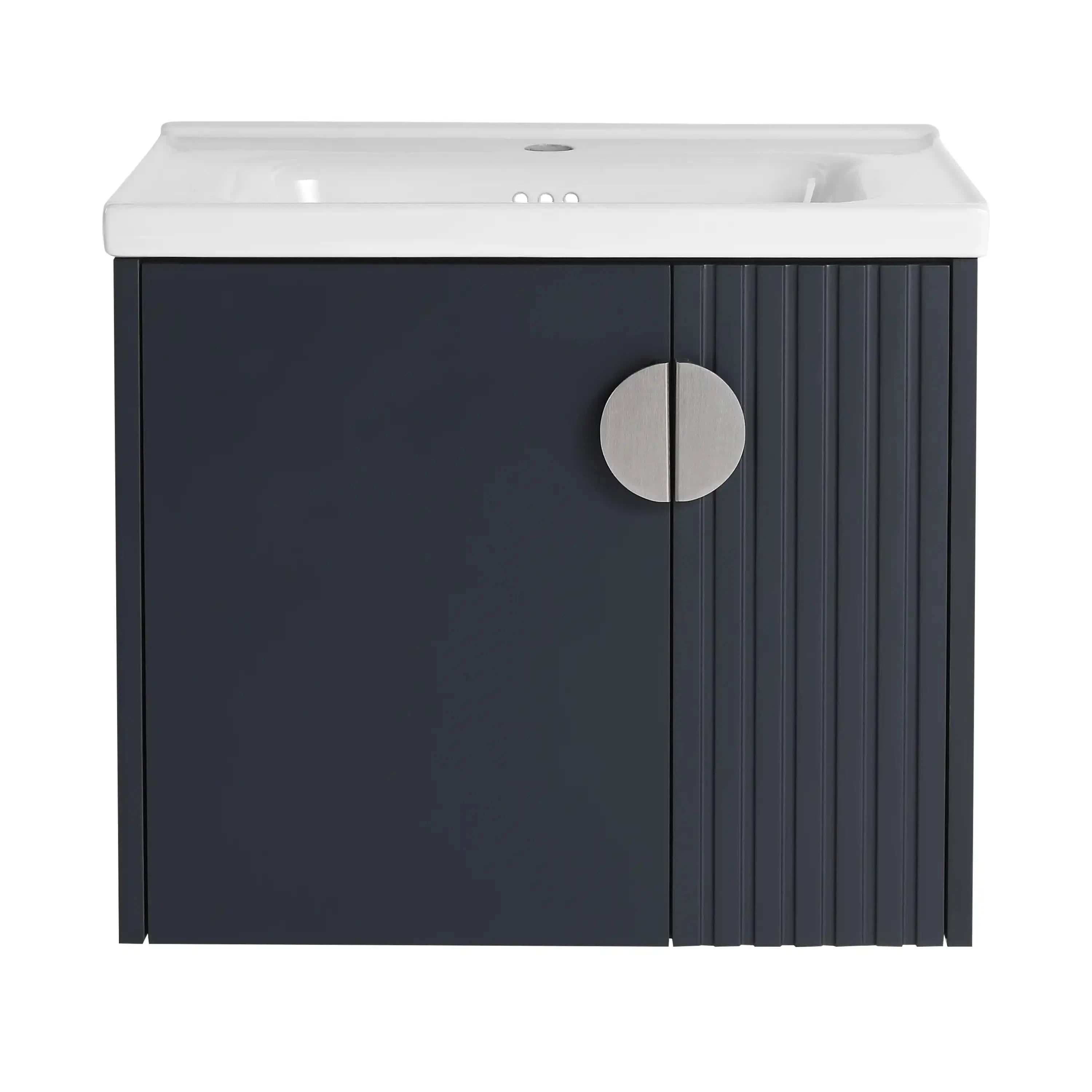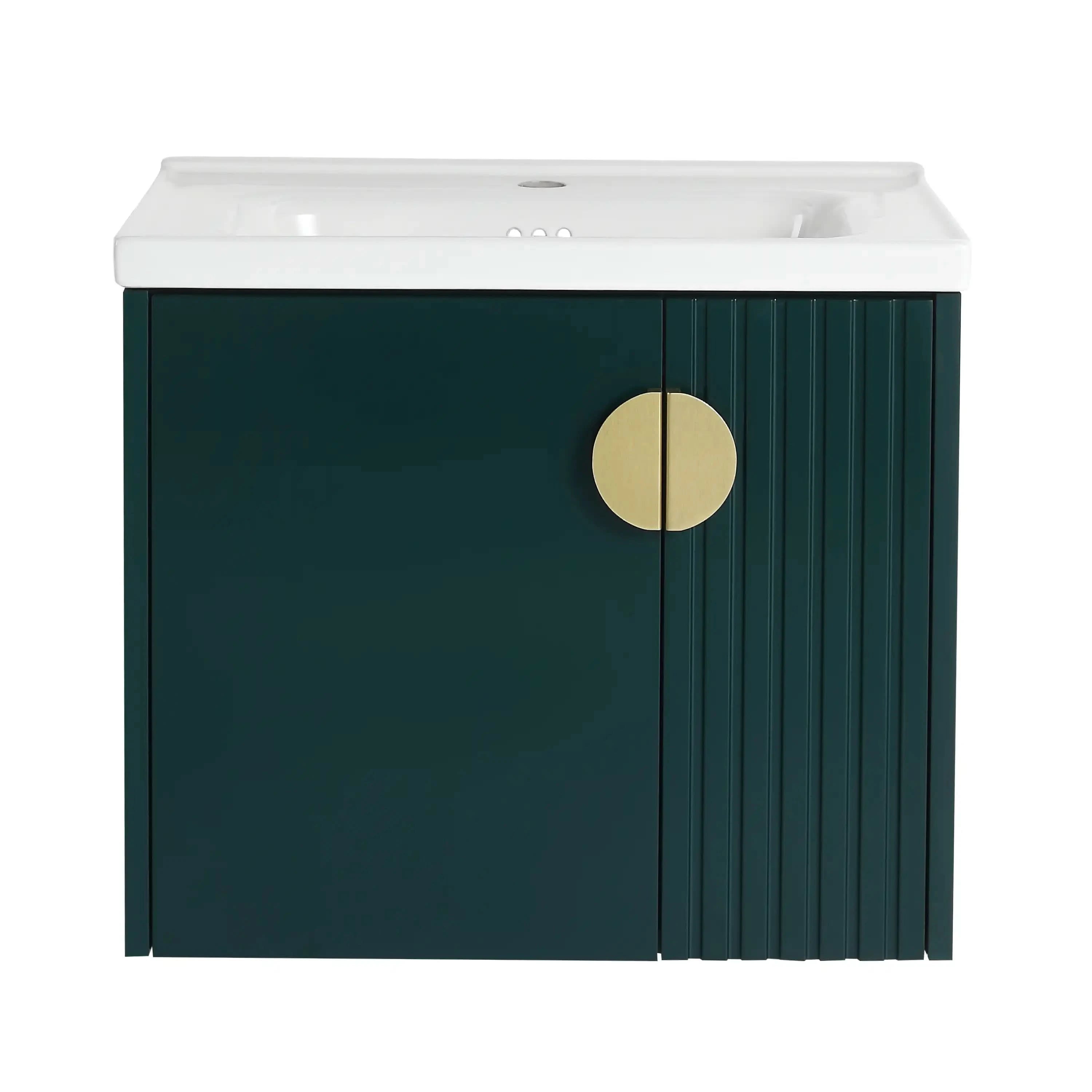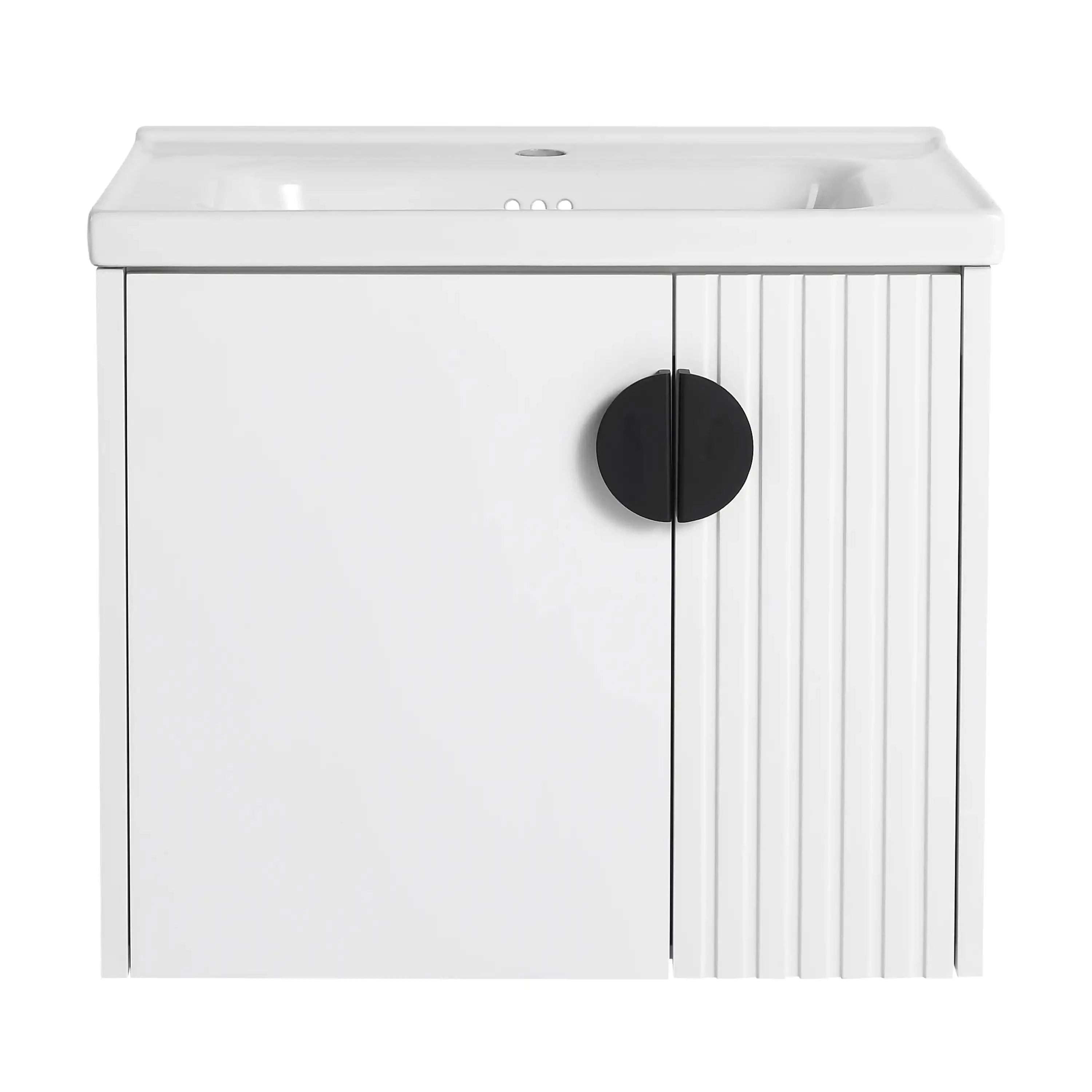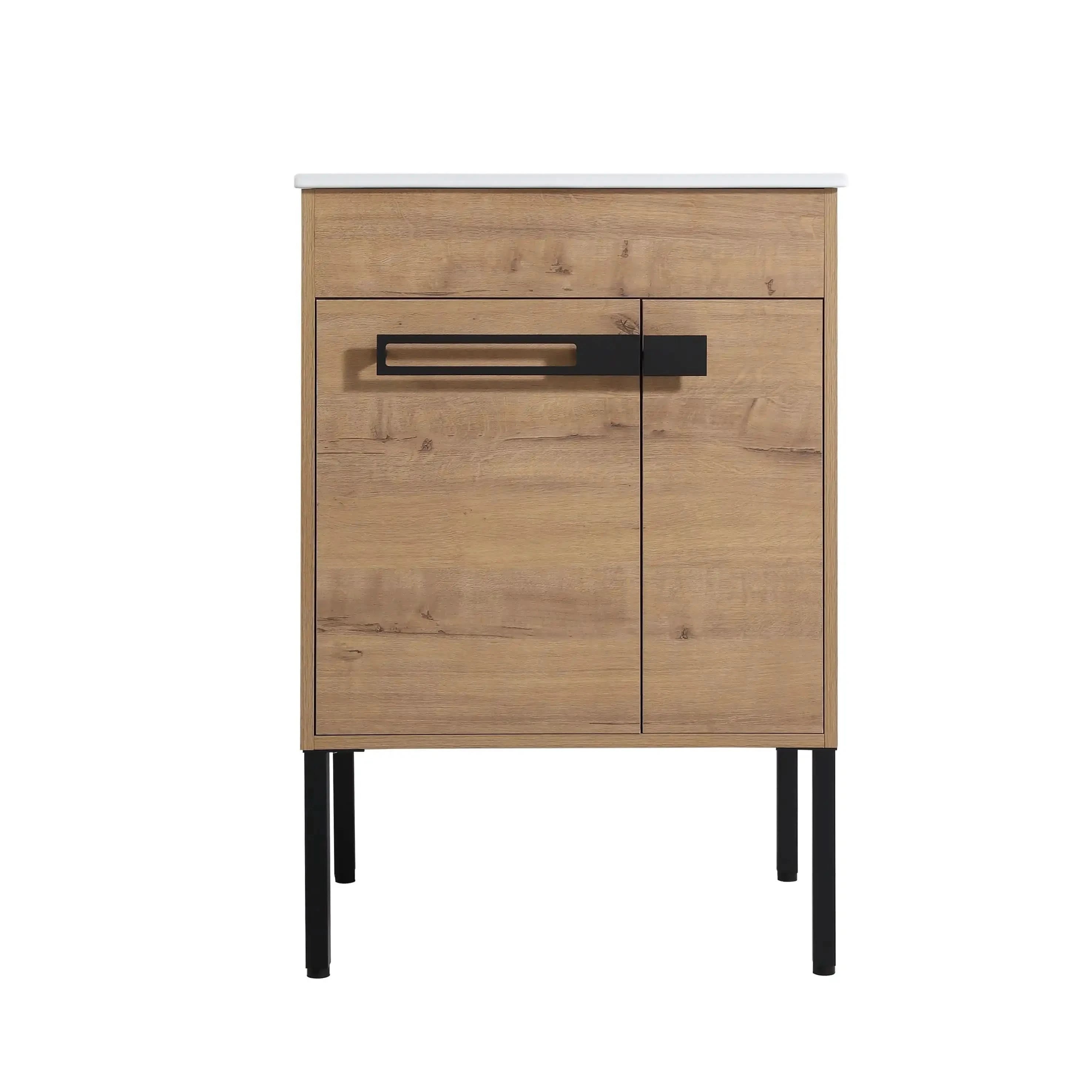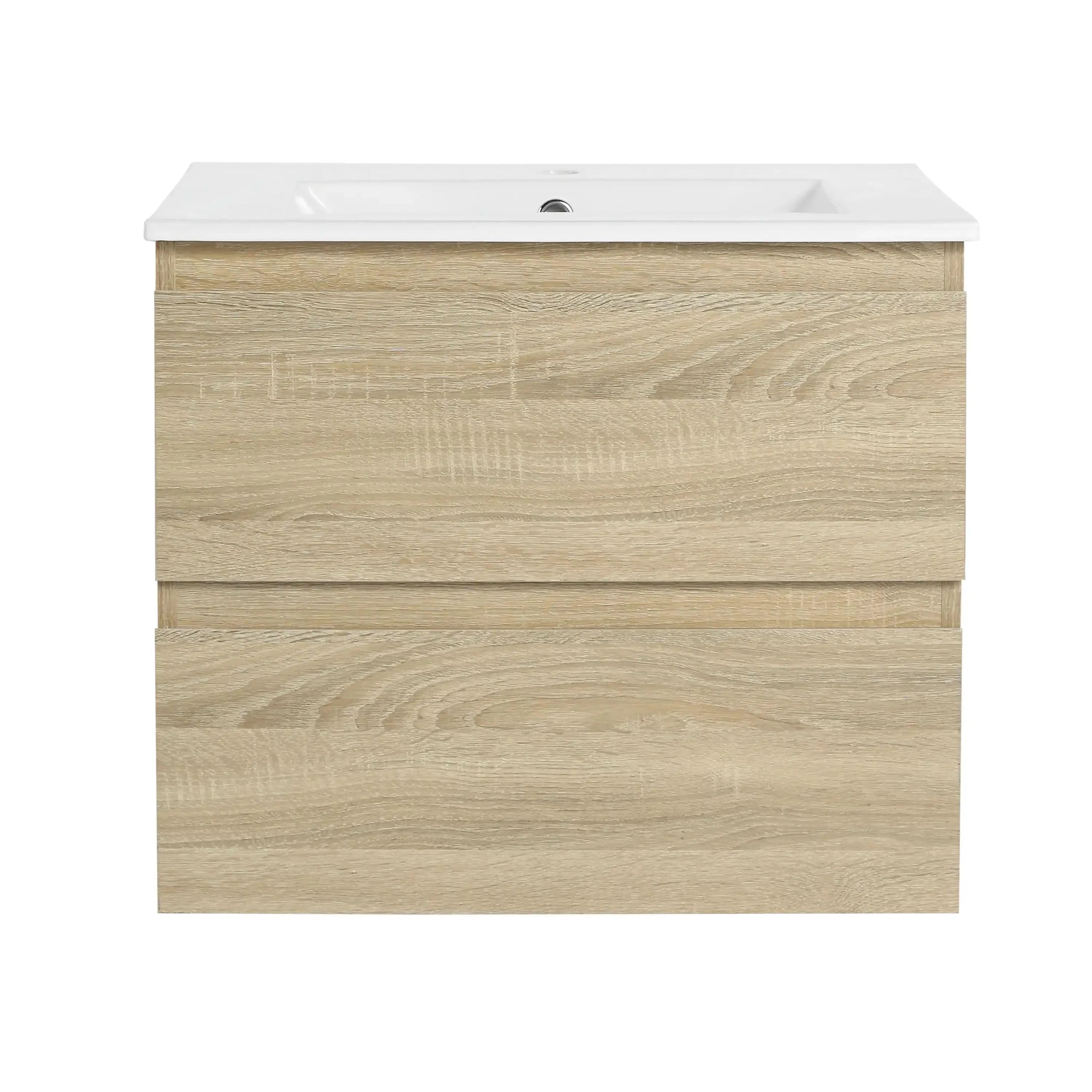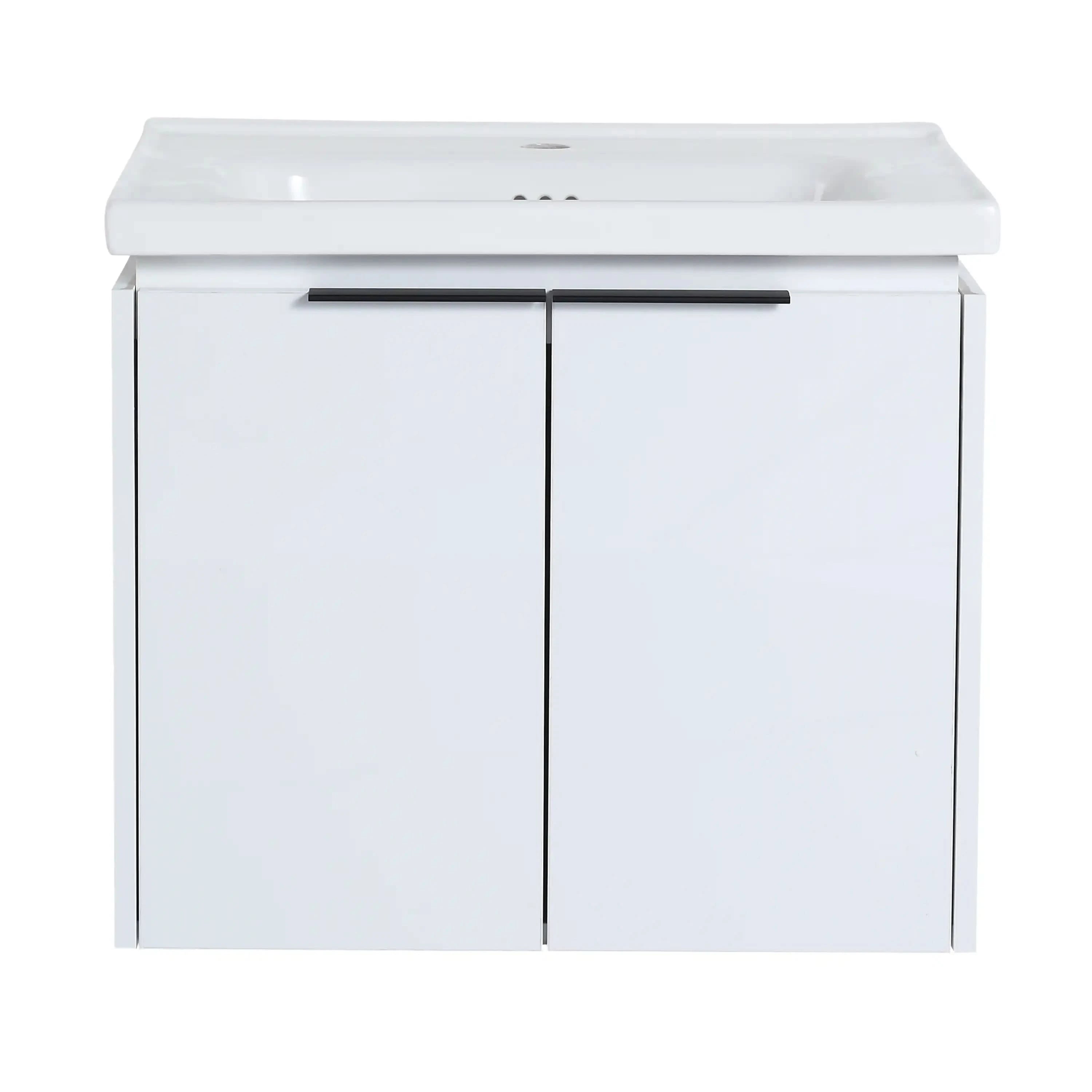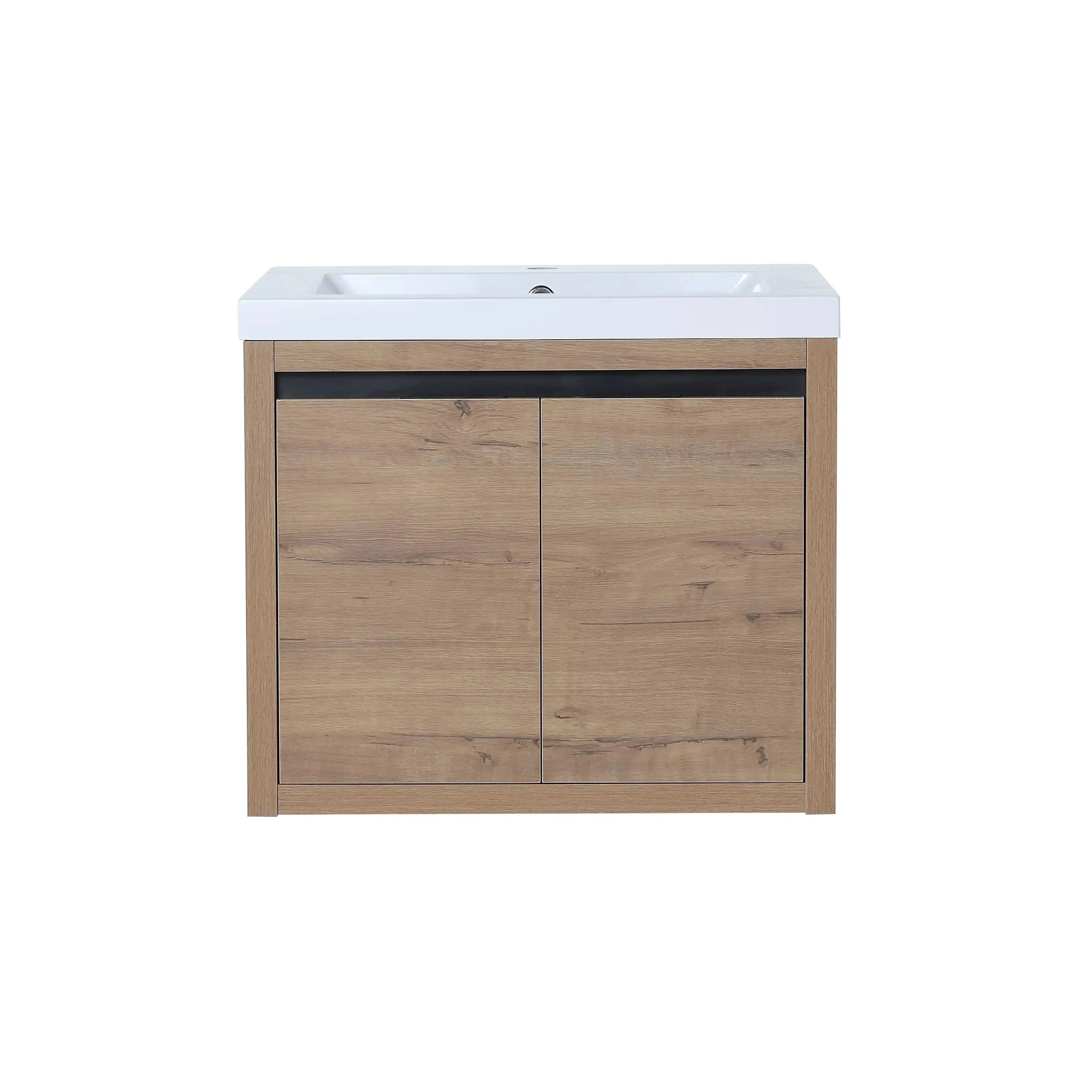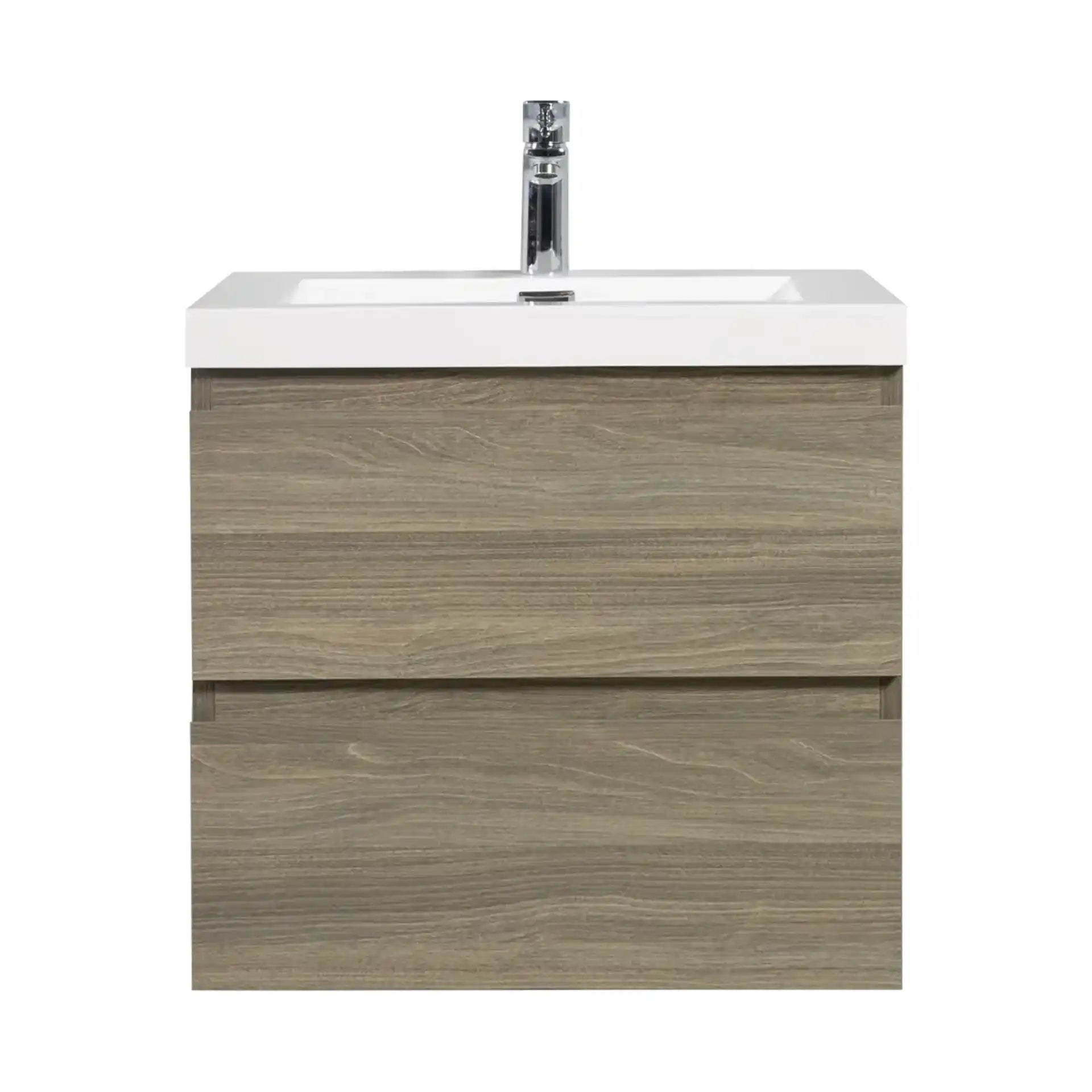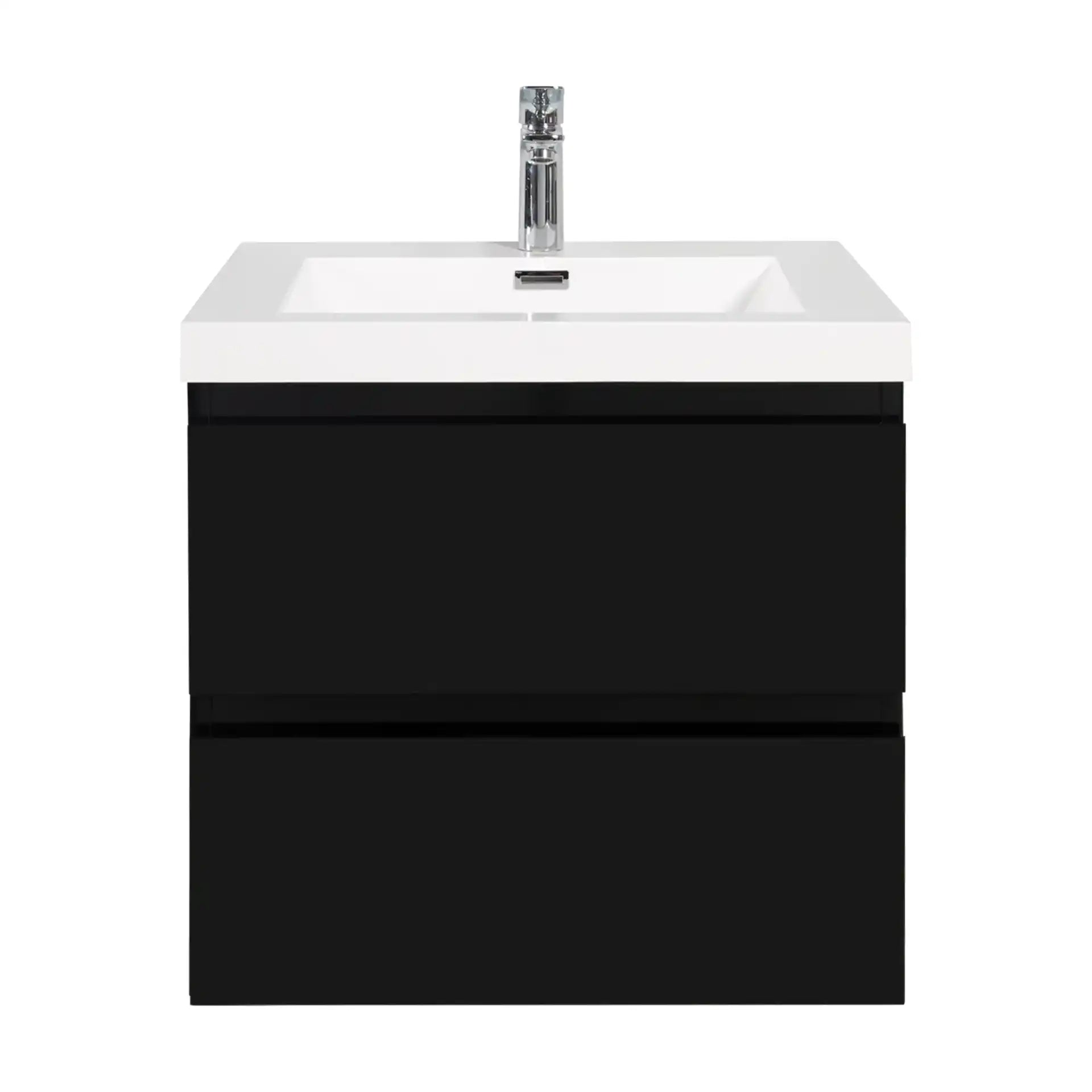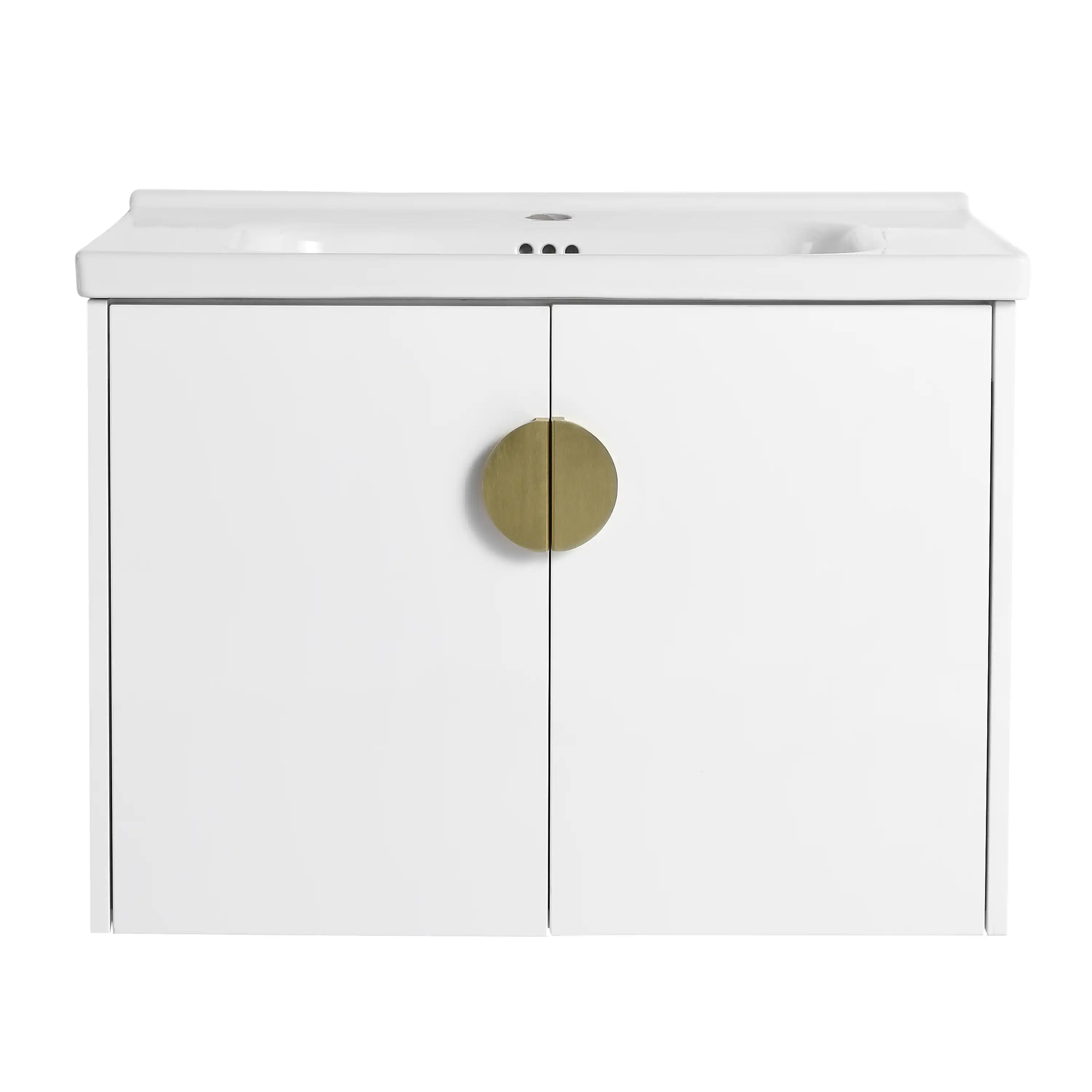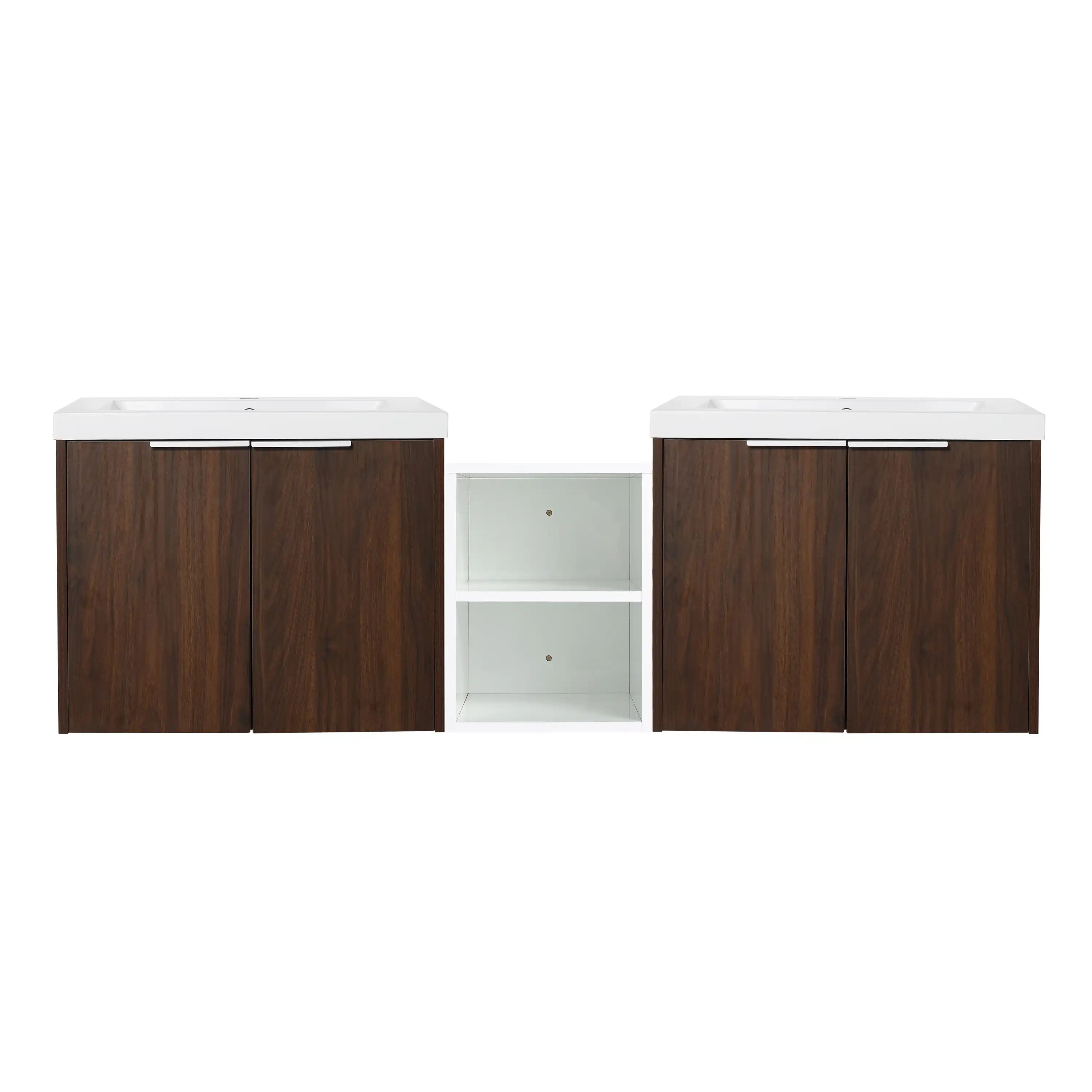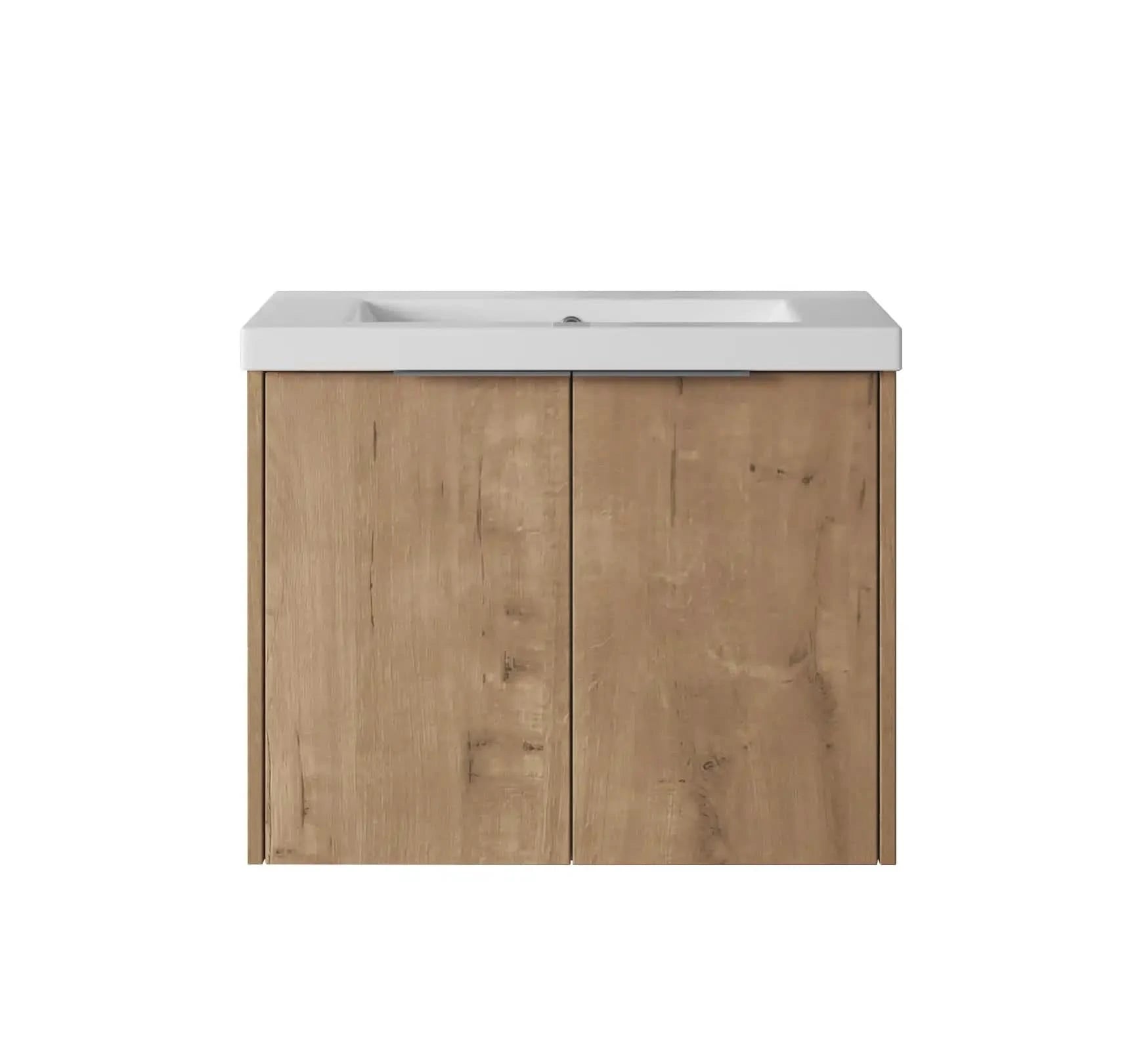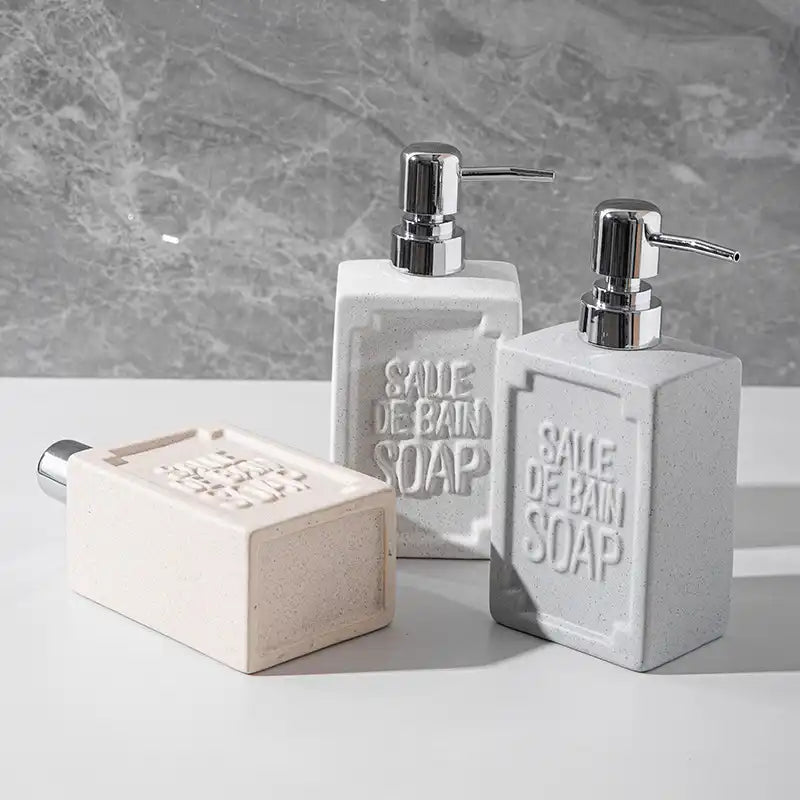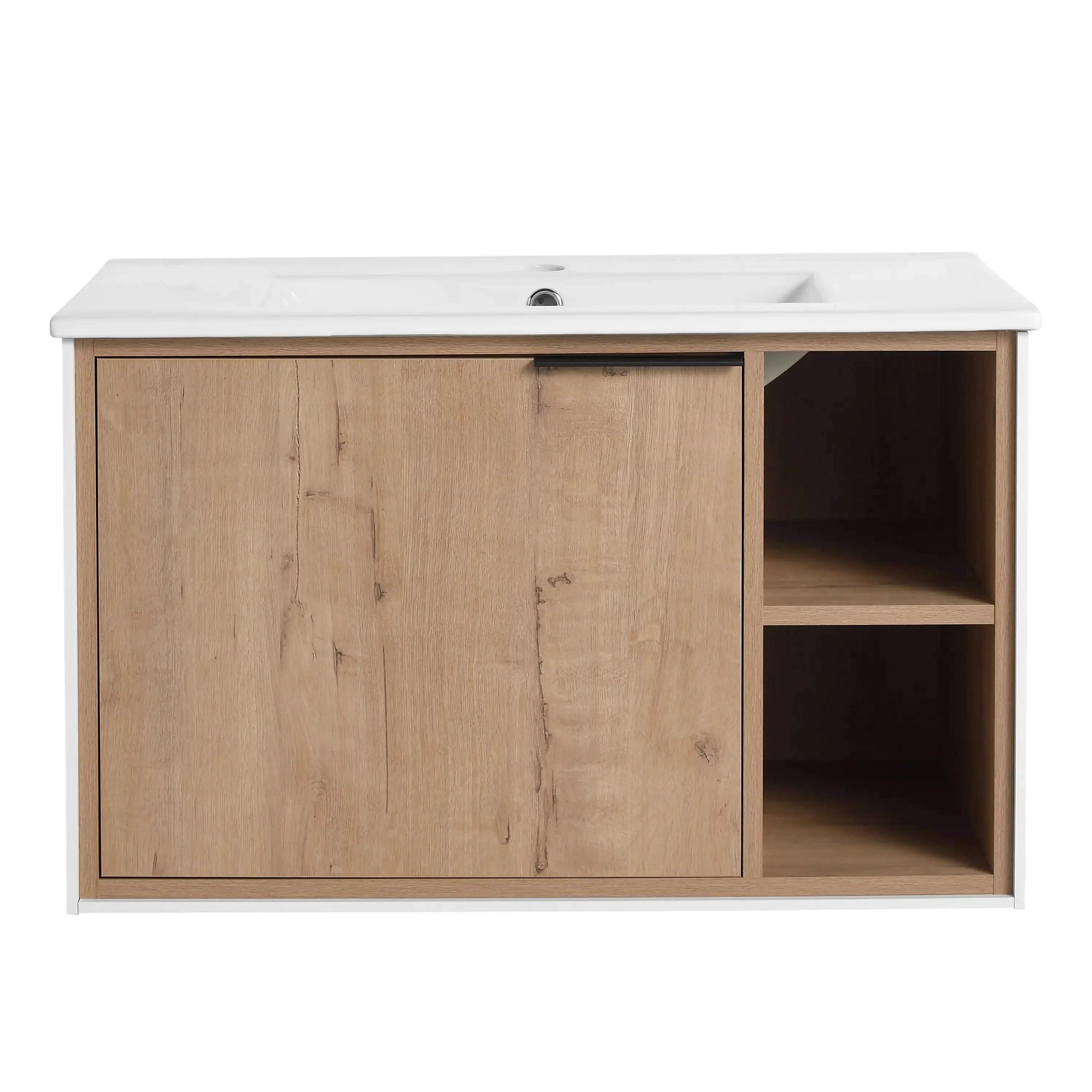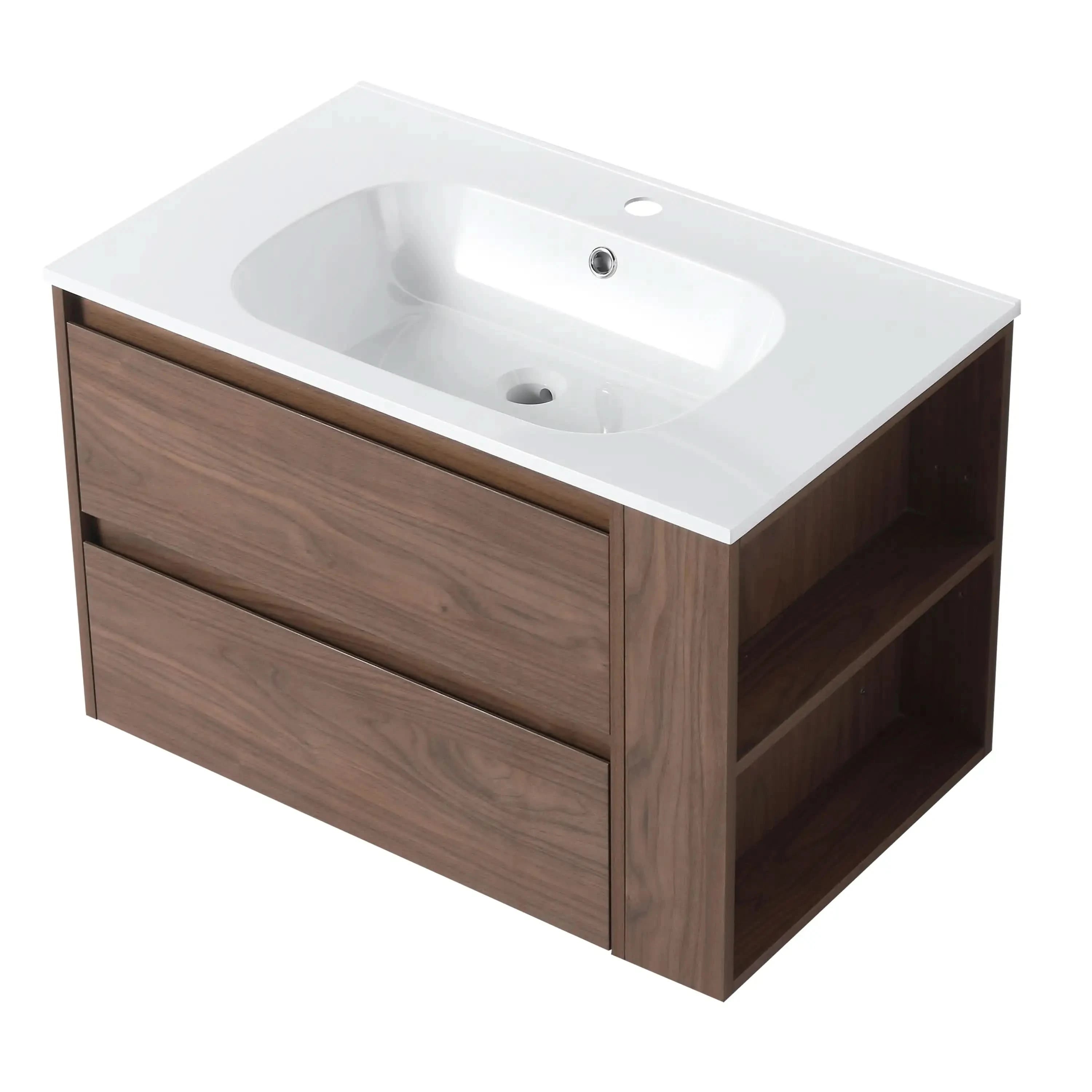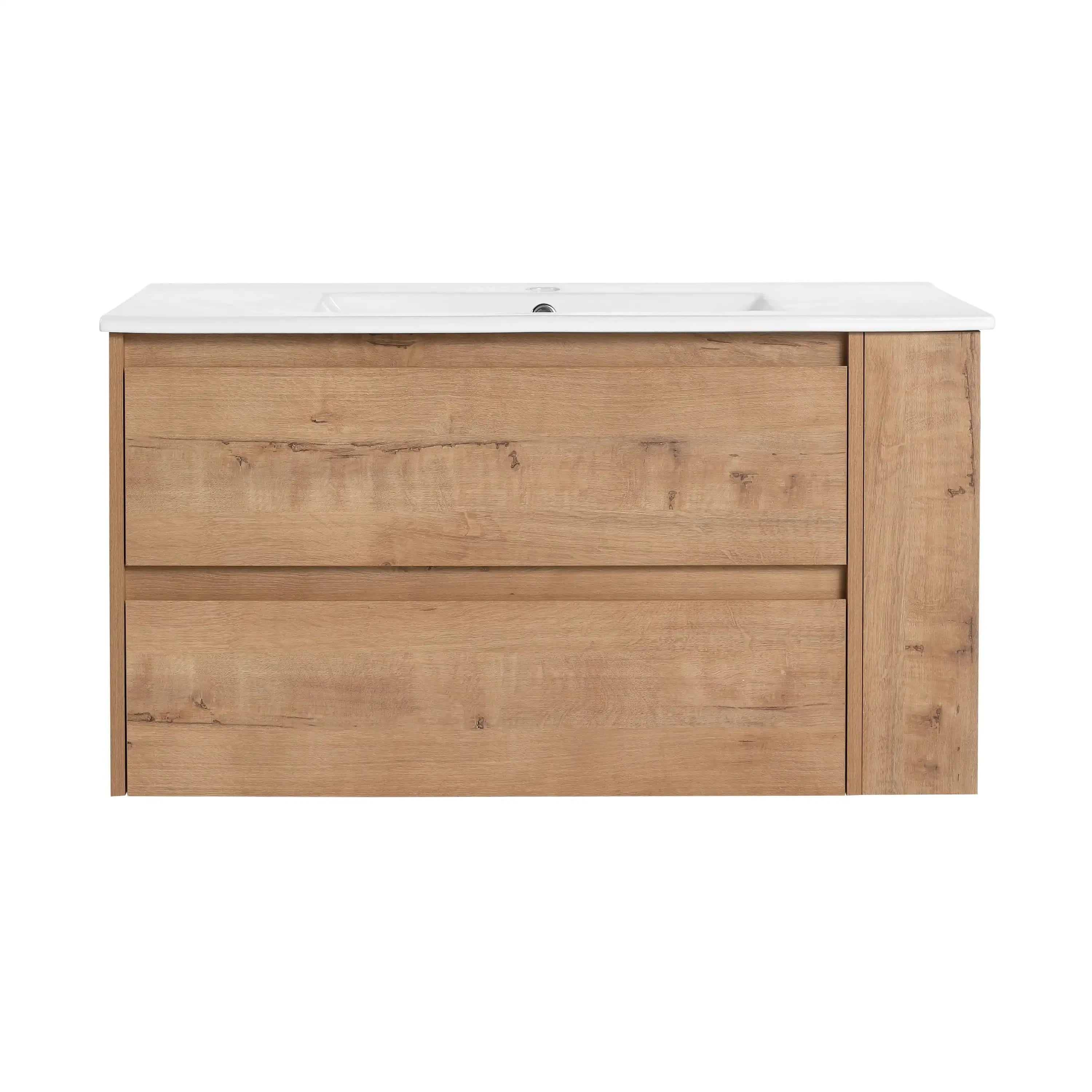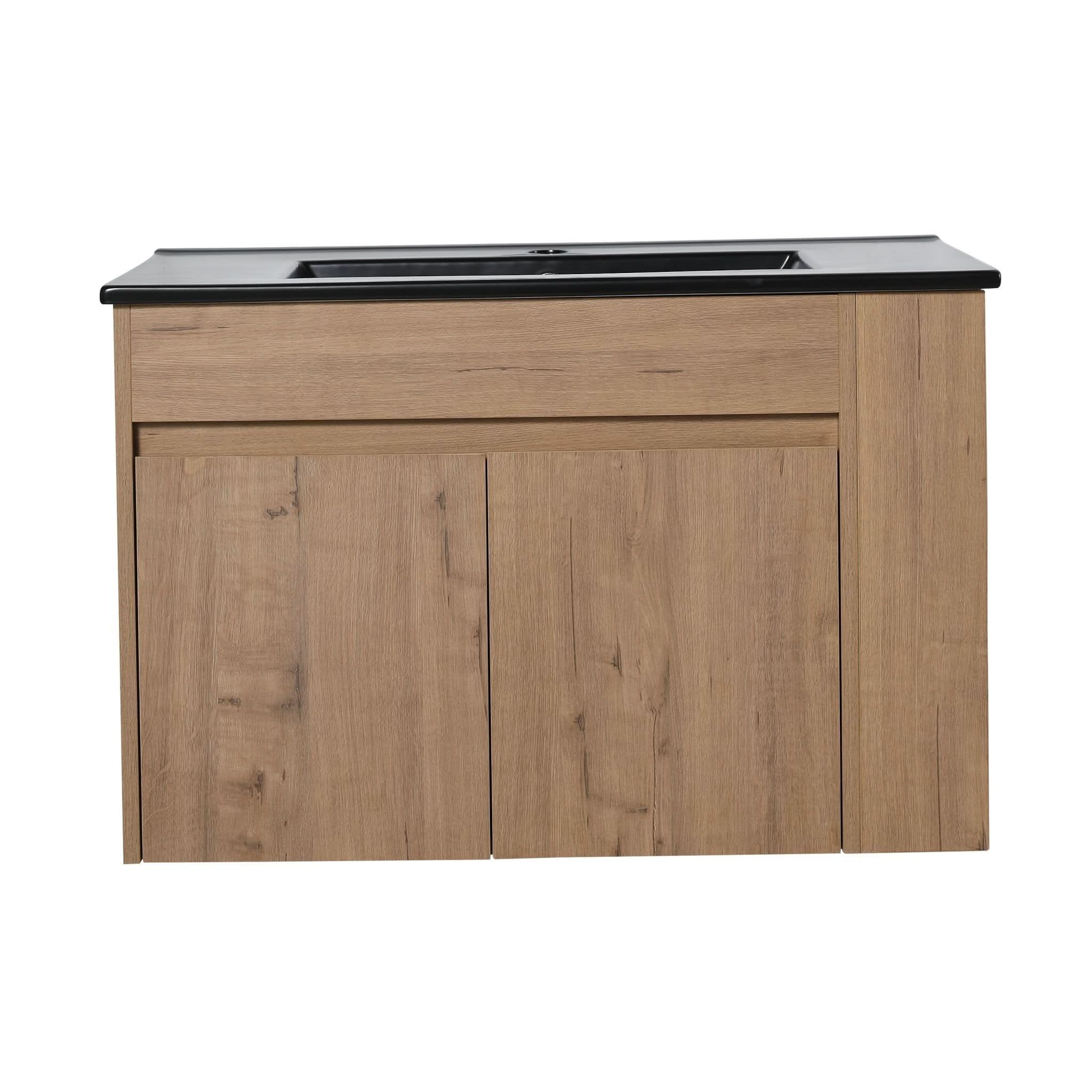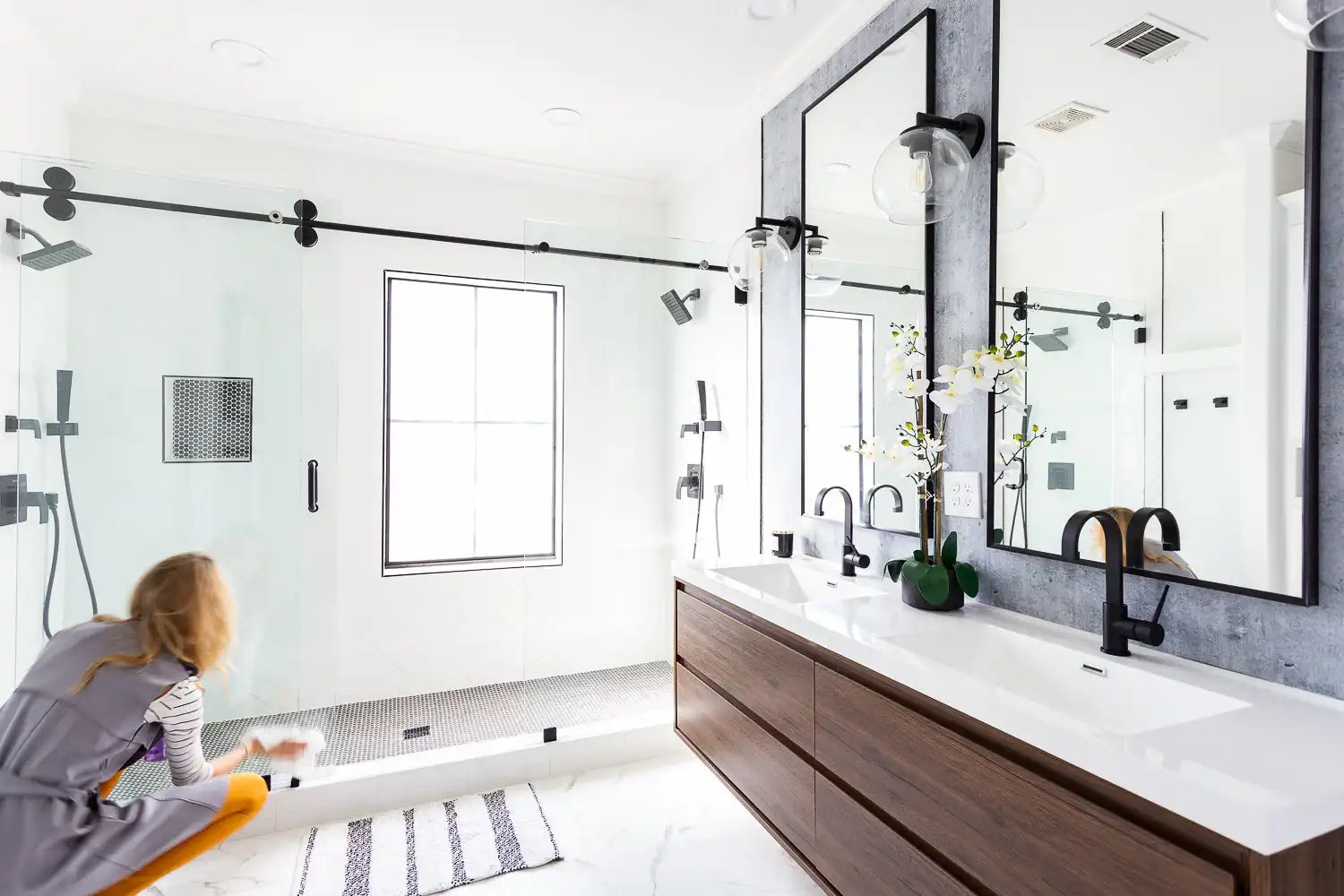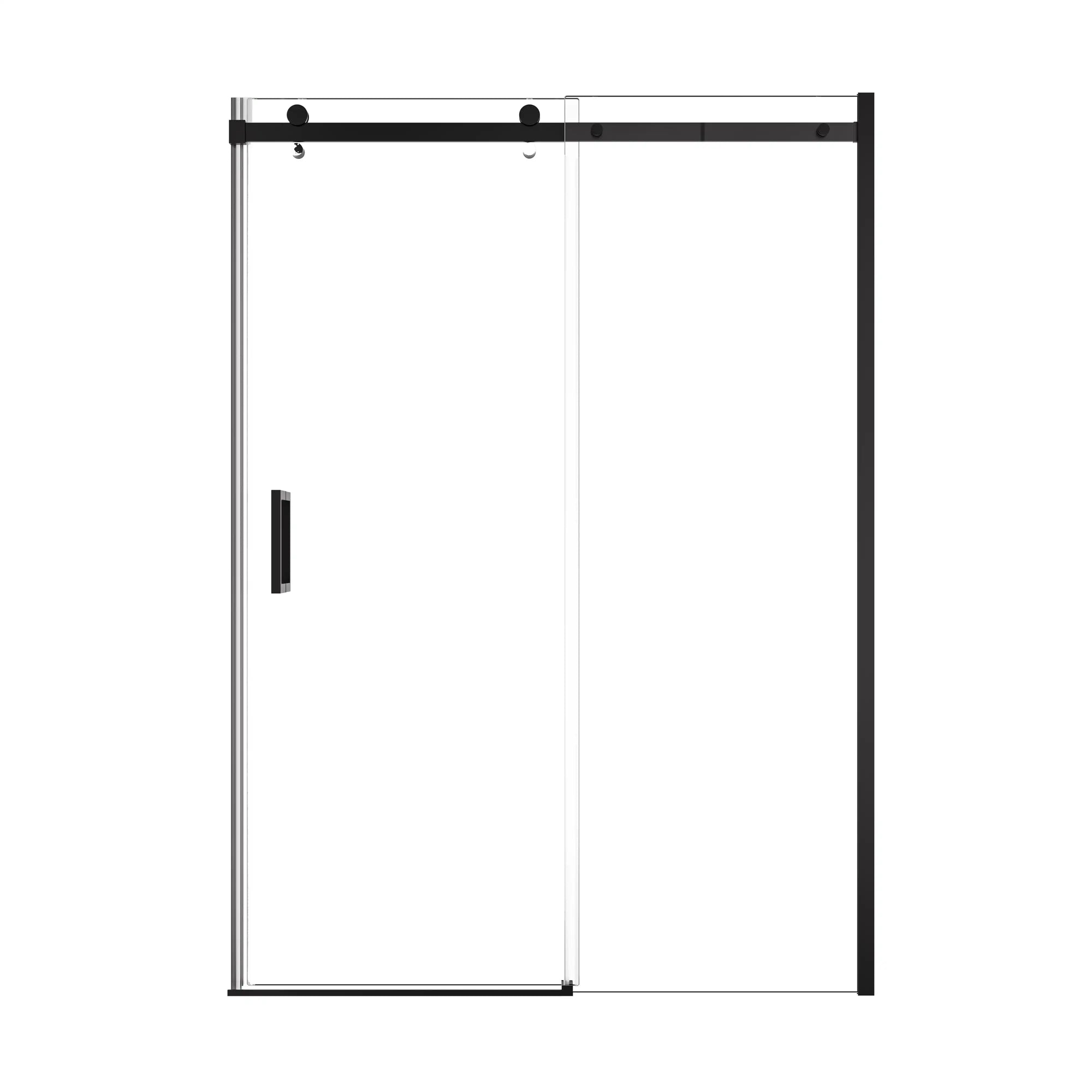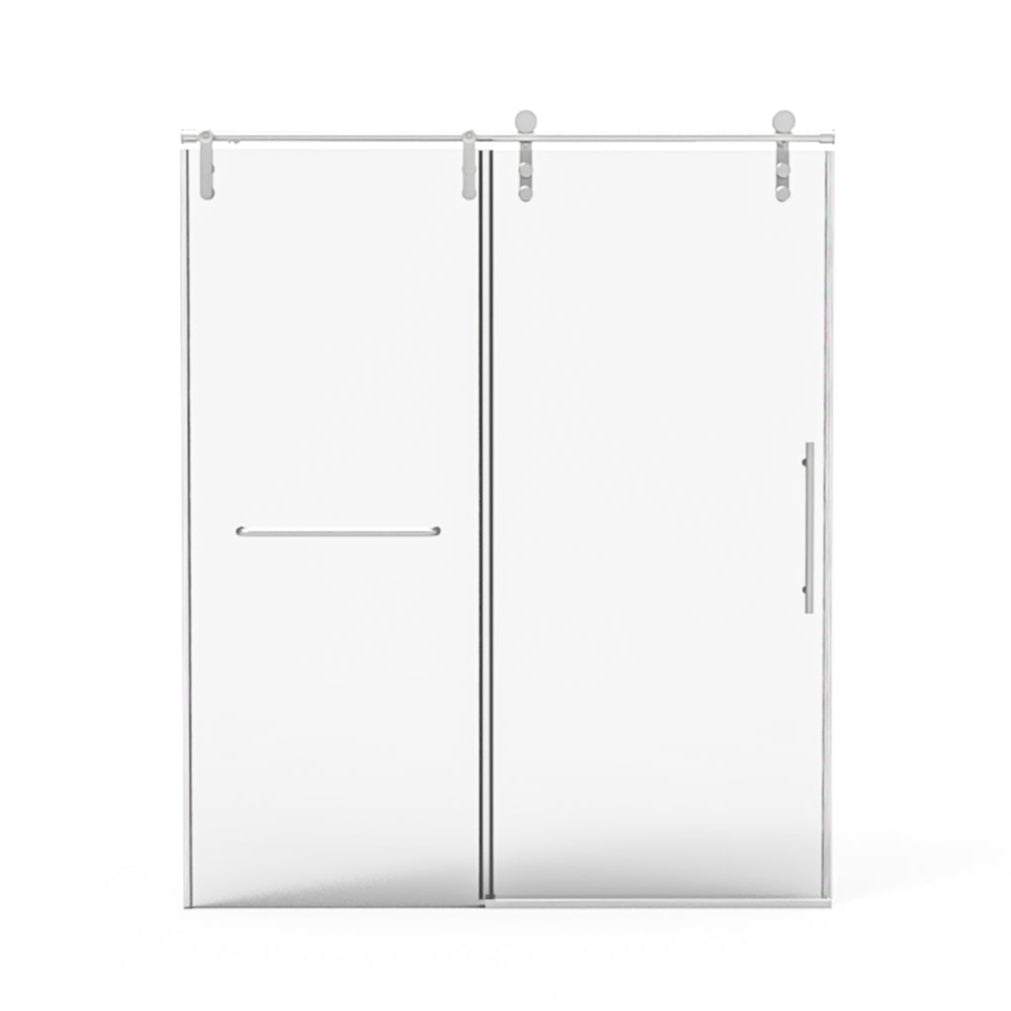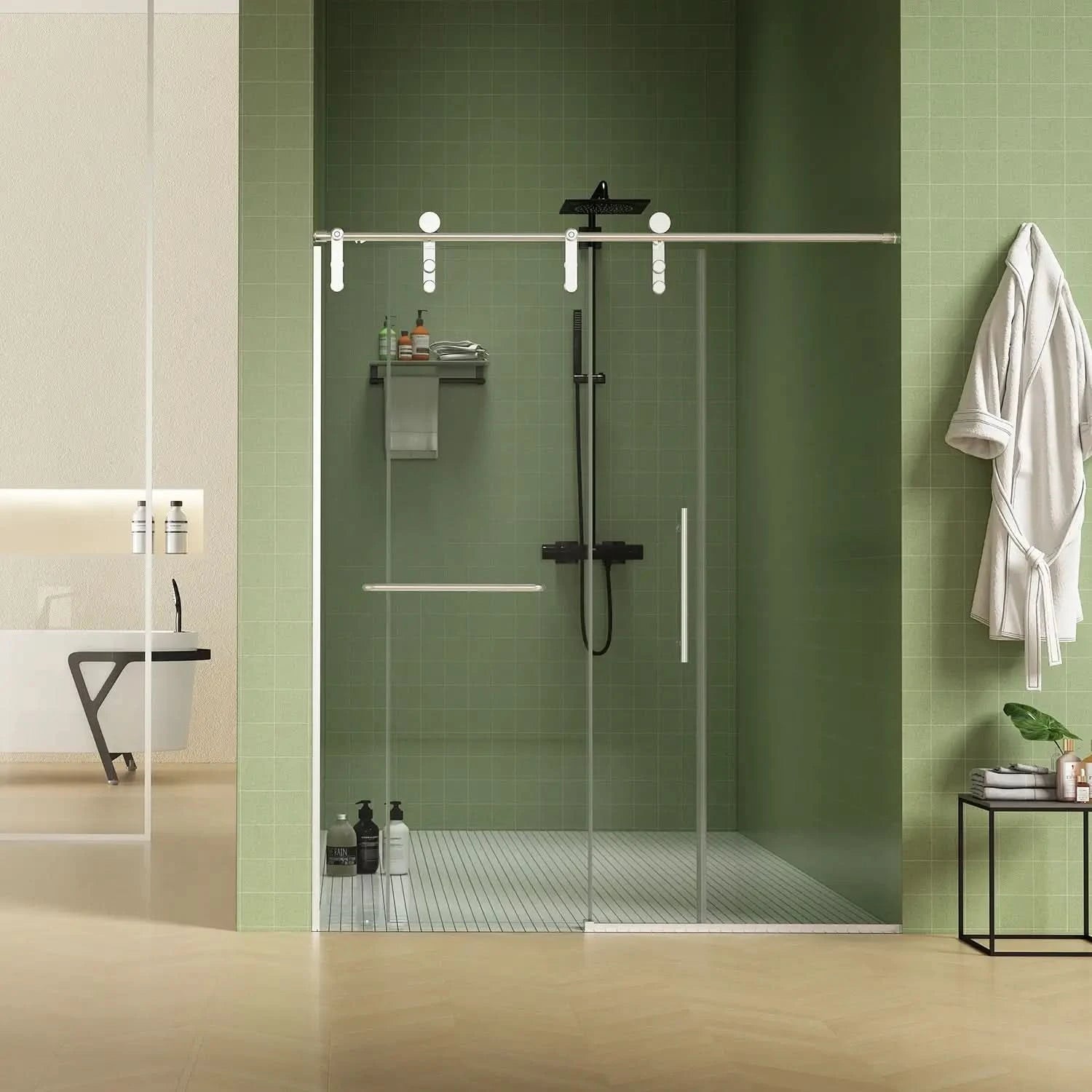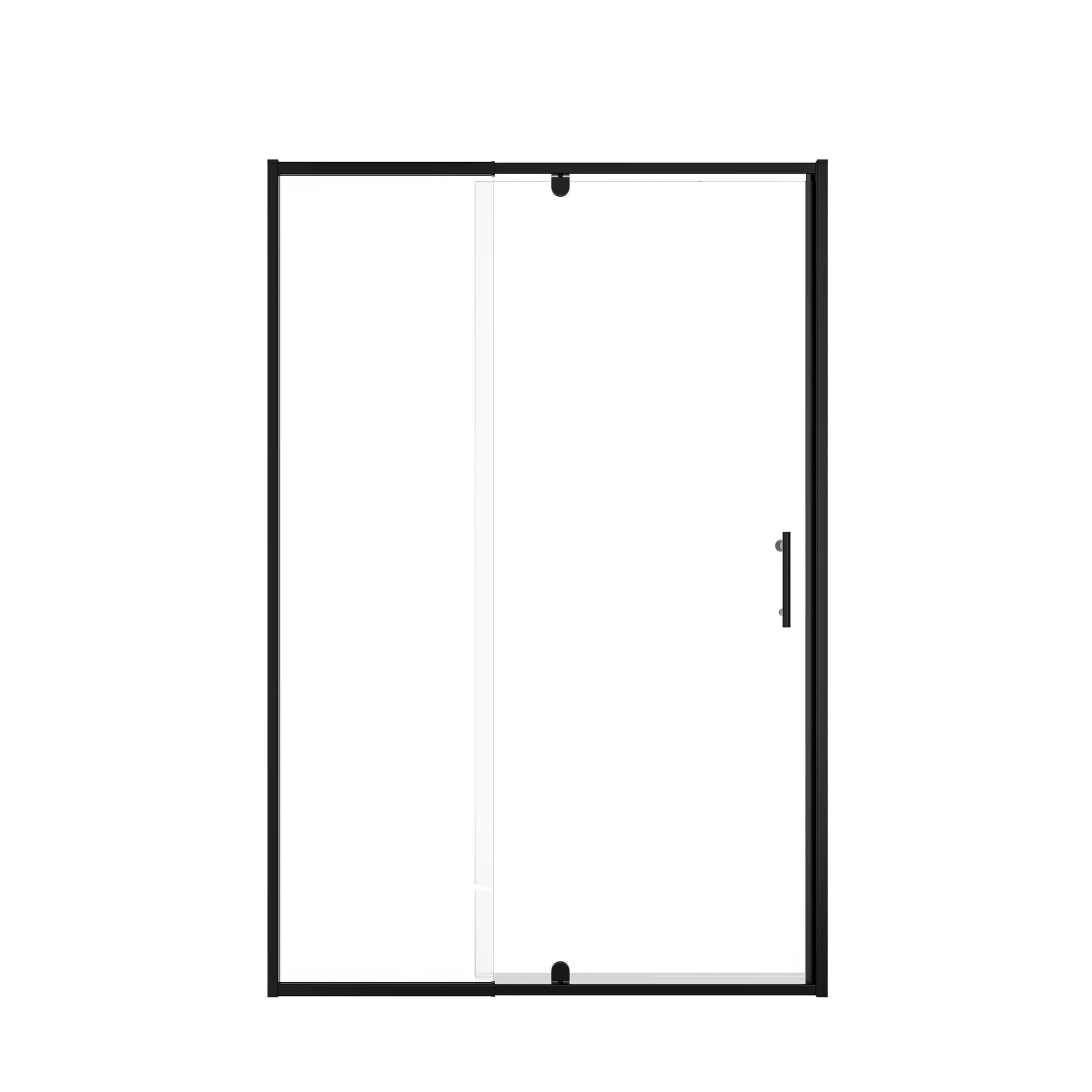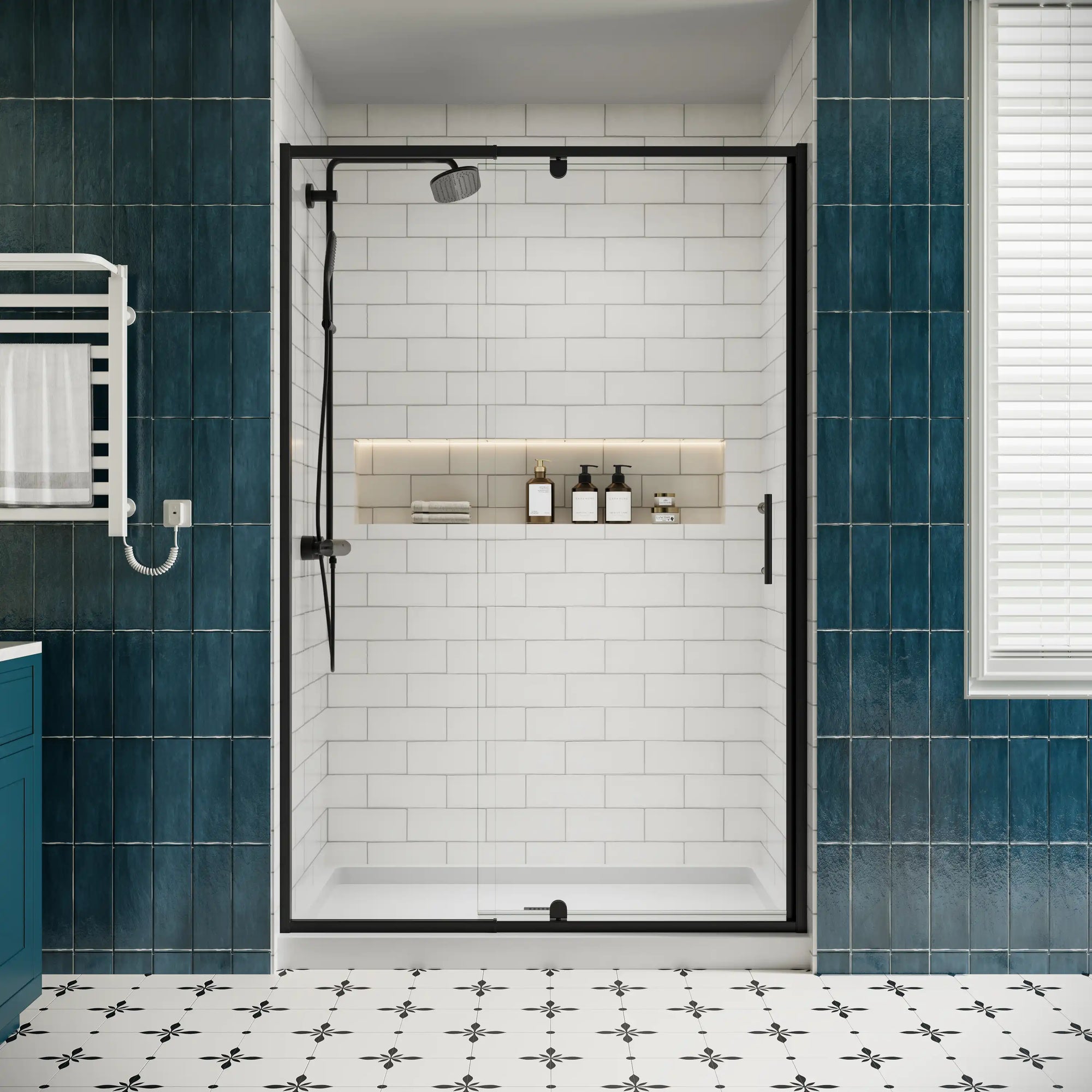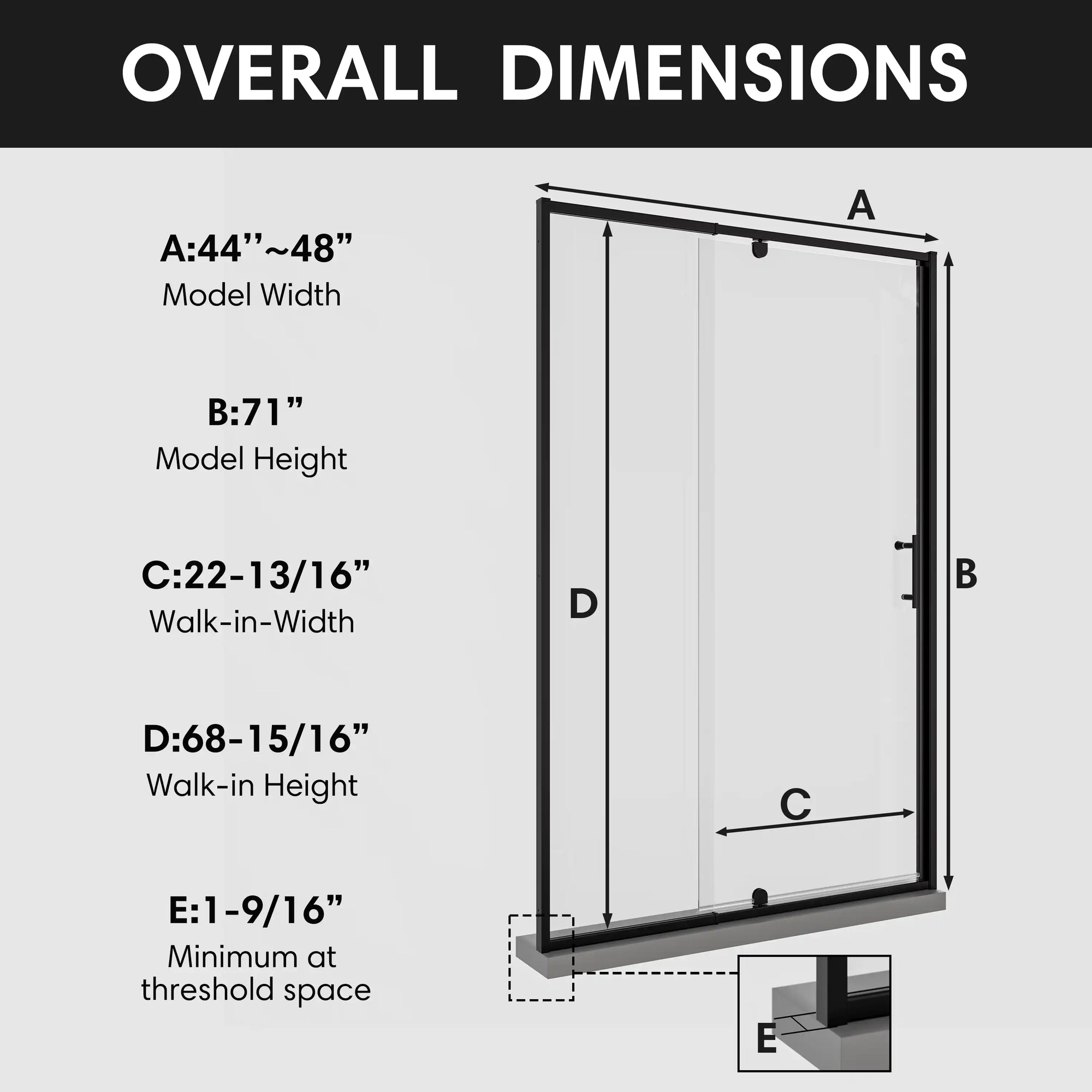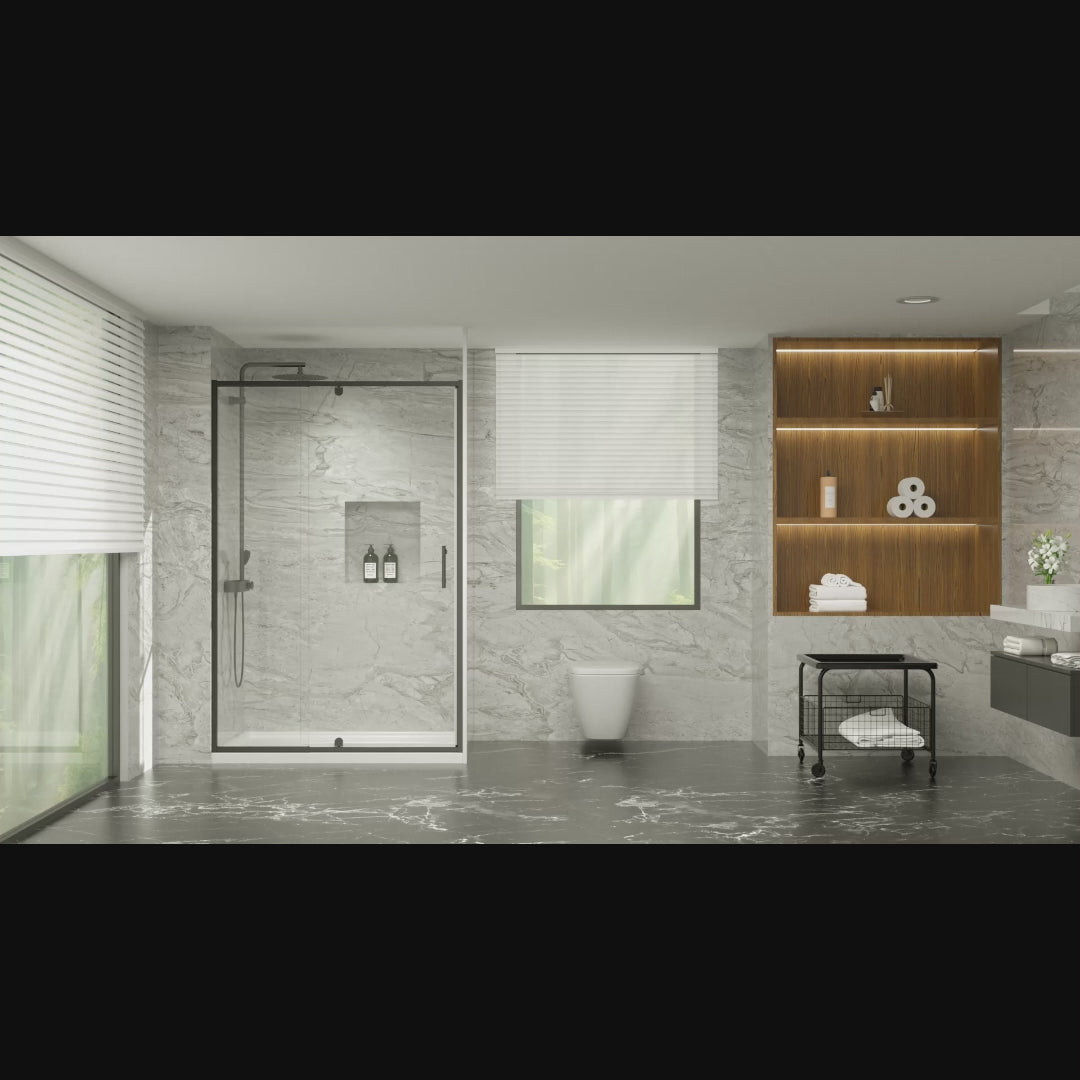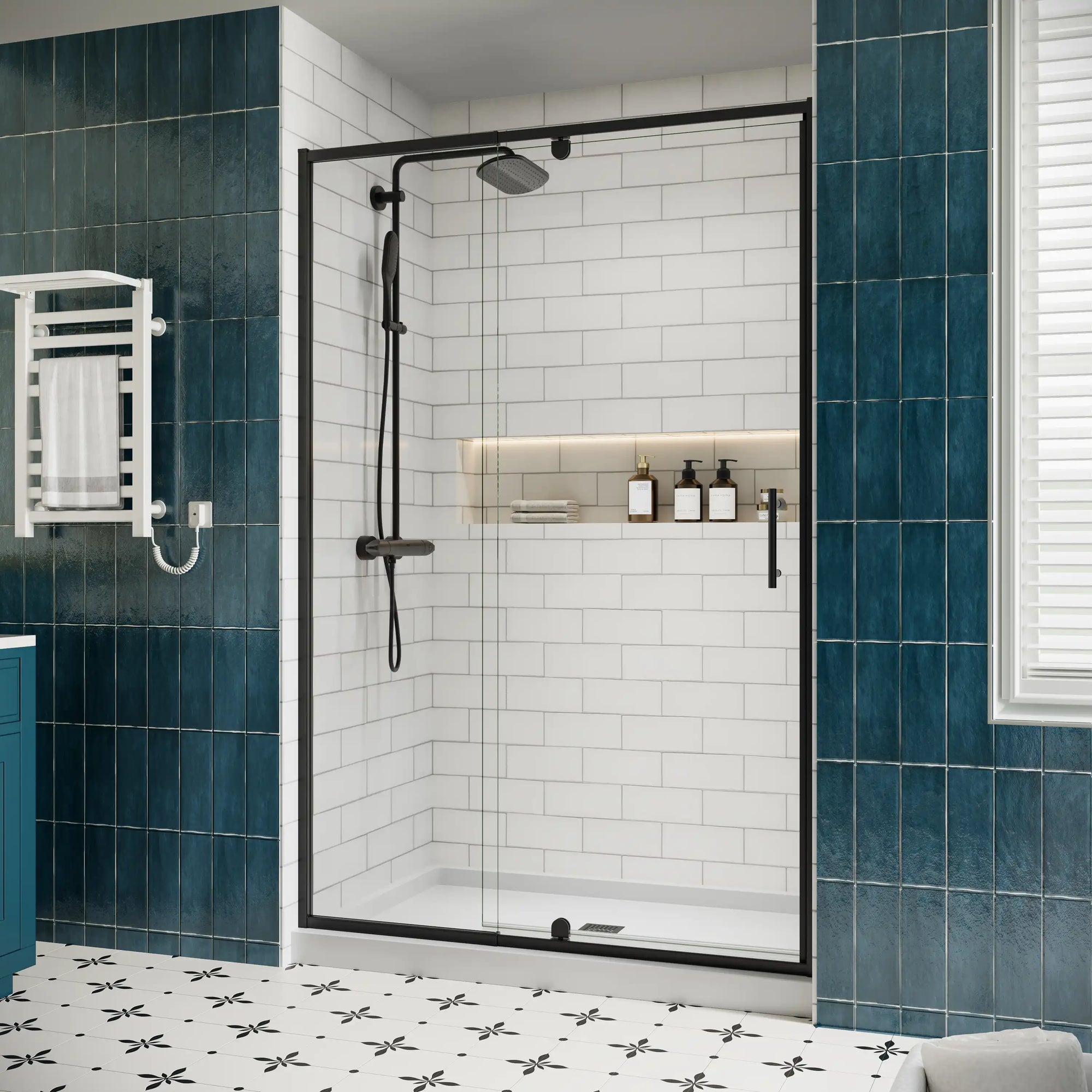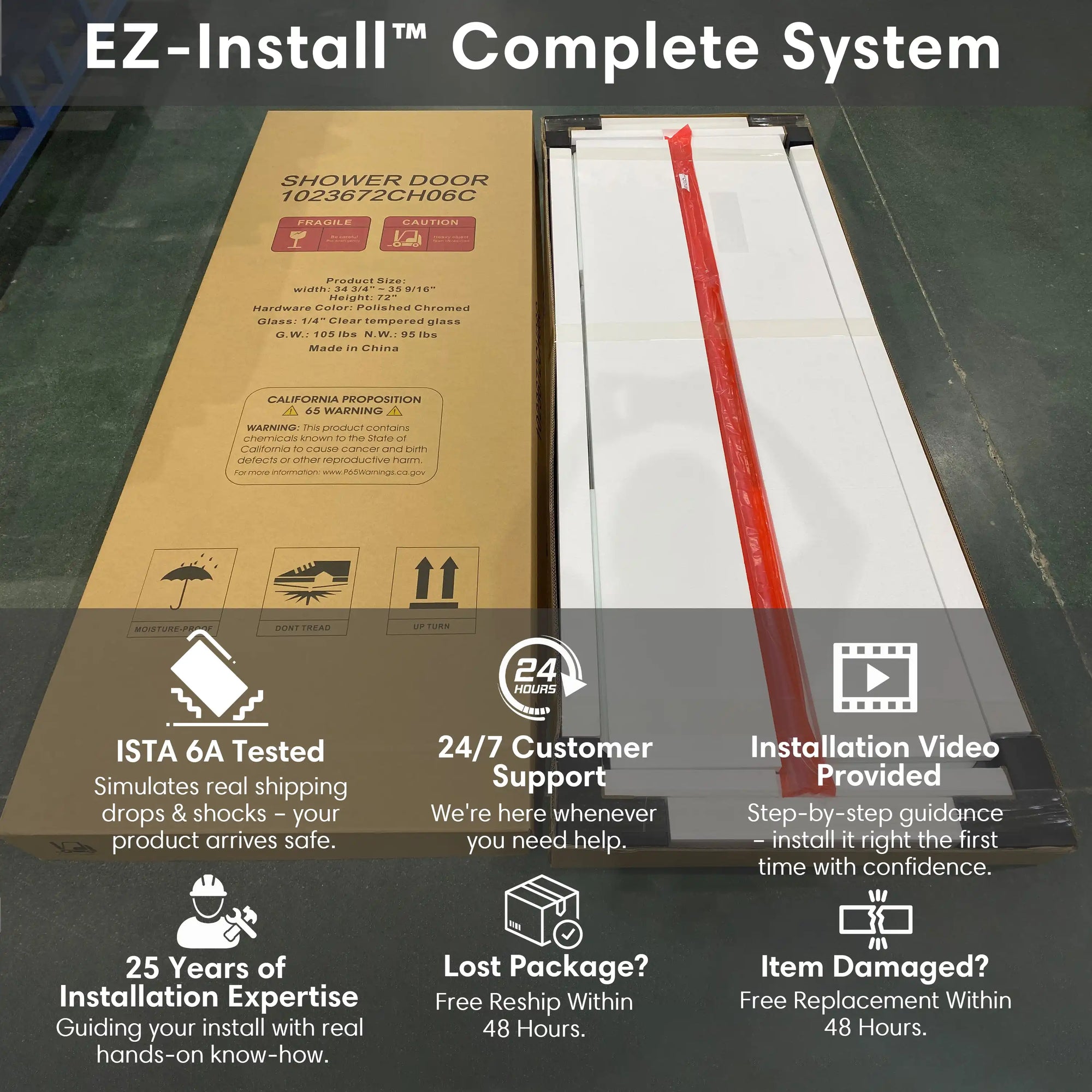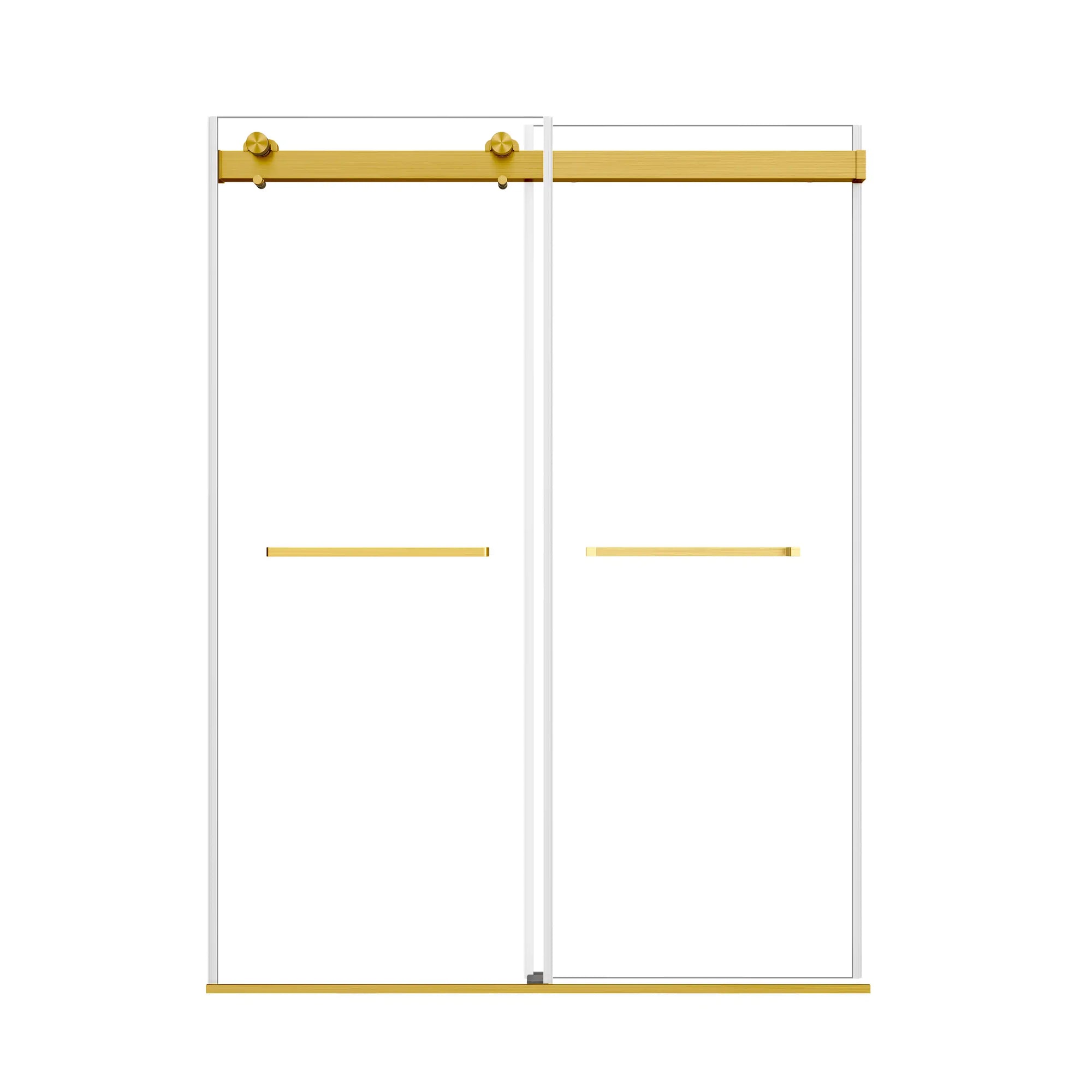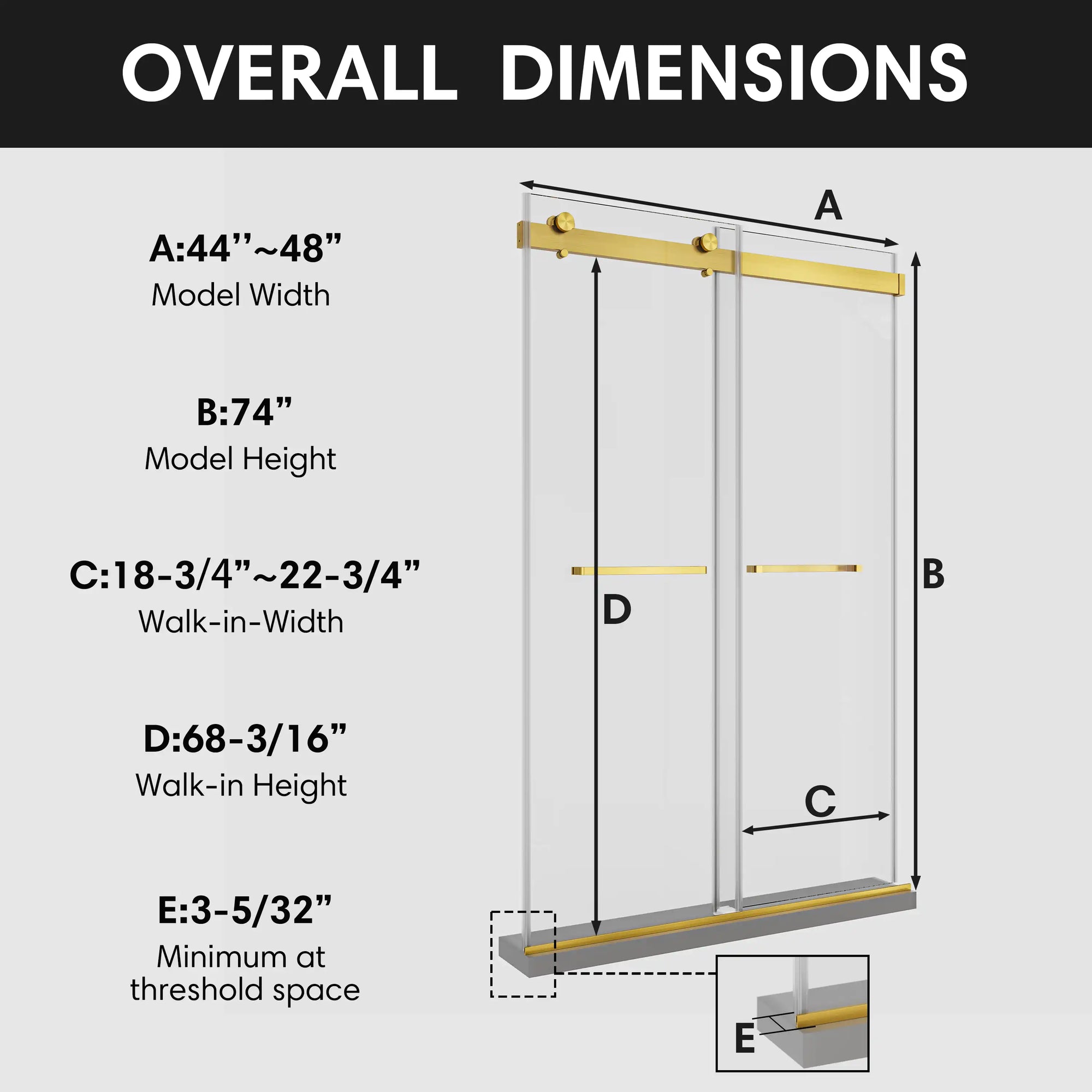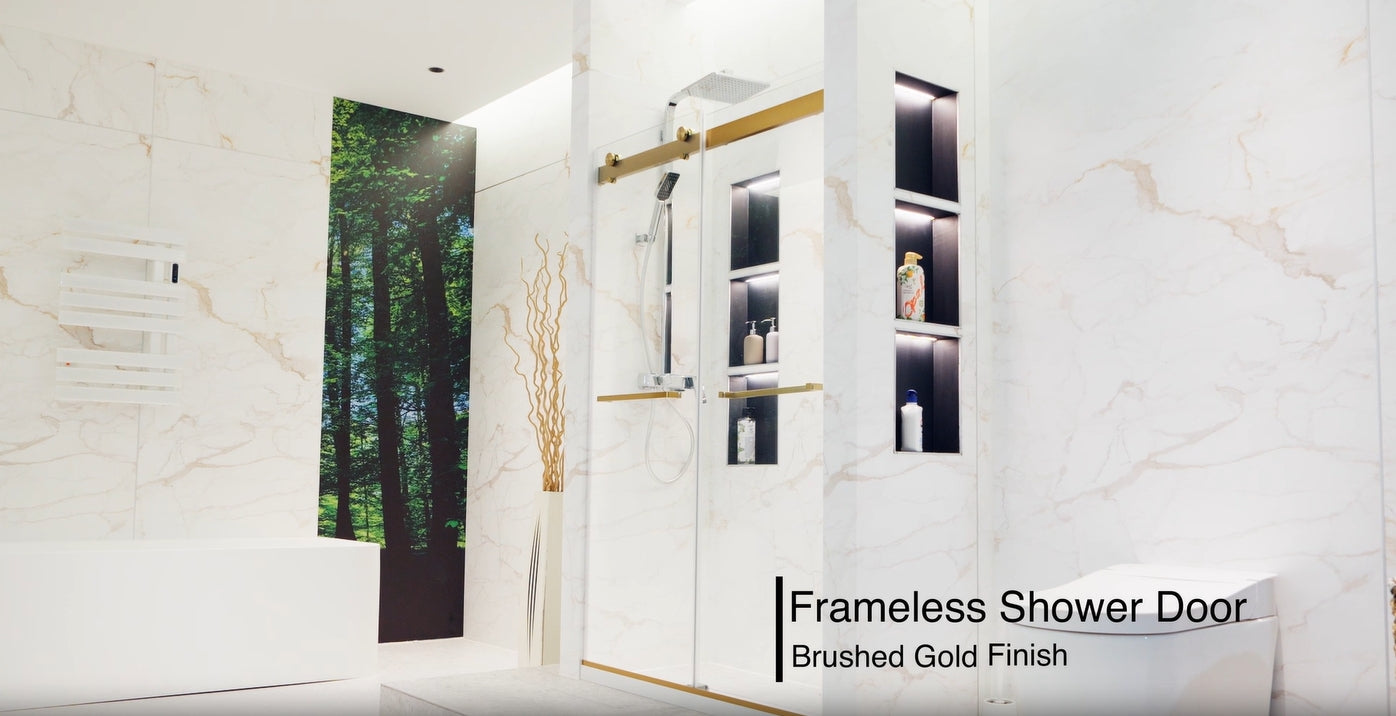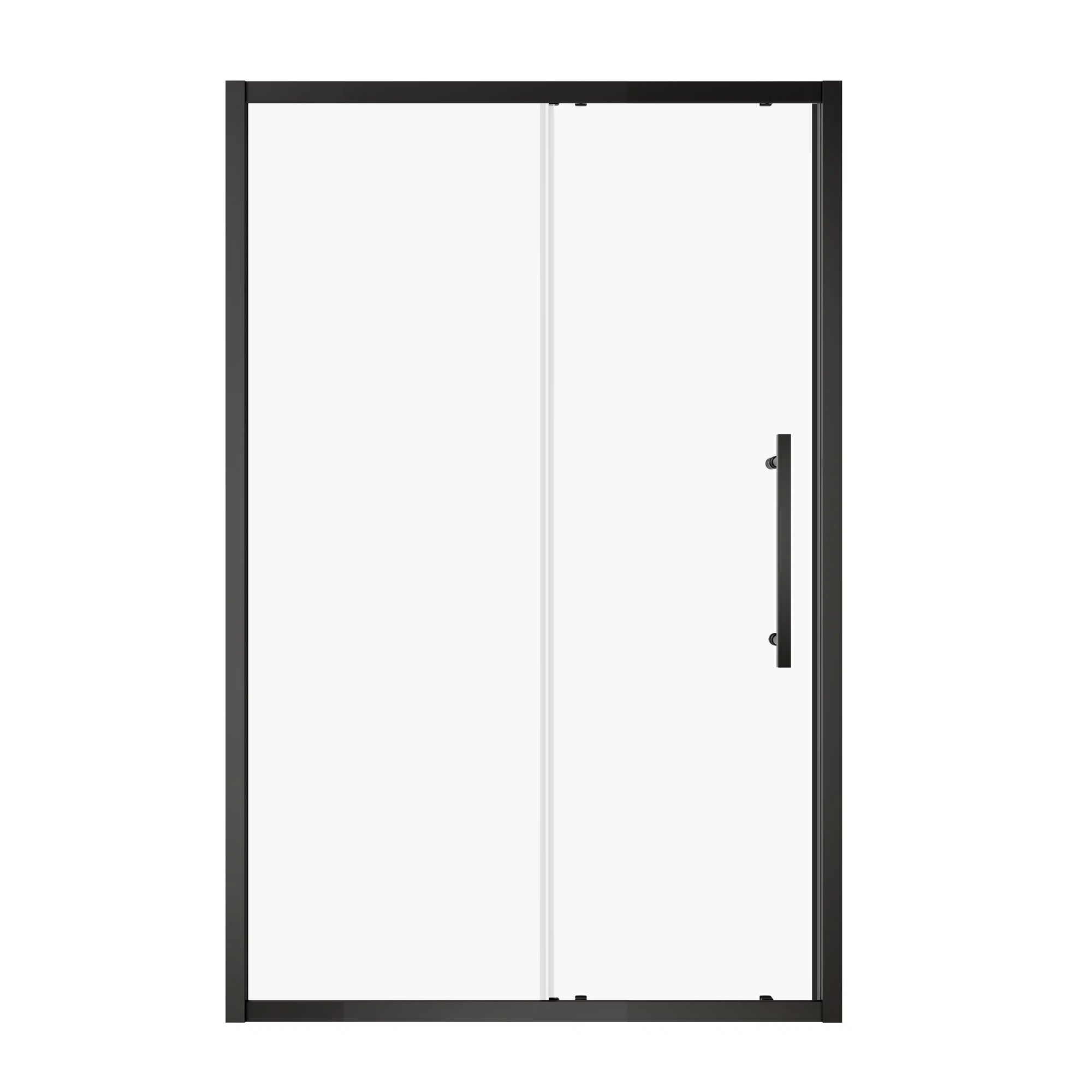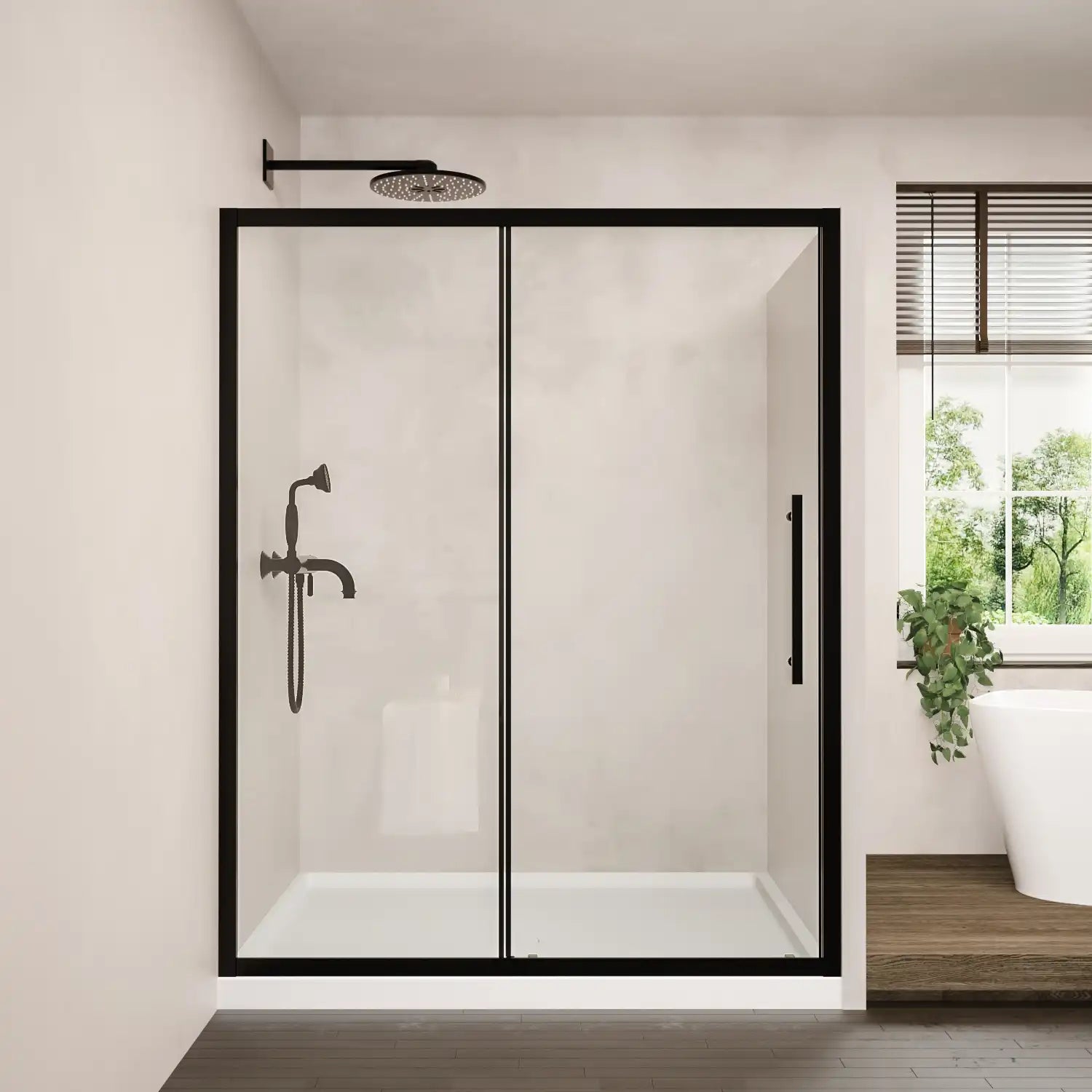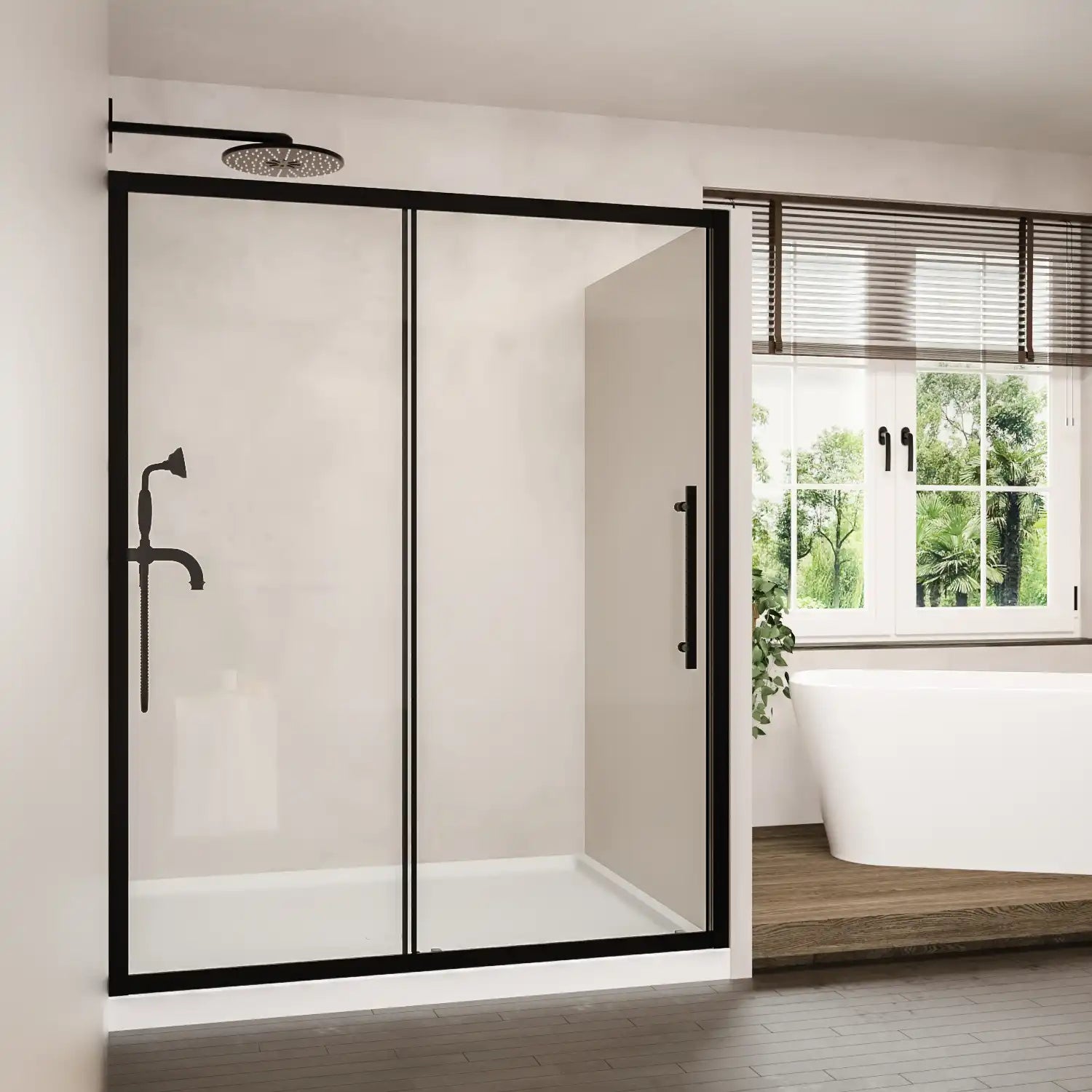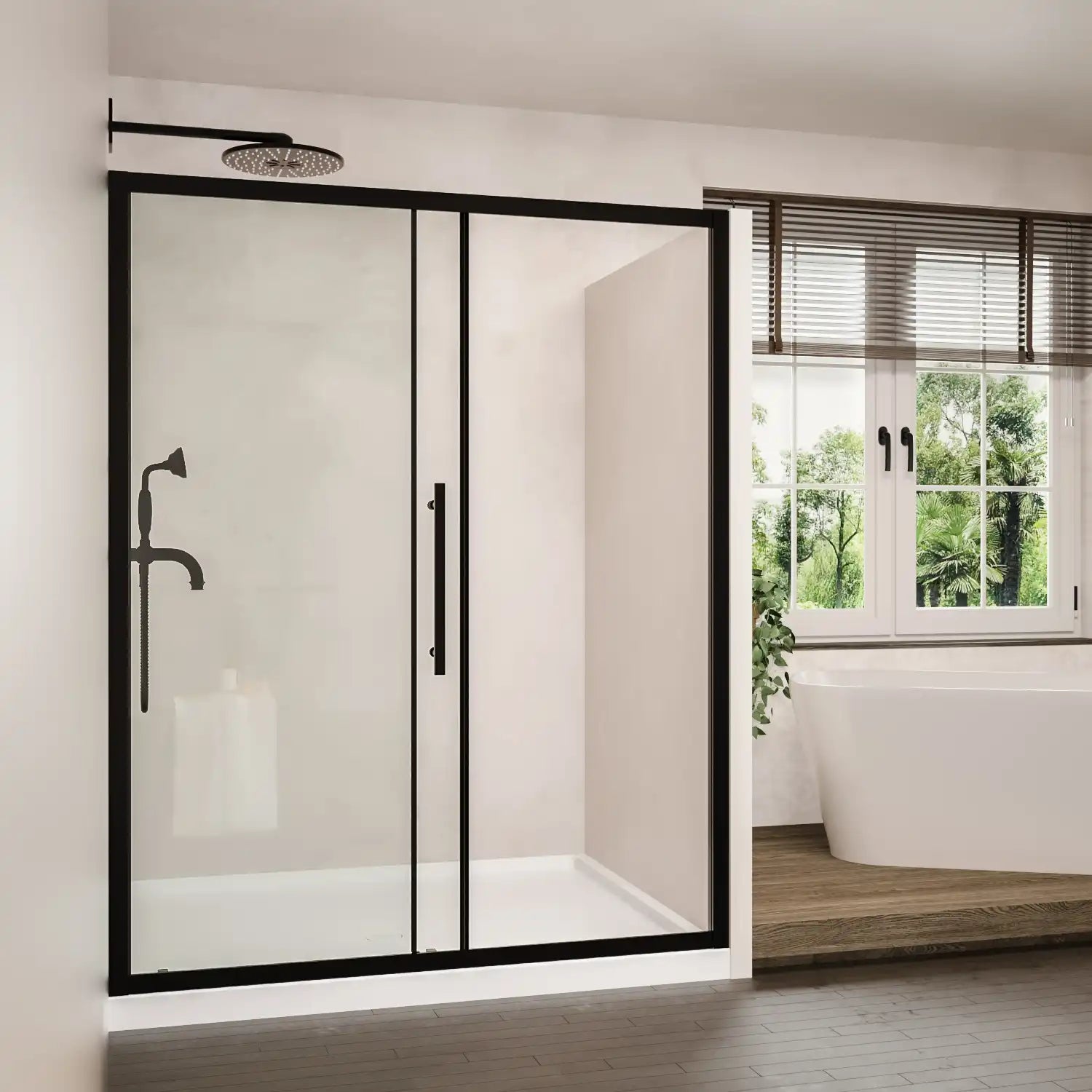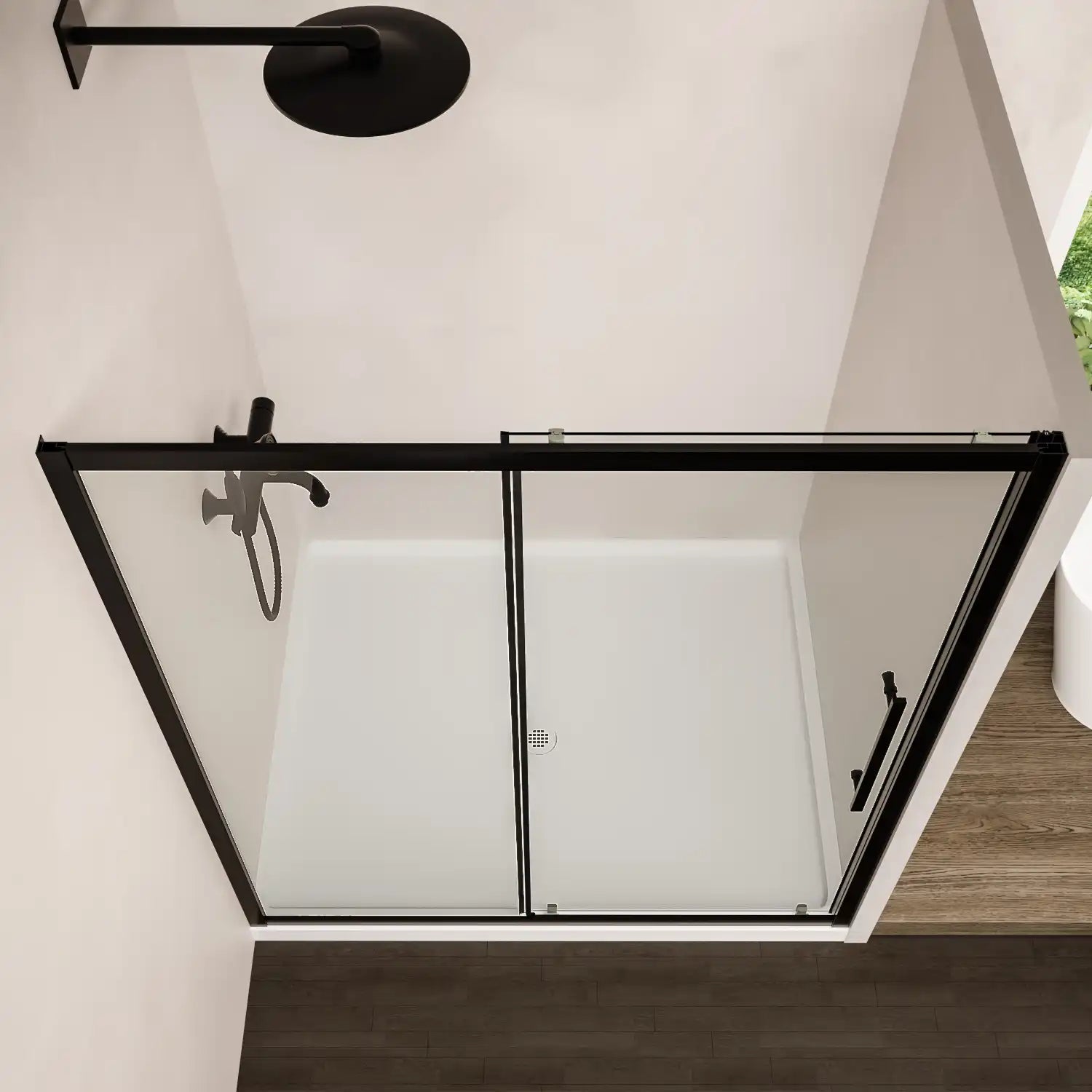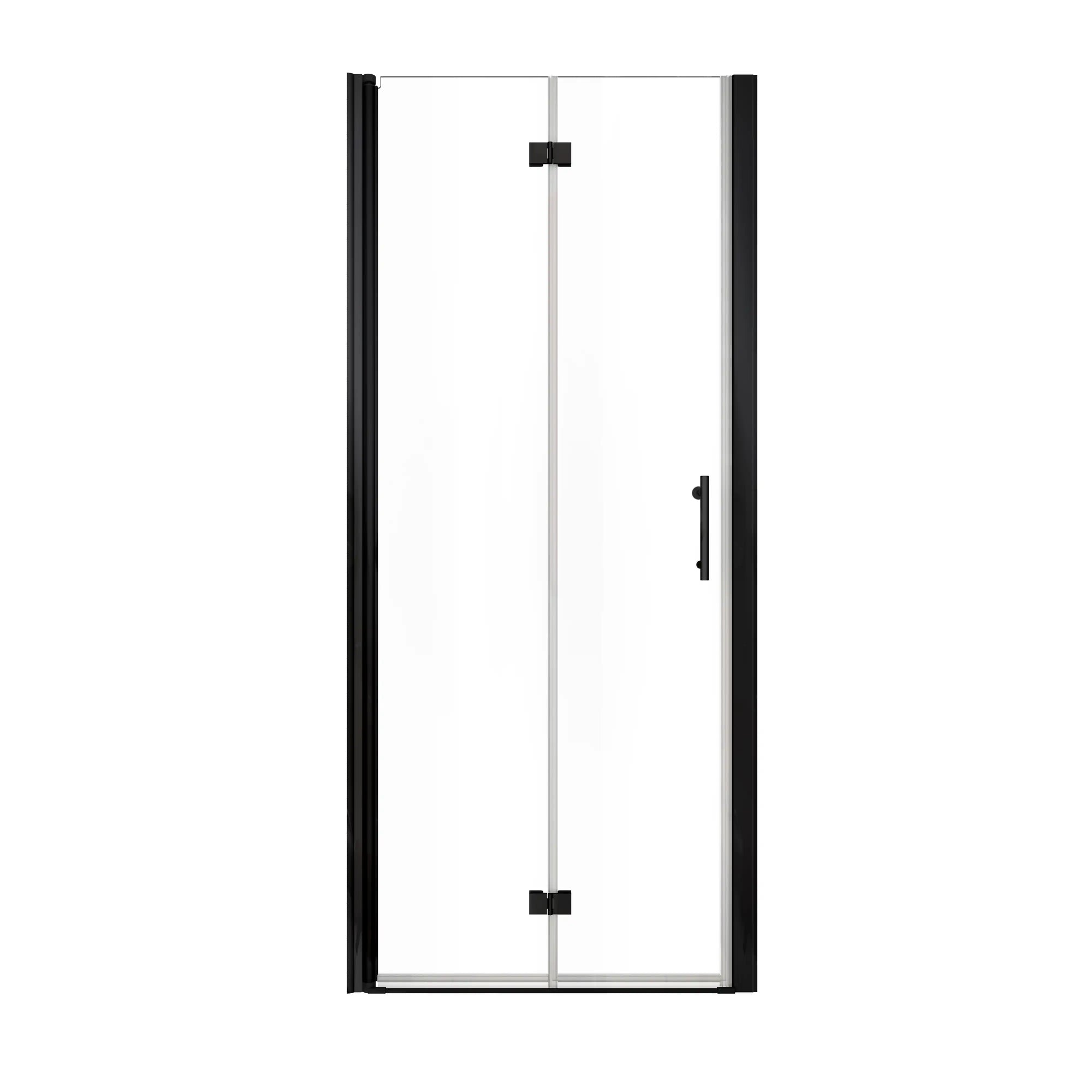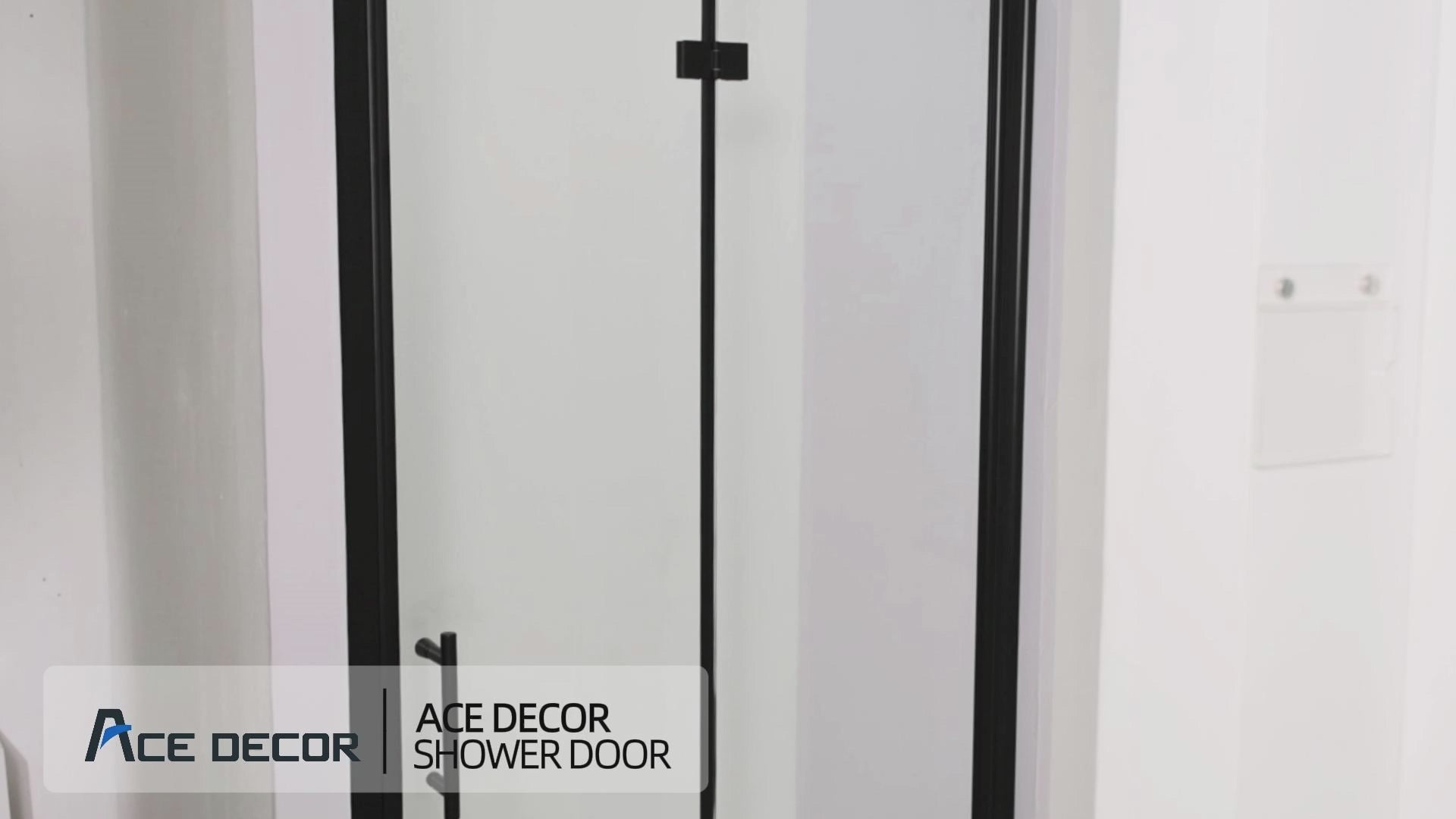Introduction: What Is a Shower Enclosure and Why It Matters
When remodeling or designing a bathroom, one of the most important decisions homeowners face is whether to choose a traditional shower or opt for a shower enclosure. While both options serve the primary purpose of providing a space for bathing, the differences in terms of design, functionality, and benefits are worth exploring. Understanding what a shower enclosure is, and how it differs from a traditional shower setup, can help you make the best choice for your space and lifestyle.
In this article, we’ll delve into the key features and benefits of shower enclosures and how they compare to a simple shower. We’ll also discuss why a shower enclosure might be the ideal choice for your bathroom, whether you're renovating or designing a new space from scratch.
What Is a Shower Enclosure? Key Features and Components

A shower enclosure is a self-contained shower unit that includes walls, a door, and often a base, all designed to confine water within a specific area. This creates a more enclosed, private, and often visually appealing shower space compared to traditional open showers or shower curtains.
Key Components of a Shower Enclosure
Key components of a shower enclosure typically include:
- Glass Panels or Screens: The most common material for the walls of an enclosure is clear or frosted glass, which allows light to enter while providing privacy.
- Shower Door: Enclosures almost always come with a door, which can be hinged, sliding, or bi-fold depending on the available space.
- Shower Tray or Base: Unlike traditional showers where water flows directly onto the floor, enclosures typically include a raised shower base that ensures proper drainage and prevents water from spilling onto the floor.
Other design features may include built-in shelving, LED lighting, and various high-tech options such as smart shower systems and temperature controls.
What Is the Difference Between a Shower and a Shower Enclosure?

While both a traditional shower and a shower enclosure provide the same basic function — bathing — there are distinct differences that affect the overall experience. Here, we compare the two to help you understand which might be the better option for your bathroom.
Space and Layout
Traditional Shower
A traditional shower typically involves a showerhead and fixtures installed in a corner or along a wall, with a shower curtain or screen to keep the water contained. The lack of a full enclosure means there may be less privacy and water control.
Shower Enclosure
Enclosures provide a fully enclosed space, which is beneficial in preventing water from splashing outside the designated area. They are often customizable, allowing homeowners to choose sizes, shapes, and configurations that fit their bathroom layout. Whether you have a corner shower, a walk-in, or a more spacious shower room, enclosures are ideal for maximizing space.
Aesthetic Appeal
Traditional Shower
While functional, traditional showers may not offer the same visual appeal, especially if using a shower curtain. Shower curtains can look dated and may not be as attractive as other bathroom features.
Shower Enclosure
A shower enclosure, on the other hand, can significantly enhance the aesthetics of your bathroom. The clean lines of glass enclosures lend a modern, sophisticated look, making it easier to complement other design elements in the room. Additionally, enclosures can add a sense of openness, especially in smaller bathrooms, by using transparent materials like glass to visually expand the space.
Water Containment and Cleanliness
Traditional Shower
One of the biggest drawbacks of traditional showers is water containment. Even with a shower curtain, water often escapes onto the floor, leading to puddles and a potential mess. Over time, this can also cause issues with mold and mildew in areas that aren’t properly dried.
Shower Enclosure
With a shower enclosure, water is contained within the designated space, reducing the chance of spills and water damage to the surrounding areas. The enclosed design also makes cleaning easier, as most enclosures are built with smooth surfaces that can be wiped down quickly. Furthermore, many shower enclosures are made of materials that resist water spots and stains, ensuring a cleaner appearance over time.
Durability and Maintenance
Traditional Shower
Traditional showers may require more frequent maintenance, especially if using shower curtains. They are prone to damage from water buildup, and fabric curtains may require frequent washing to avoid mold and mildew.
Shower Enclosure
Shower enclosures, particularly those made from high-quality materials like tempered glass and acrylic, tend to be more durable and require less upkeep. With proper sealing and occasional cleaning, your enclosure will maintain its appearance for years, offering a long-term investment in your bathroom's functionality and aesthetics.
Why a Shower Enclosure Might Be the Right Choice for Your Bathroom

Now that we've compared the key differences, let’s explore why a shower enclosure might be the best choice for your bathroom:
1. Space Efficiency
Shower enclosures make excellent use of available space, particularly in smaller bathrooms where every square inch counts. By fitting snugly into corners or against walls, they offer more usable space than traditional setups. The clean and contained design ensures that even the smallest bathrooms can look organized and stylish without feeling cramped. If you have a corner or a small alcove, a shower enclosure will help you utilize the space efficiently.
2. Modern Look and Style
If you're aiming for a contemporary bathroom design, a shower enclosure is an ideal choice. Its sleek, clean lines and high-end materials (e.g., glass or acrylic) can elevate the entire look of your bathroom. Modern enclosures often come in frameless designs that provide an open and airy feel, contributing to a luxurious and spa-like atmosphere. Whether you're remodeling or building a new home, incorporating a shower enclosure can add sophistication and style to your bathroom.
3. Better Water Management and Hygiene
Shower enclosures provide superior water containment. Unlike traditional setups where water can escape through gaps in the curtain, enclosures are fully enclosed, preventing splashing and water leakage onto the bathroom floor. This is particularly beneficial for maintaining a cleaner and dryer bathroom. For households with children or elderly members, an enclosure can also be safer, as it prevents water from splashing onto potentially slippery floors.
4. Increased Home Value
A well-designed shower enclosure can increase the overall value of your home. Potential buyers often look for modern, functional features in bathrooms, and a shower enclosure can serve as a strong selling point. It's an investment that improves both the aesthetics and functionality of your home. If you're planning to sell your property in the near future, installing a shower enclosure could provide a good return on investment.
5. Ease of Cleaning and Maintenance
One of the major benefits of a shower enclosure is its ease of cleaning. Unlike fabric shower curtains, which require frequent washing and can accumulate mildew, shower enclosures are built from materials like glass or acrylic that are easy to wipe down. Many shower enclosures also have coatings that help reduce water spots and soap scum buildup, making maintenance even easier. If you're looking for a low-maintenance option that keeps your bathroom looking pristine, a shower enclosure is the way to go.
6. Customization Options
Shower enclosures come in a wide variety of sizes, styles, and configurations, which means they can be customized to fit the specific layout and design of your bathroom. Whether you need a corner unit, a walk-in enclosure, or a more spacious shower room, there are options available to suit your needs. You can also choose from different types of glass (clear, frosted, etched) and door mechanisms (sliding, hinged, bi-fold), allowing you to create a look that complements your bathroom decor.
Conclusion: Which Option Is Best for Your Bathroom?
In summary, both traditional showers and shower enclosures offer unique advantages, but the latter provides a range of benefits that make it a preferred option for many homeowners. If you value design flexibility, better water containment, and long-term durability, a shower enclosure is likely the right choice for you.
When considering which option to choose for your bathroom, think about the layout, style, and functionality that best suit your needs. Shower enclosures excel in offering space-saving design, modern aesthetics, and practical benefits like improved water management and easy cleaning. For homeowners with a taste for luxury and convenience, a shower enclosure is often the best choice.
Whether you're upgrading your existing shower or installing one in a new bathroom, a shower enclosure can bring a touch of luxury and practicality to your home. It's not just about having a place to shower — it's about enhancing your bathroom experience.

FAQ
1. What’s the difference between a shower enclosure and a shower cubicle?
A shower cubicle is essentially a smaller, more compact version of a shower enclosure. While they both provide enclosed spaces for showering, cubicles tend to be smaller and more basic, whereas enclosures offer more flexibility in design and space.
2. Can I install a shower enclosure myself?
While some shower enclosures are designed for DIY installation, it’s always best to hire a professional to ensure proper installation, especially when it comes to sealing and water containment.
3. Are shower enclosures suitable for small bathrooms?
Yes, shower enclosures are ideal for small bathrooms because they make efficient use of limited space while providing a sleek and modern design. Many enclosures come in corner or bi-fold styles that are perfect for tight spaces.
4. How do I maintain a shower enclosure?
To keep your shower enclosure looking its best, clean it regularly with non-abrasive cleaners. Wipe down the glass after each use to prevent water spots and mold buildup. Ensure the seals are intact to maintain its water-resistant properties.

